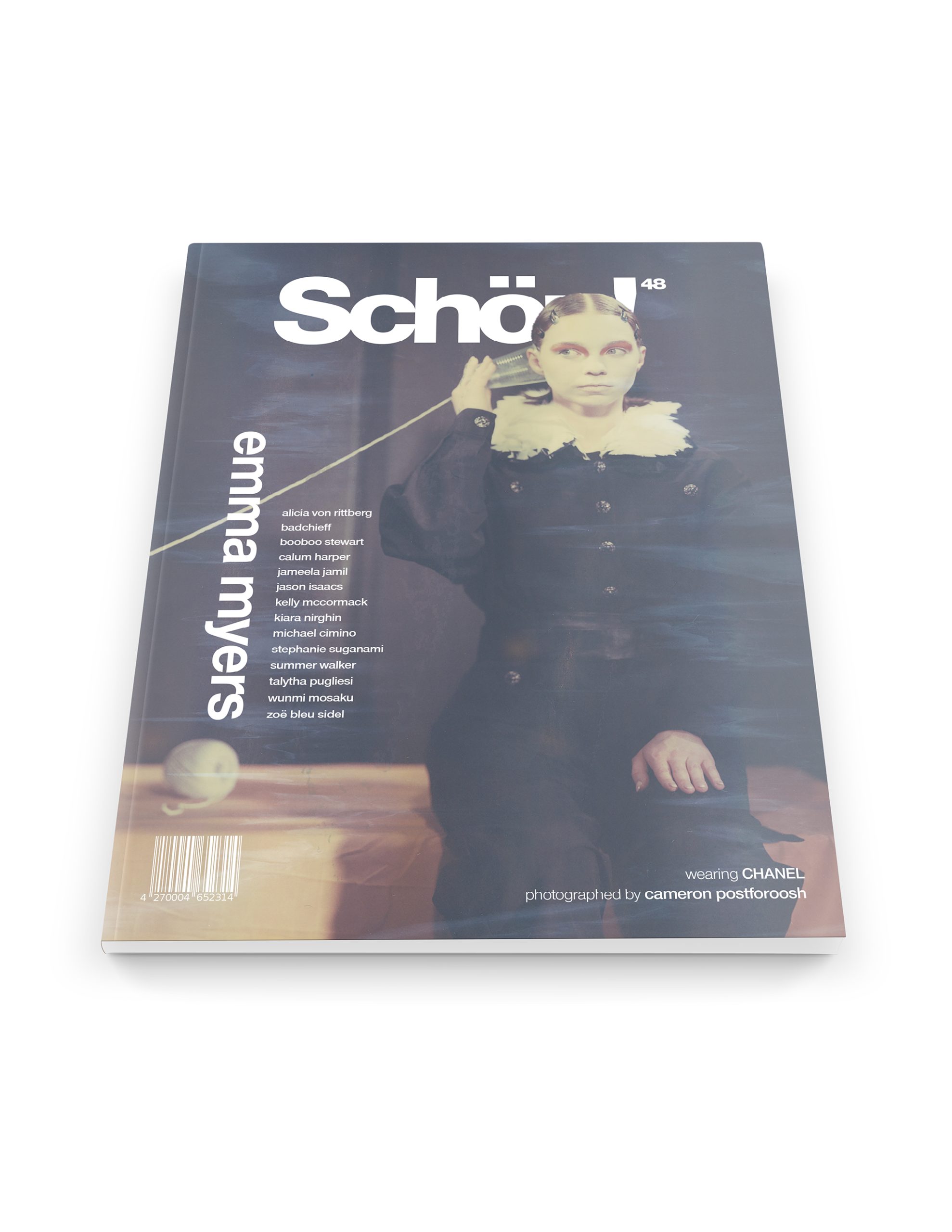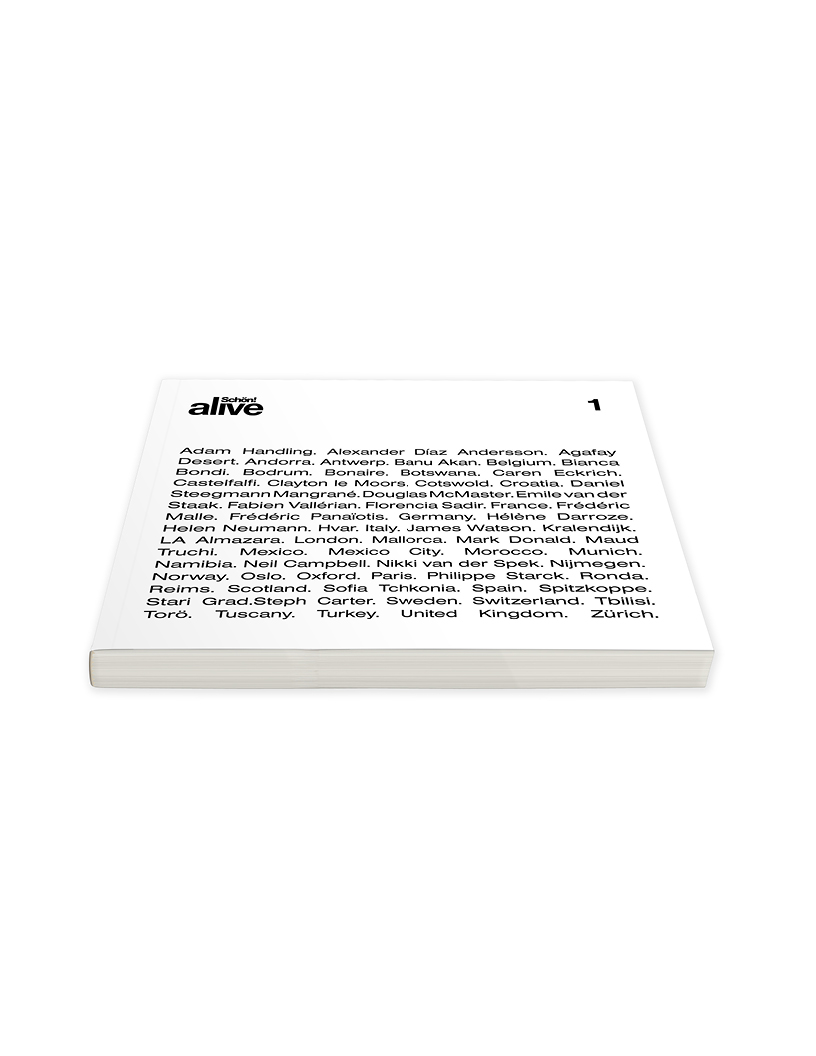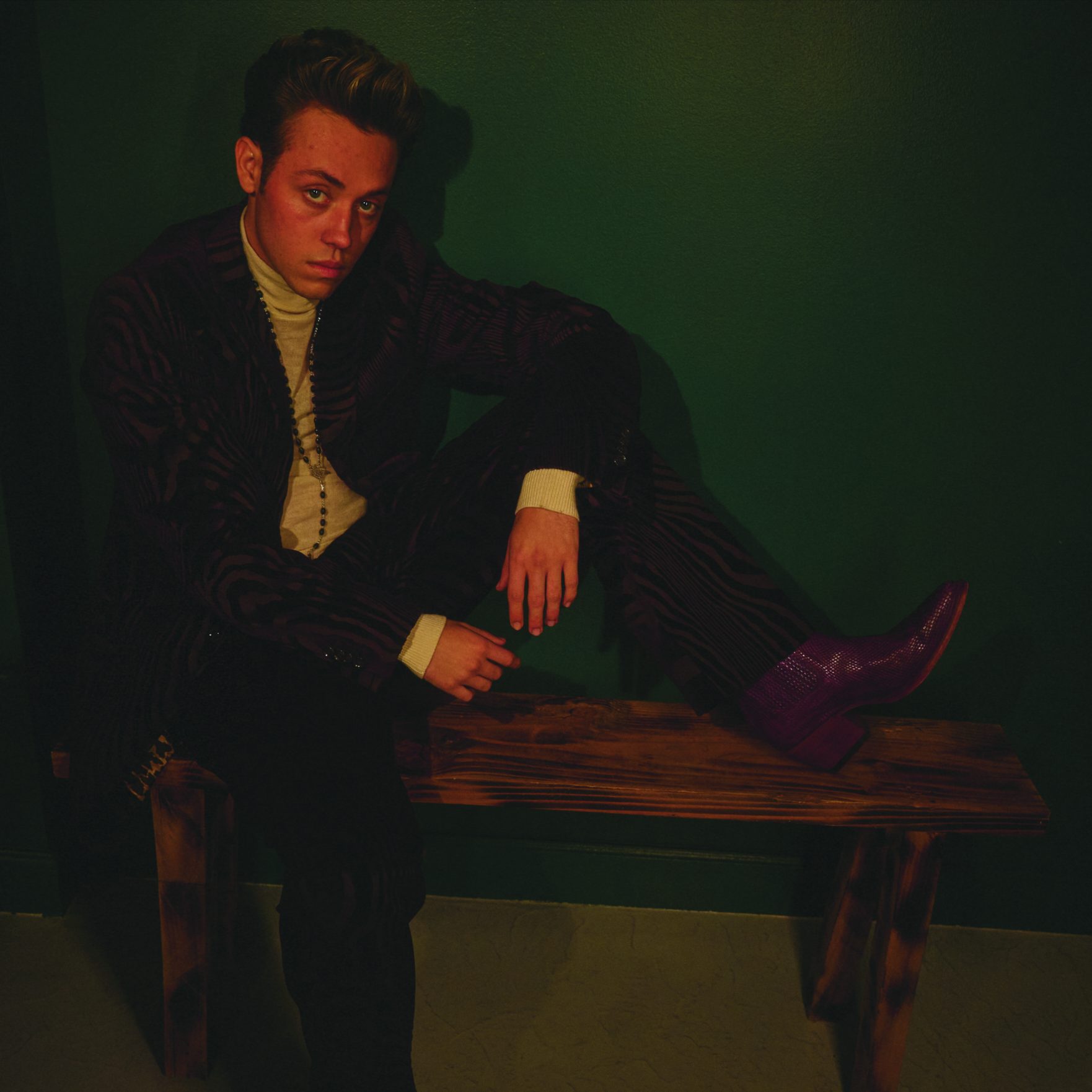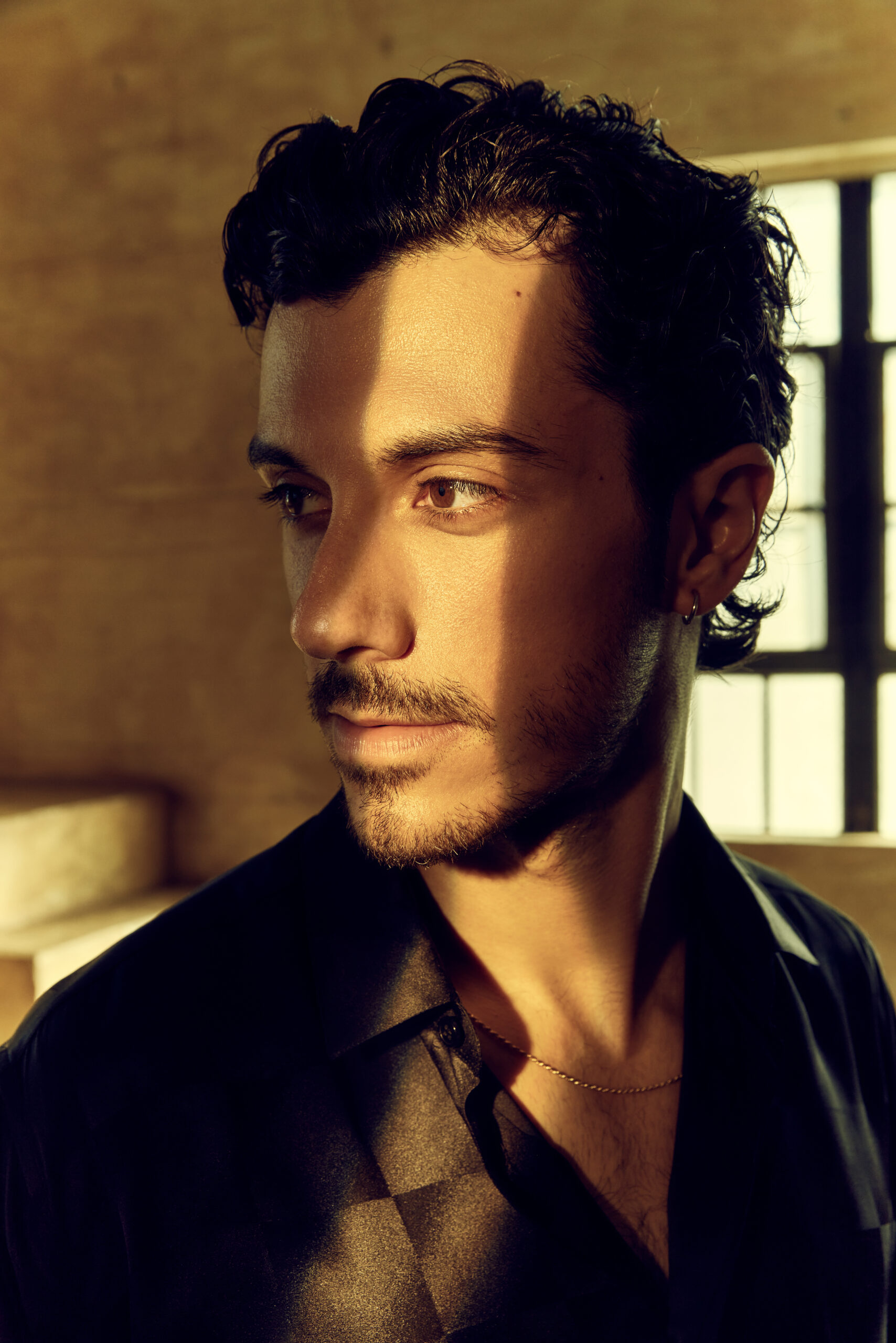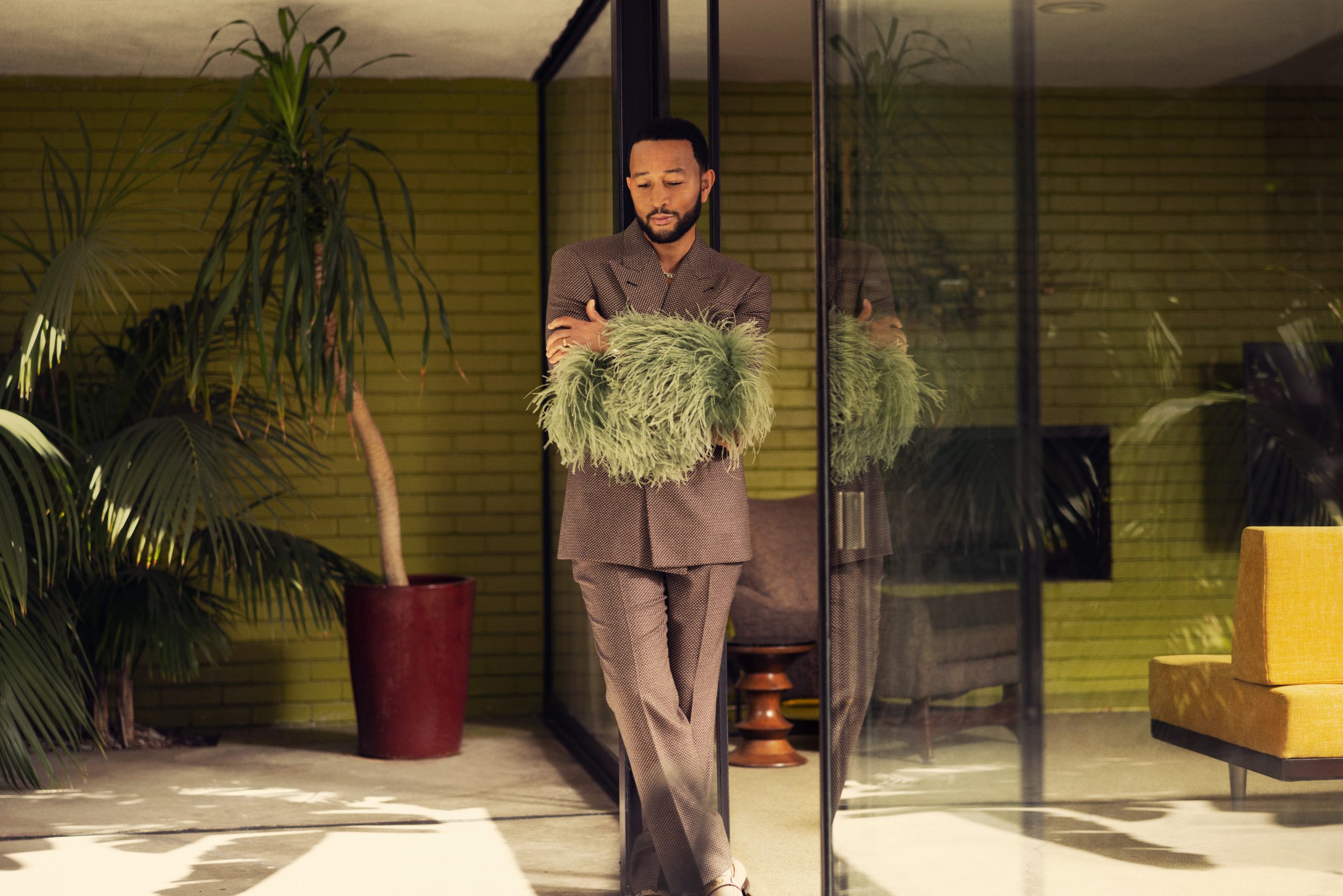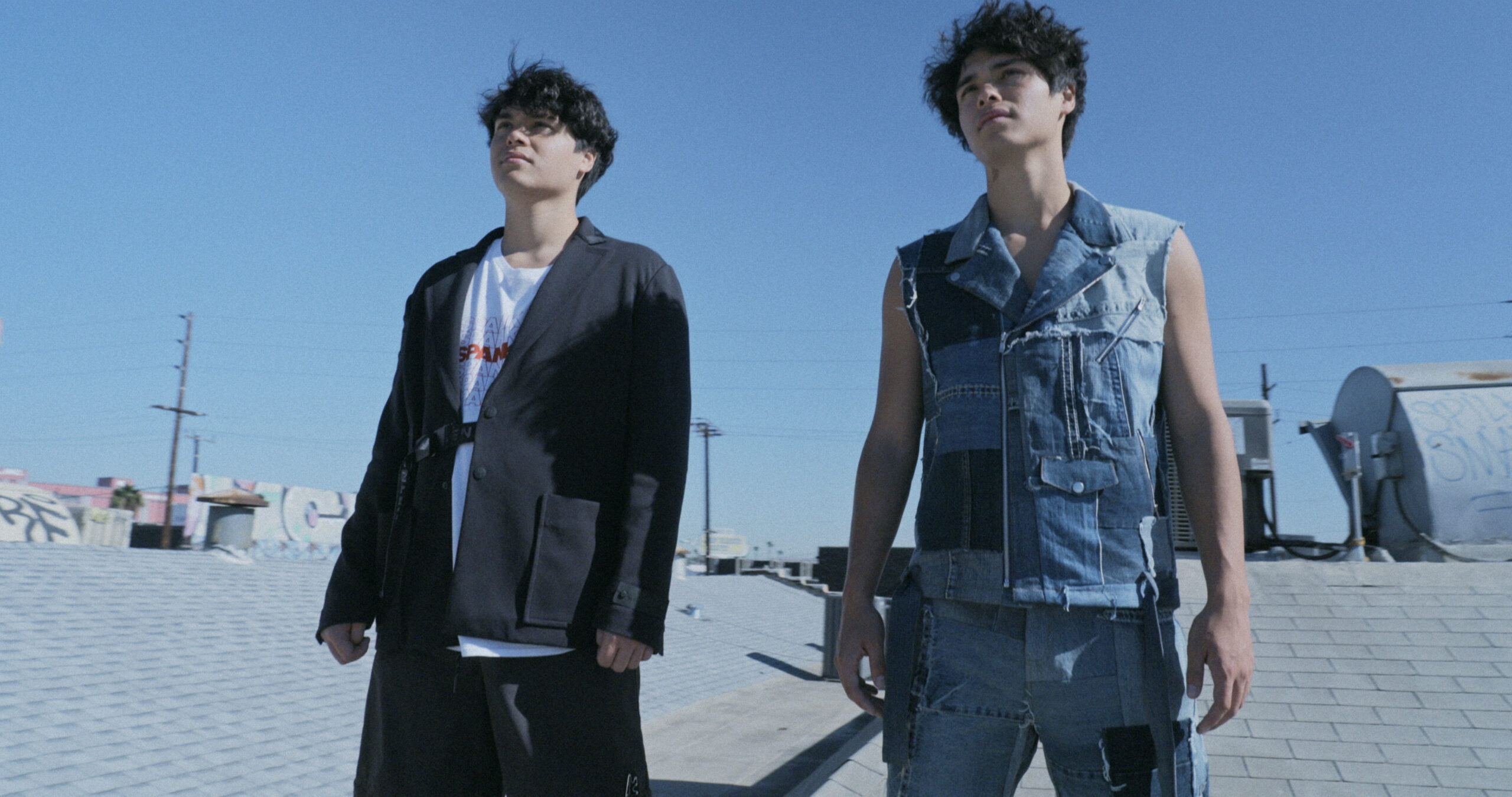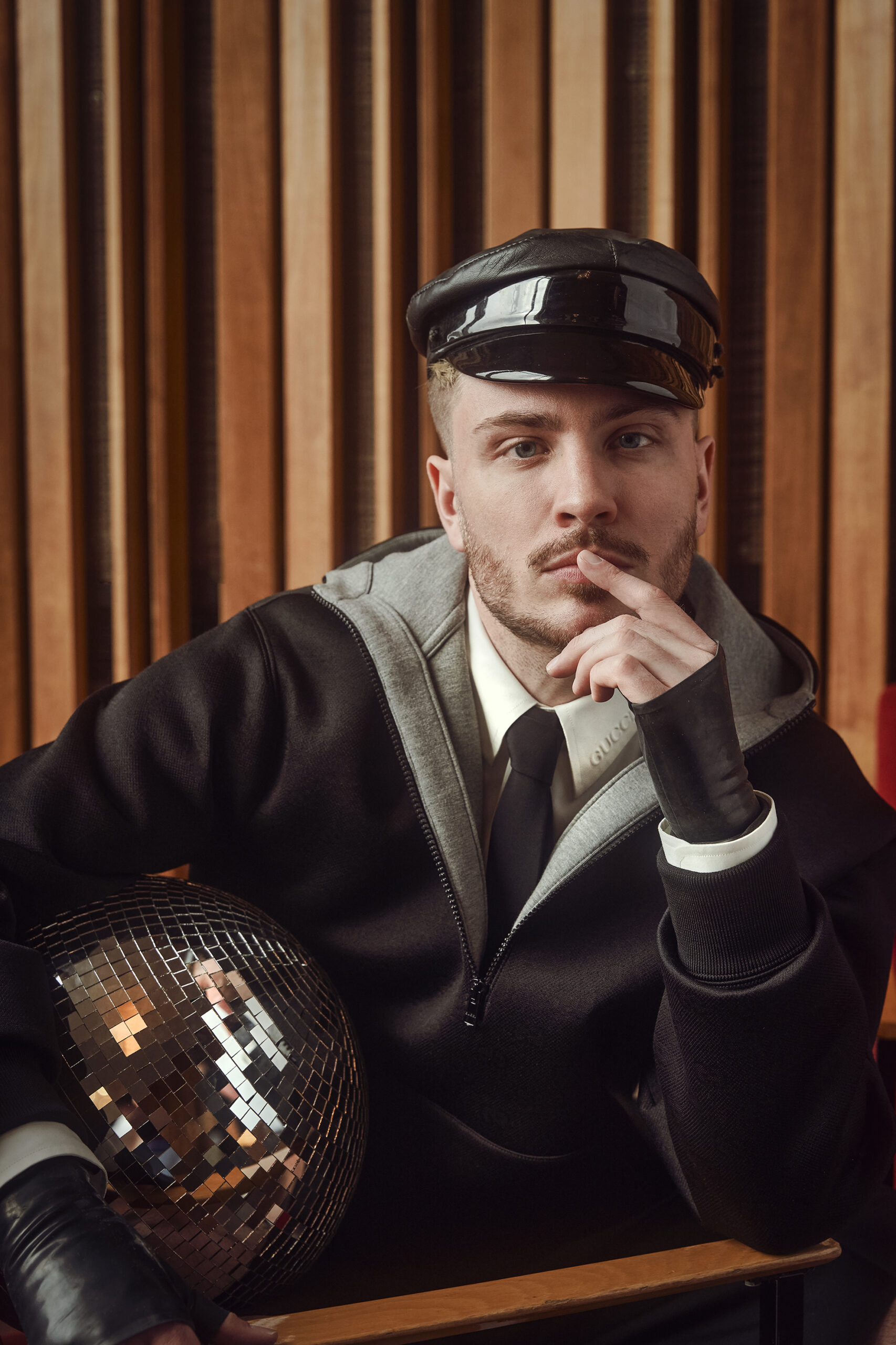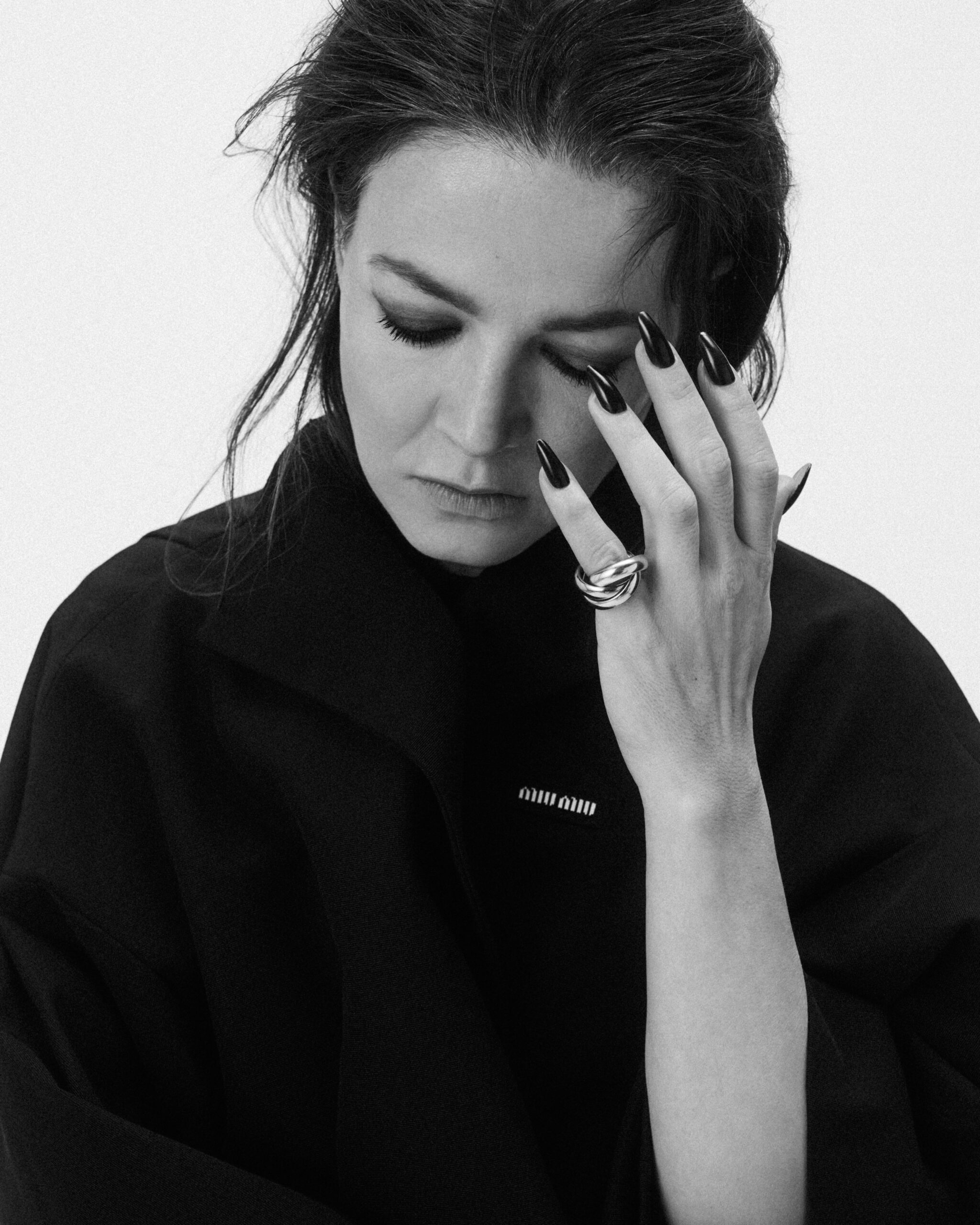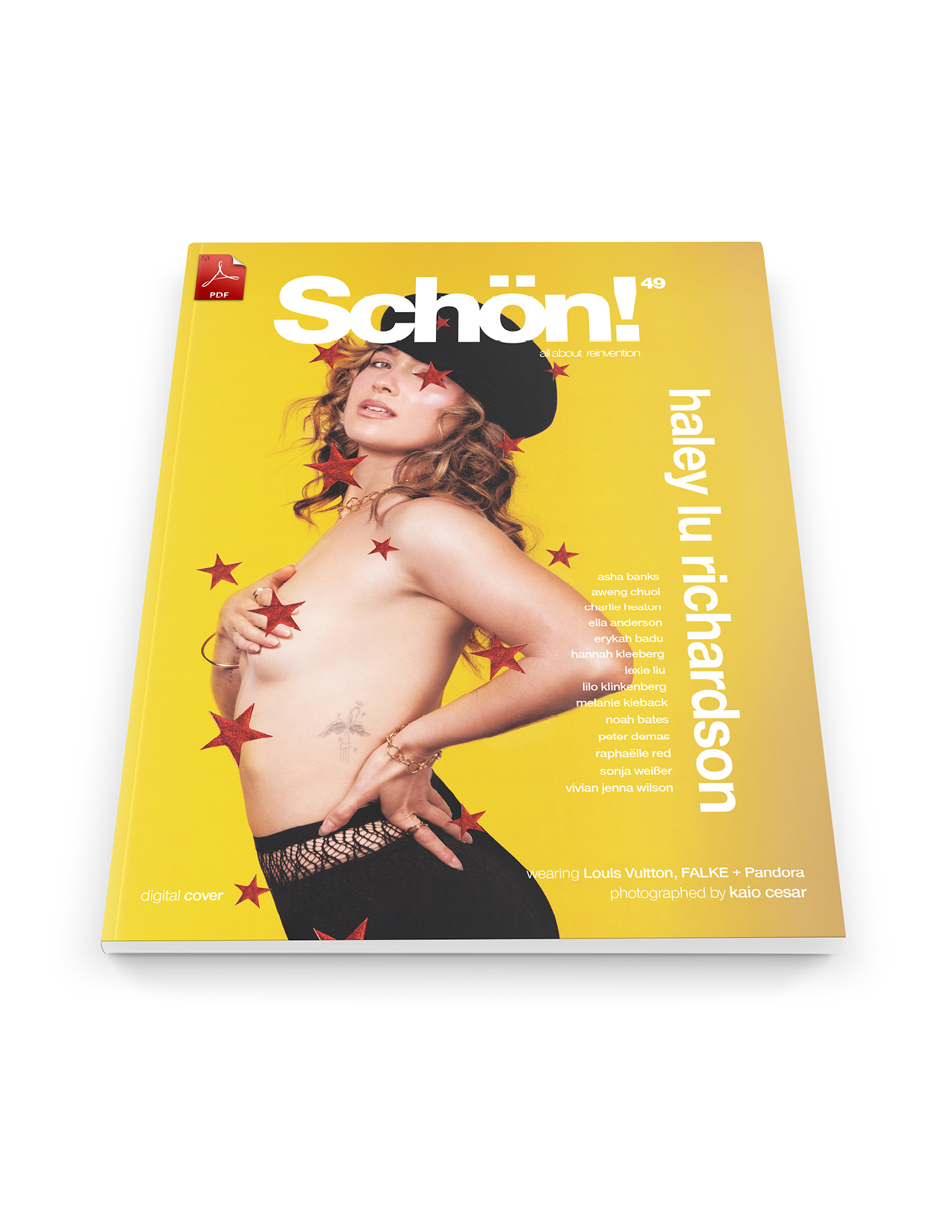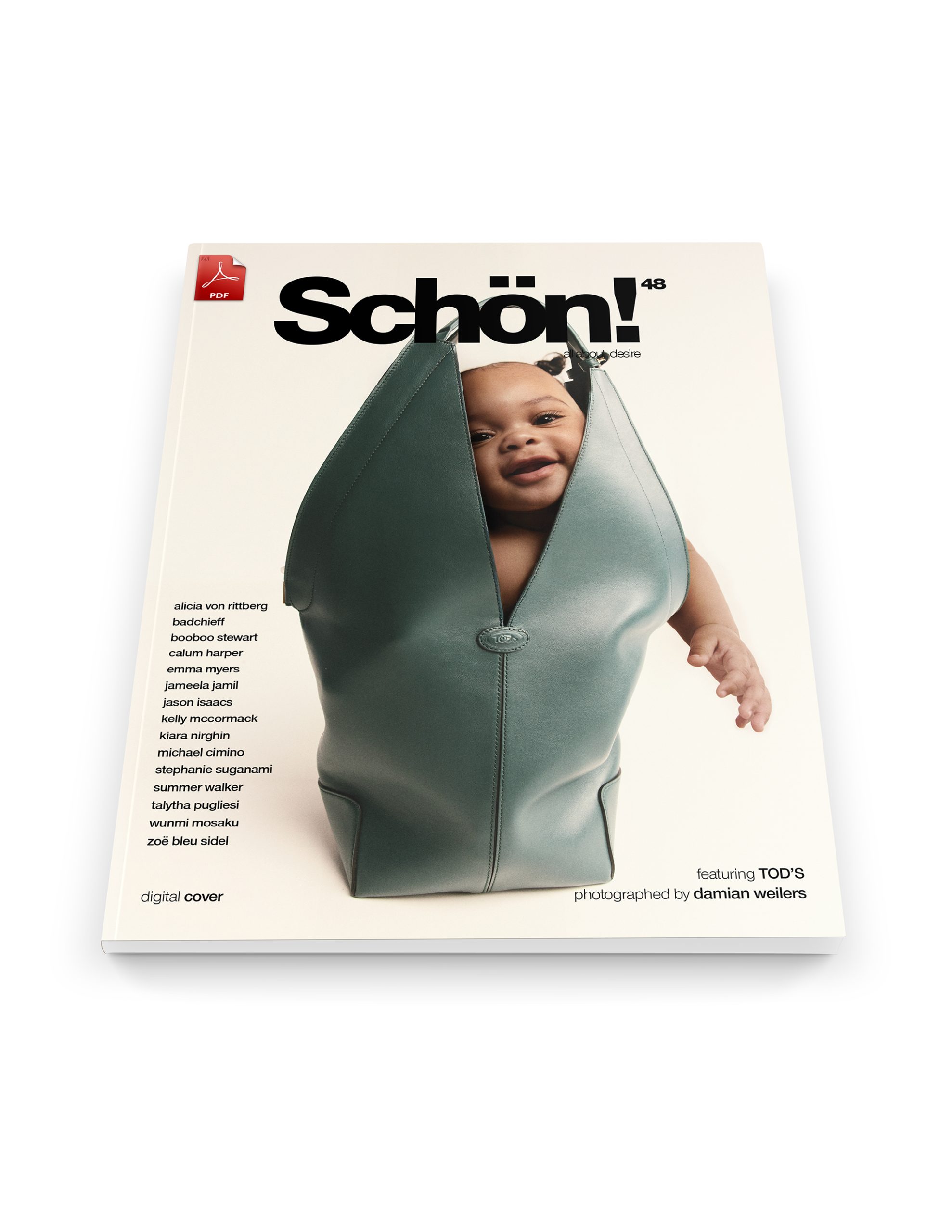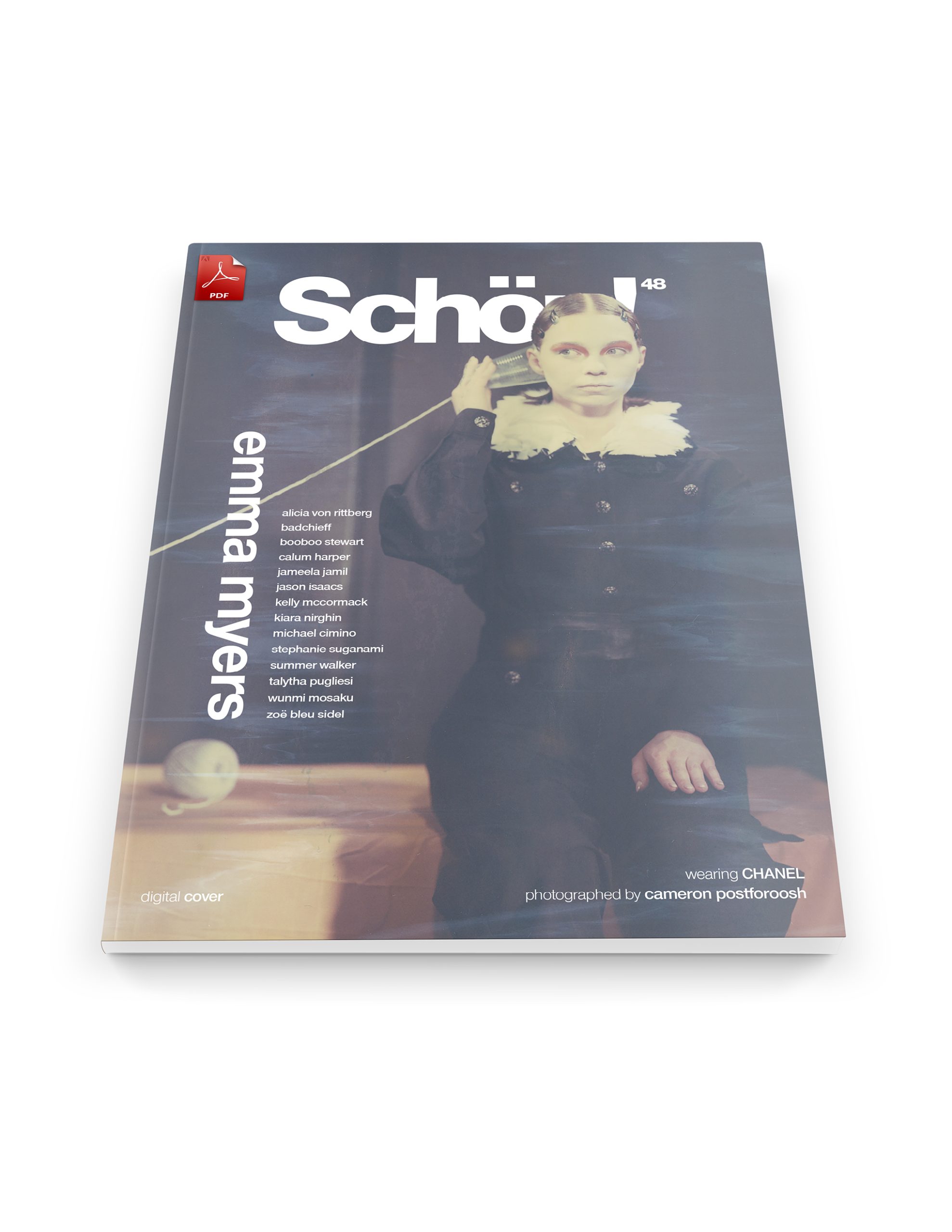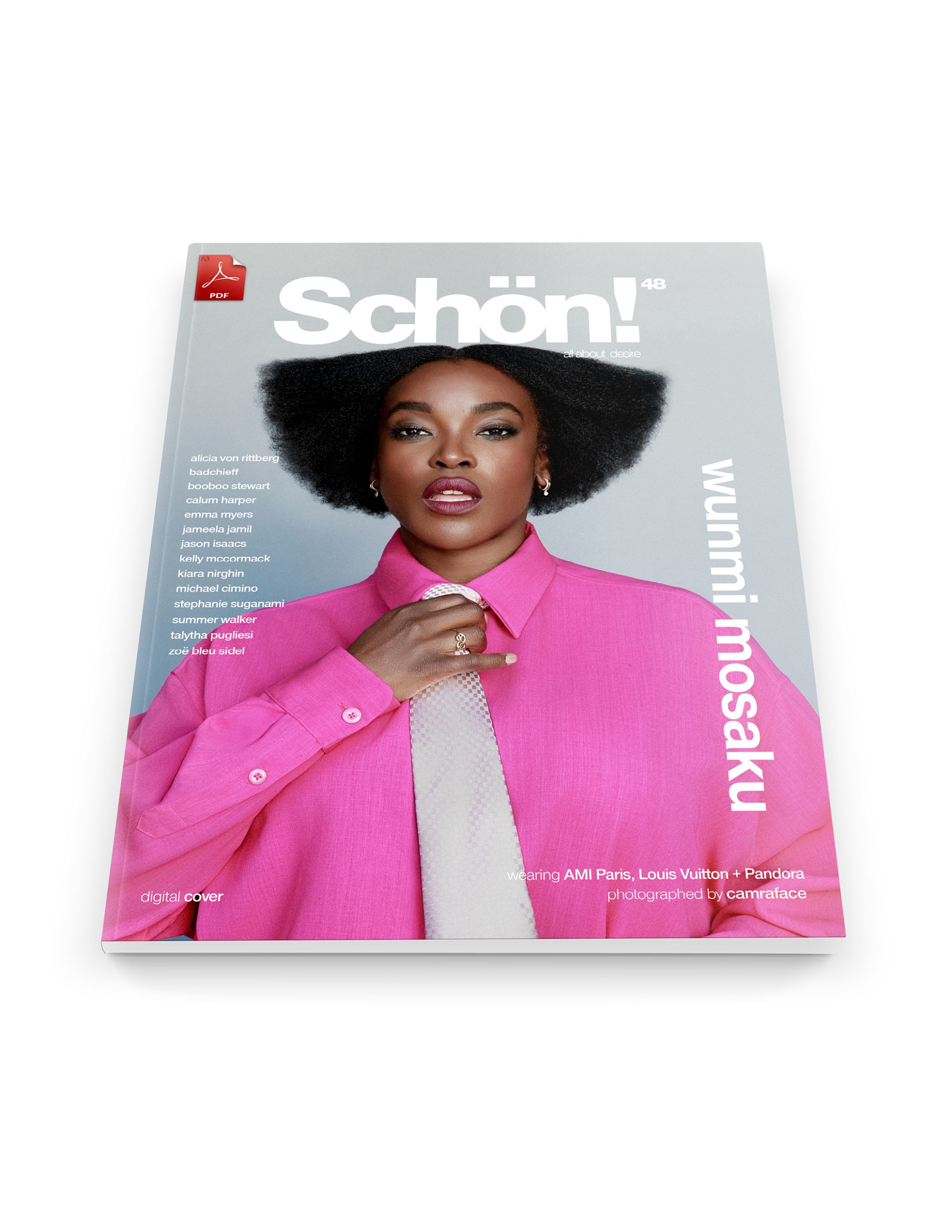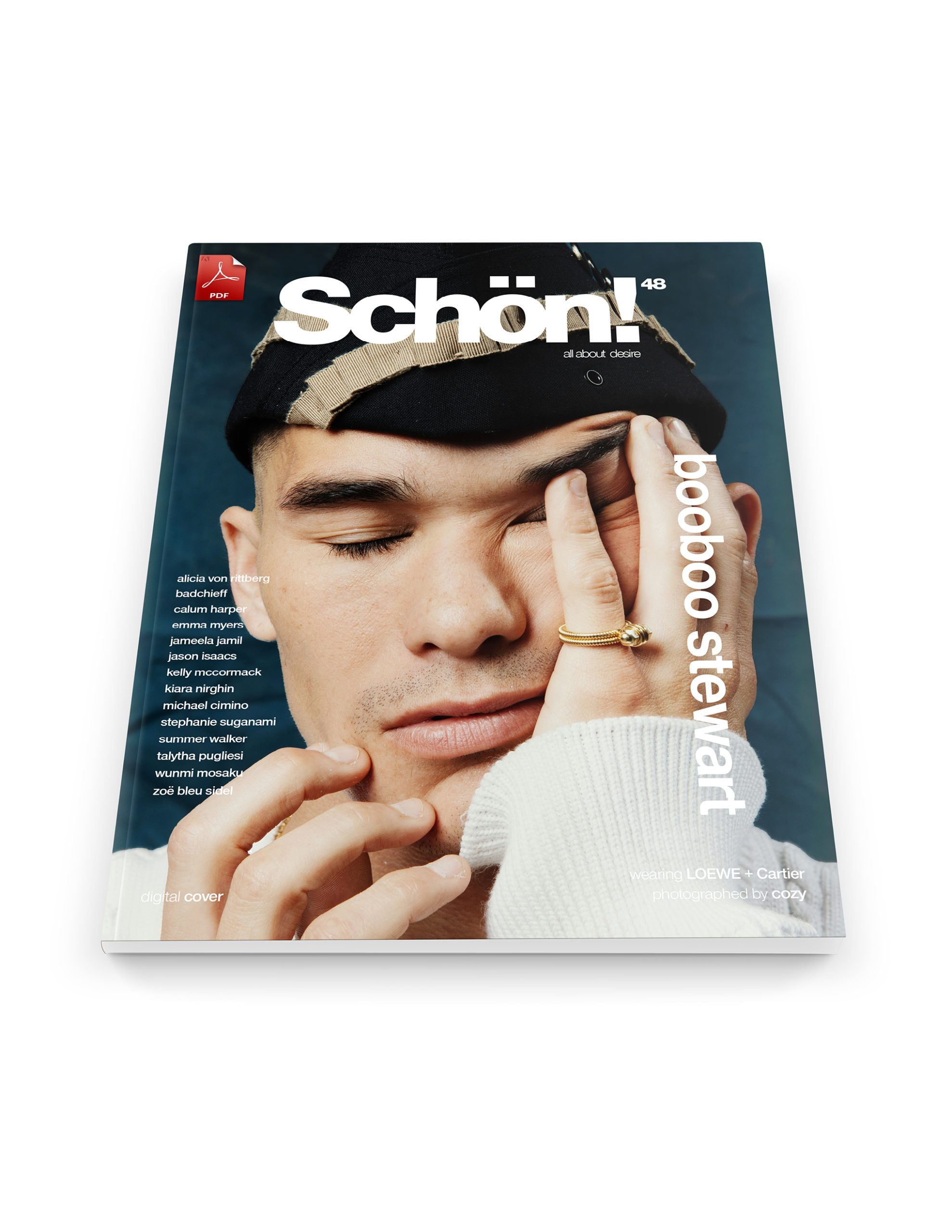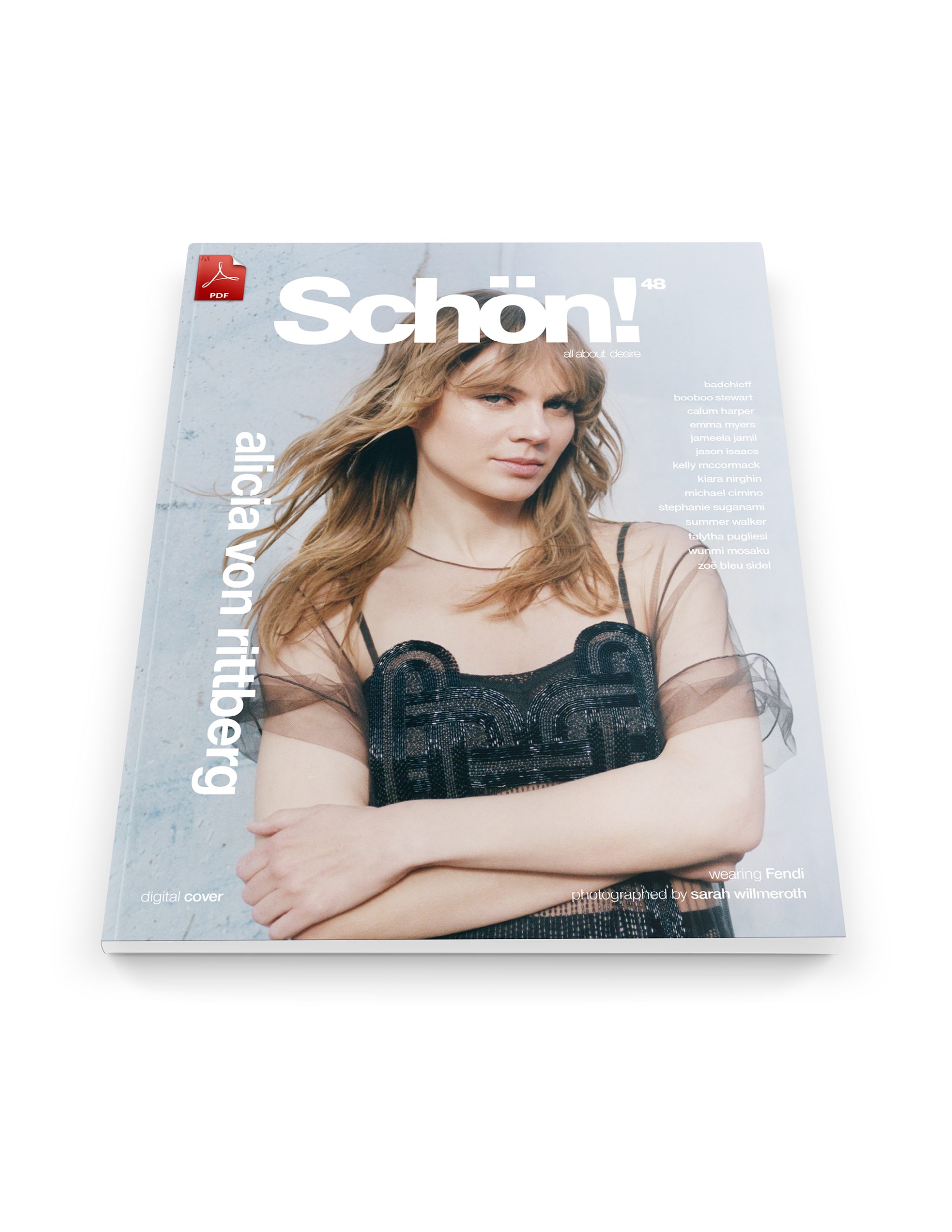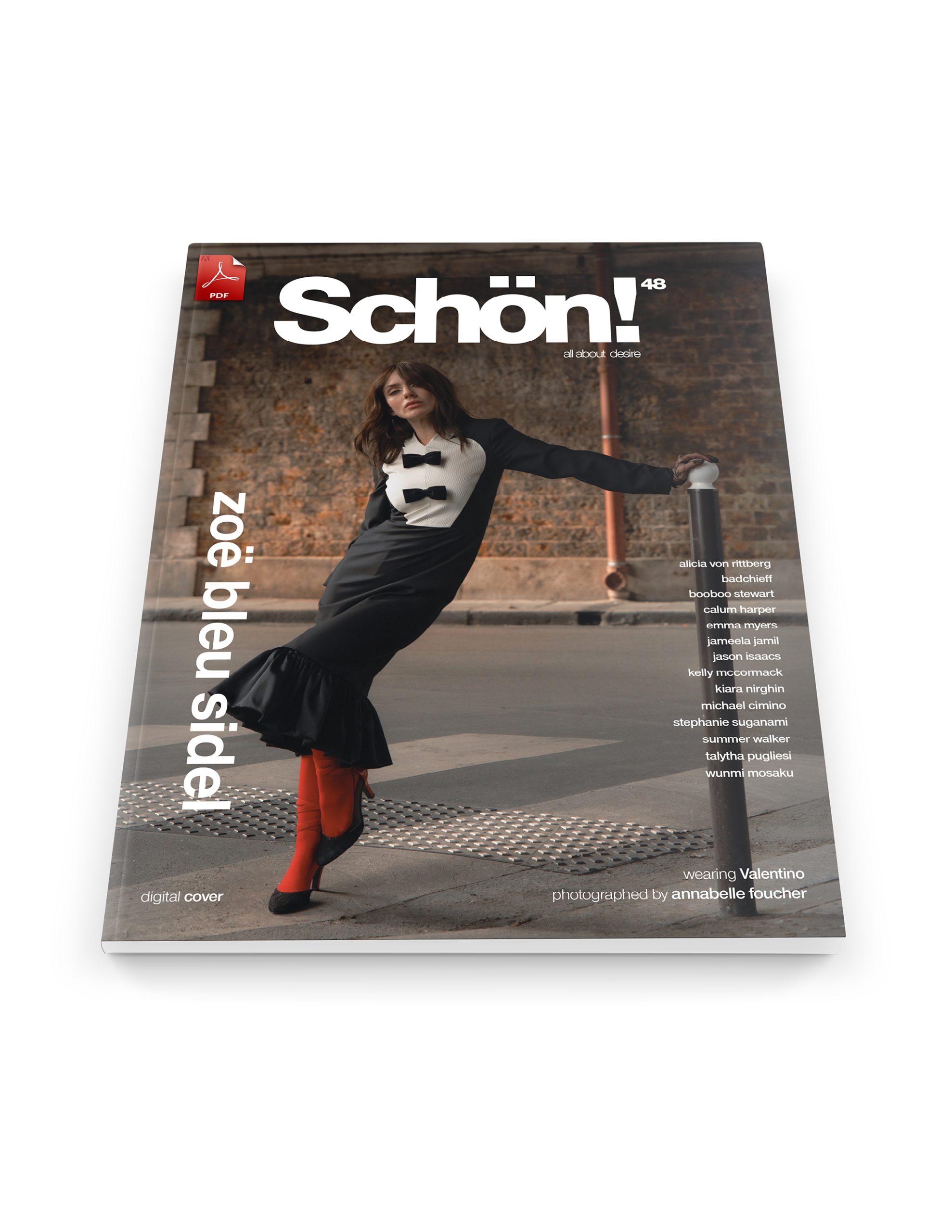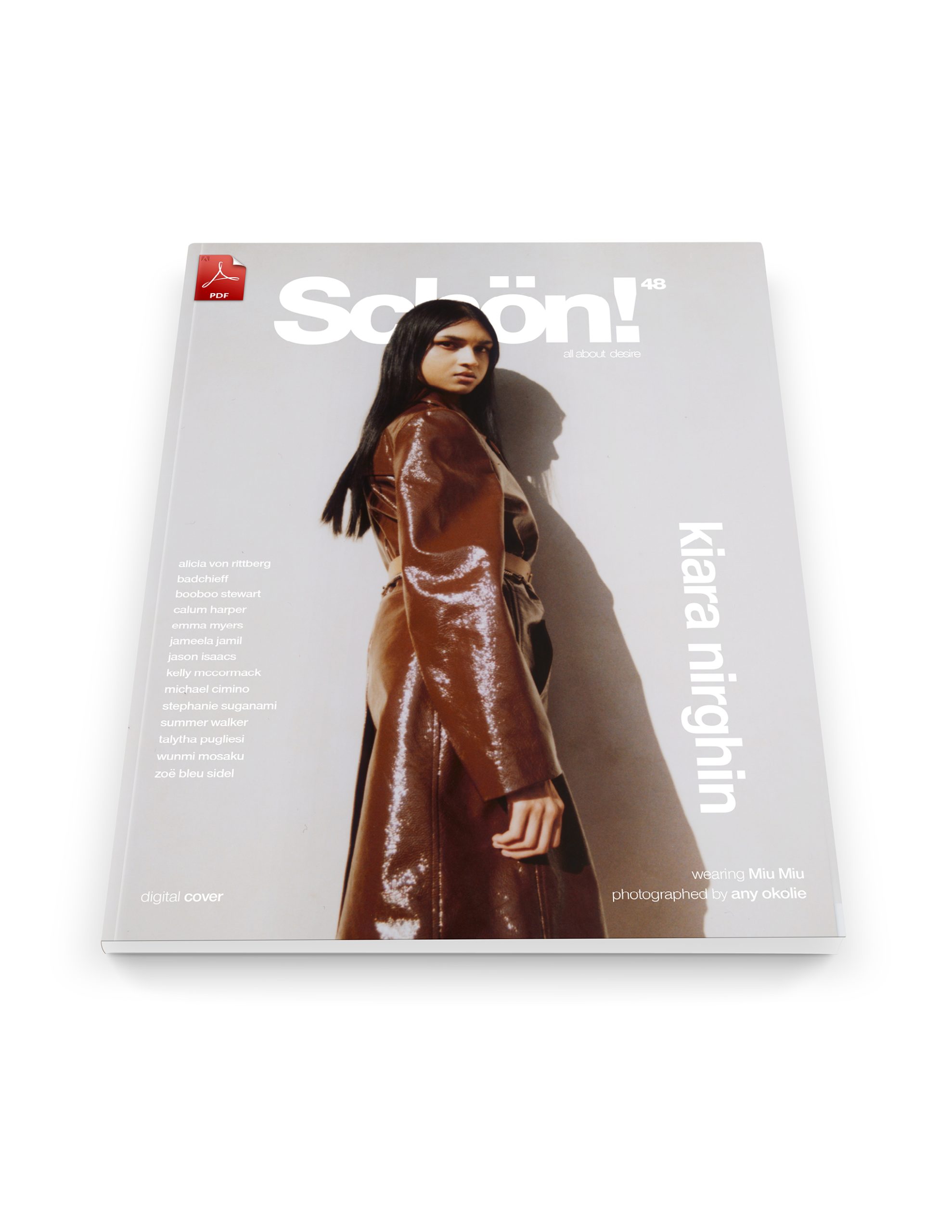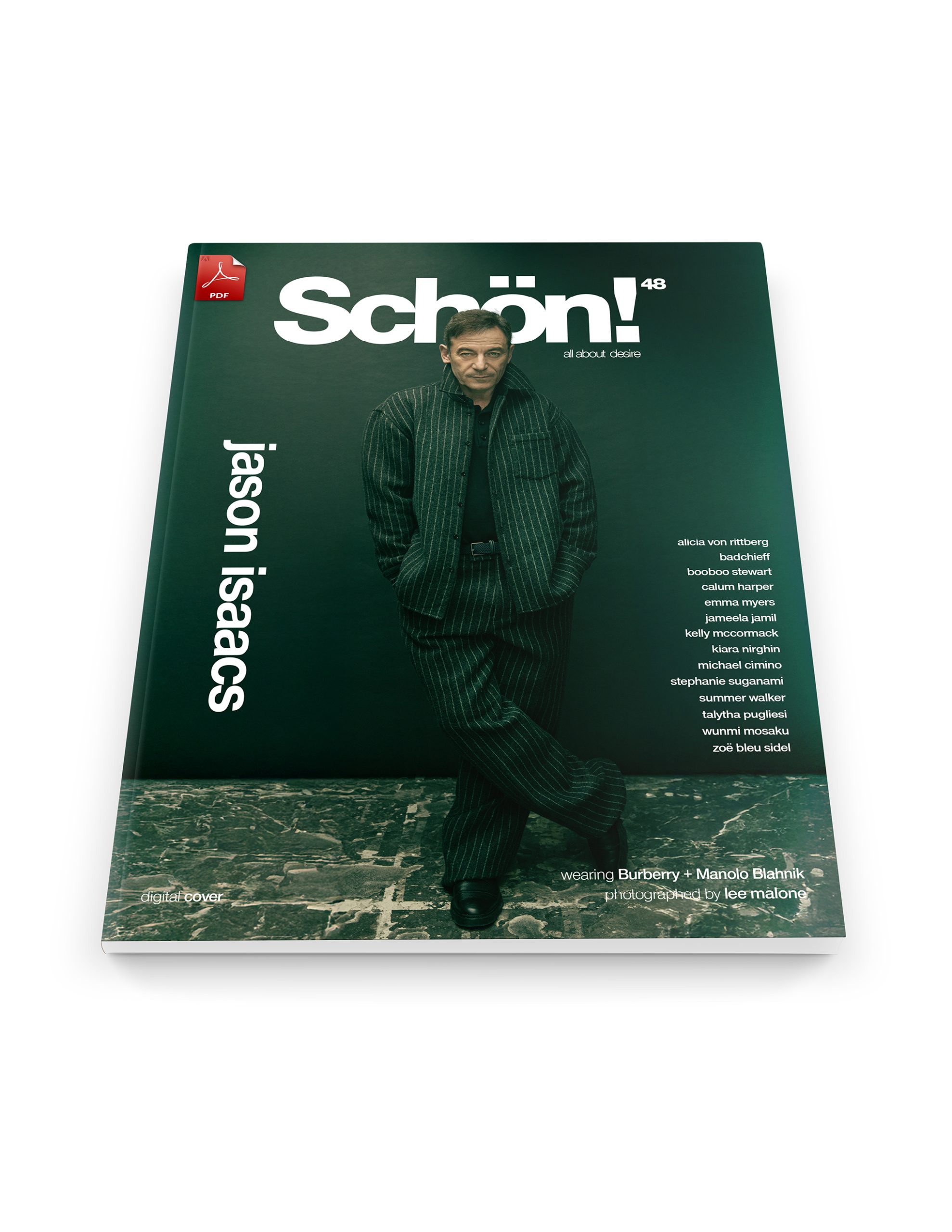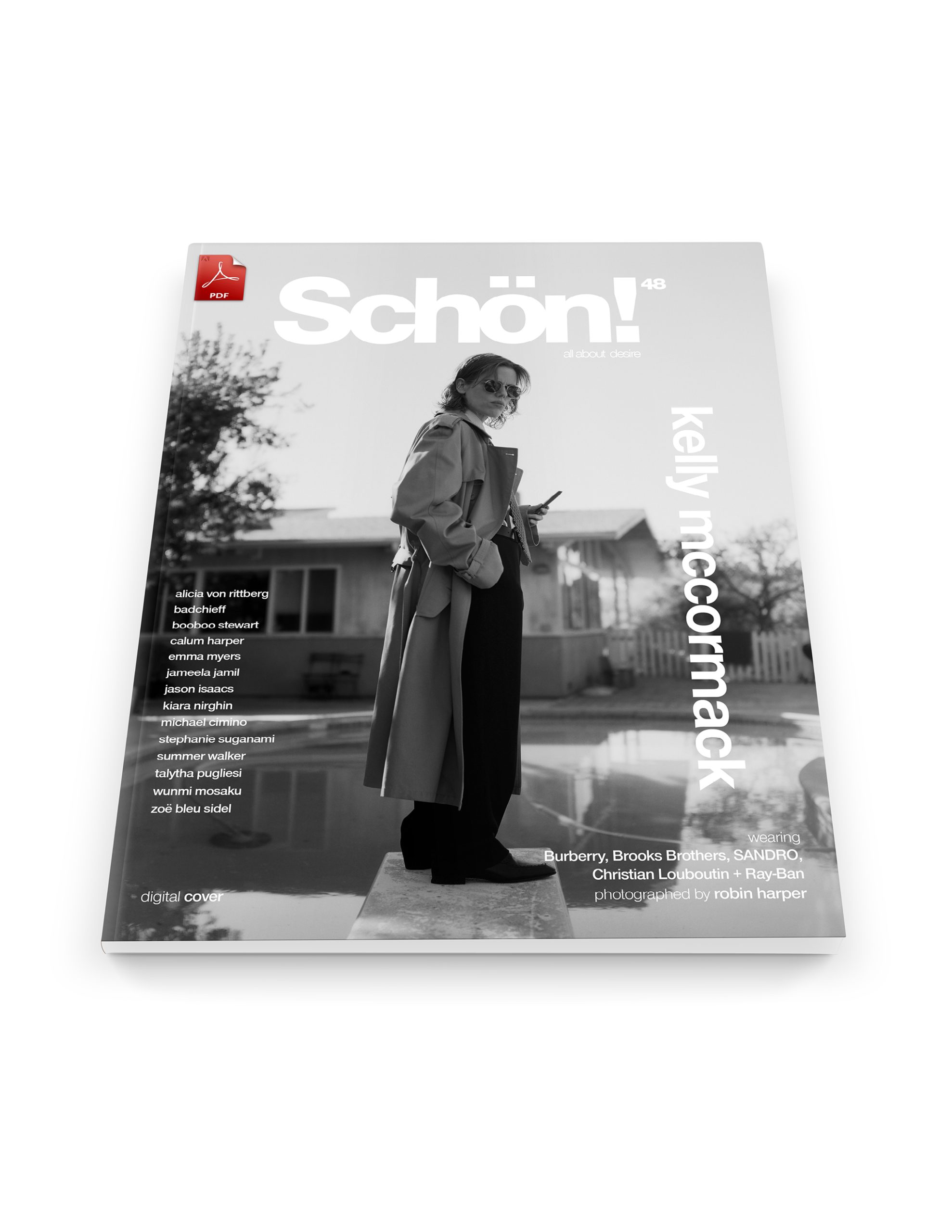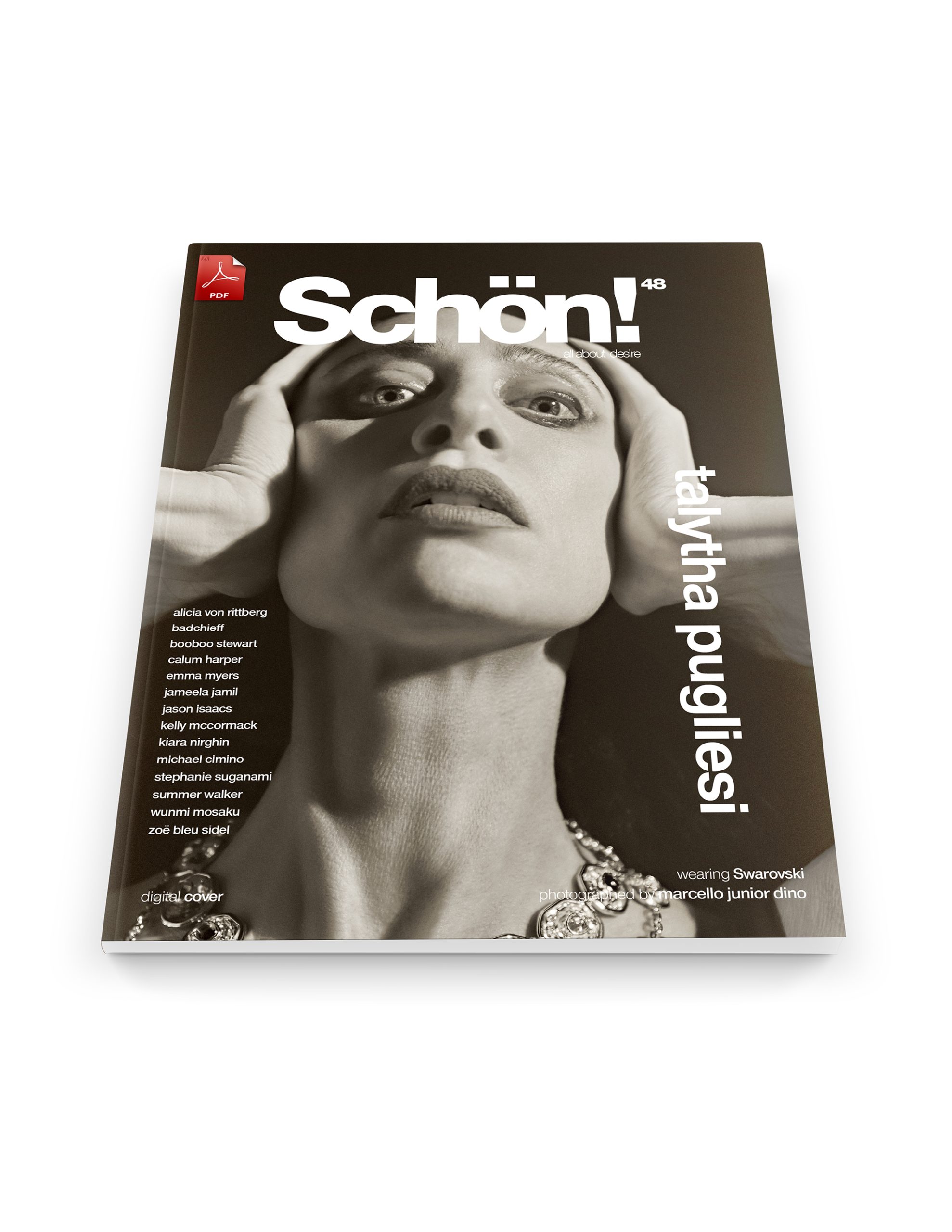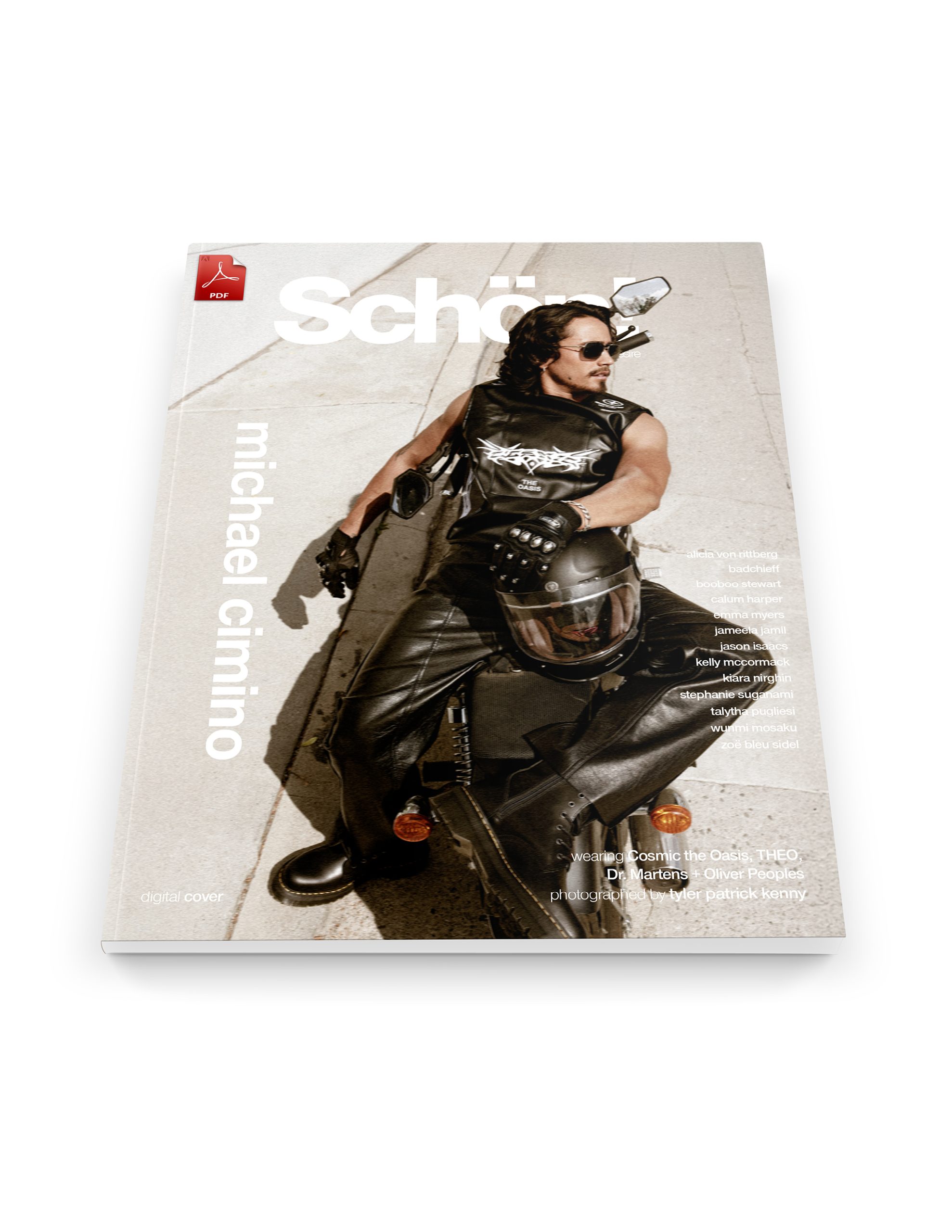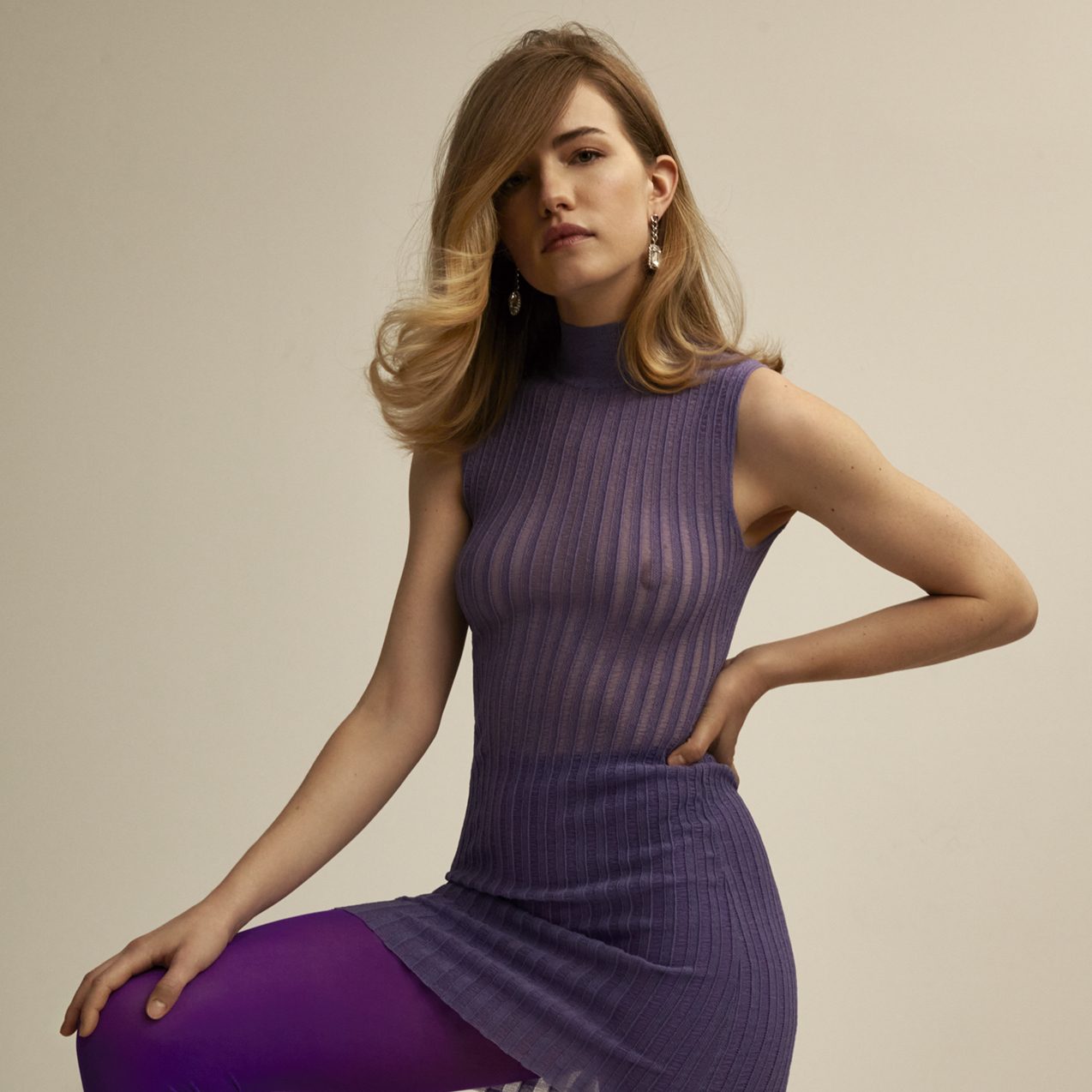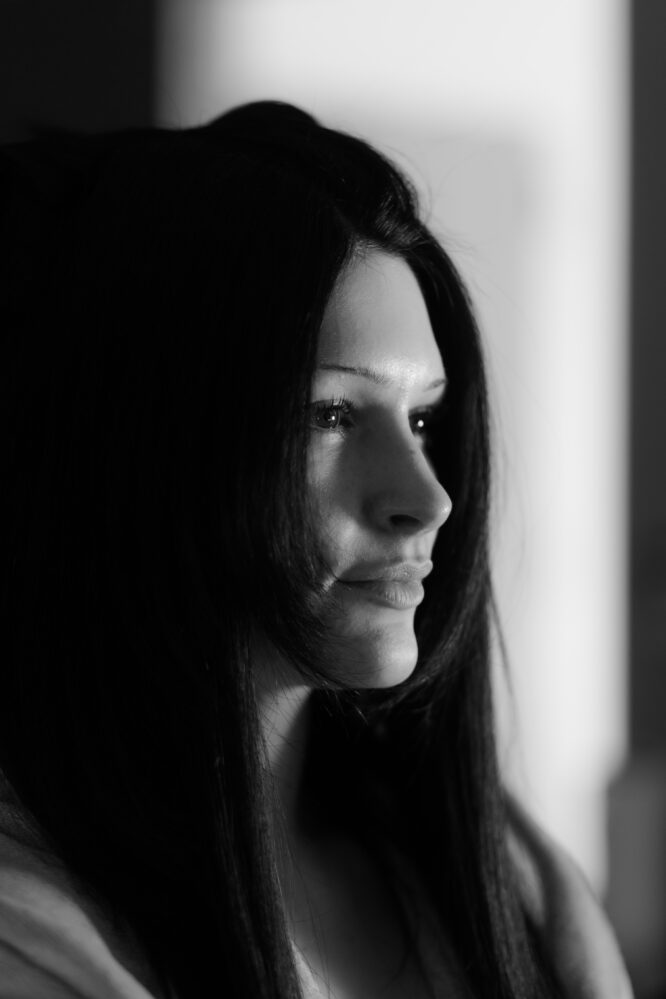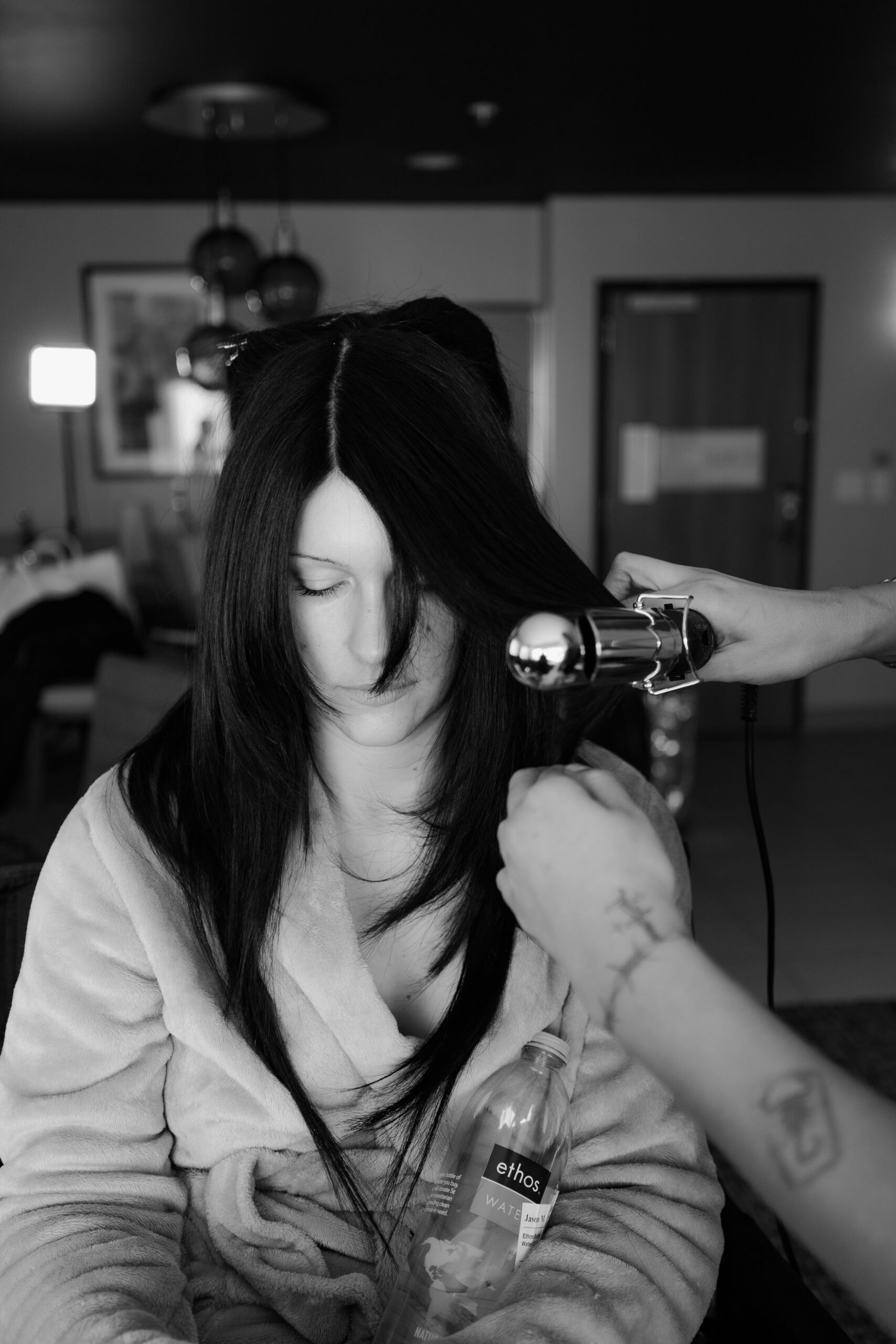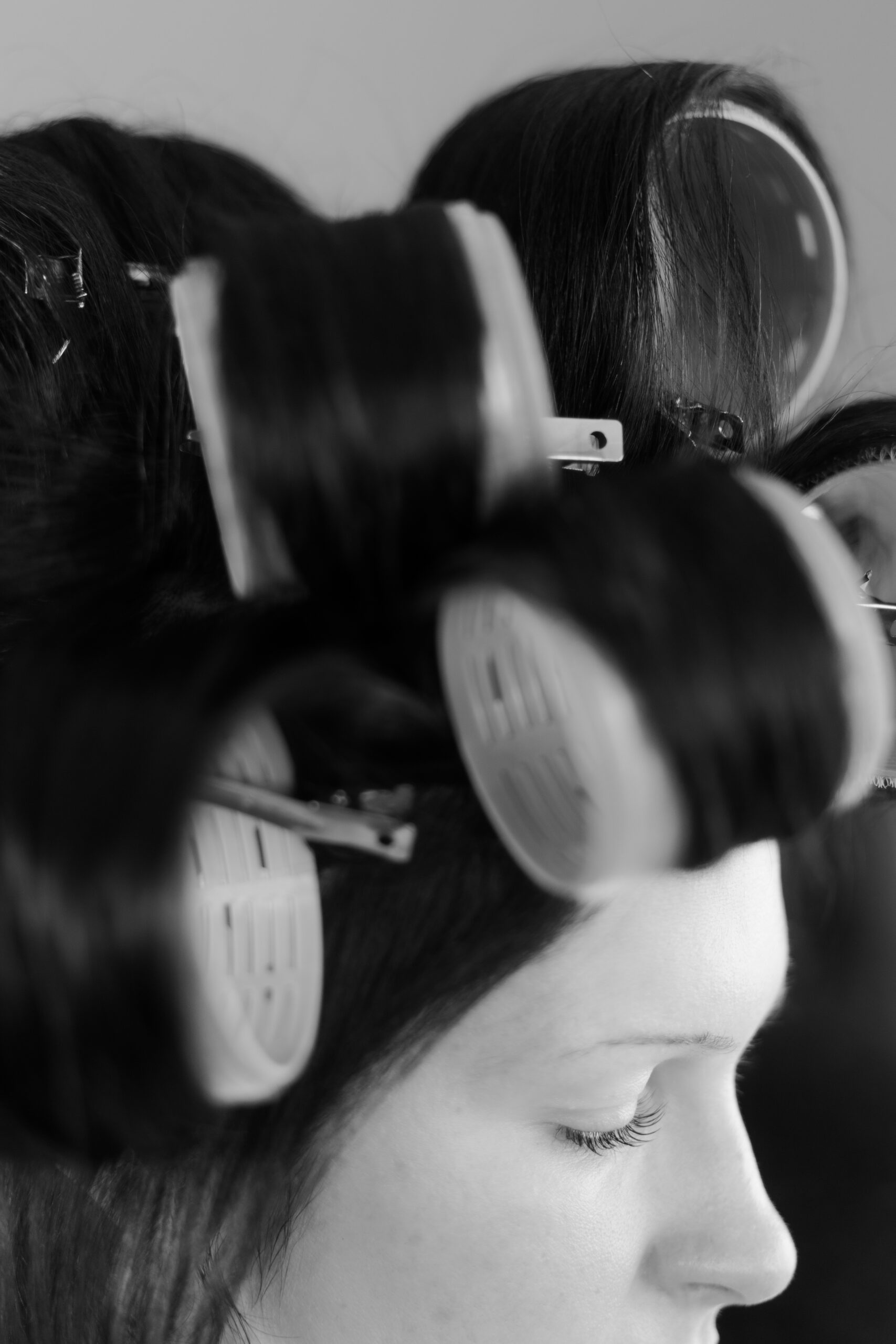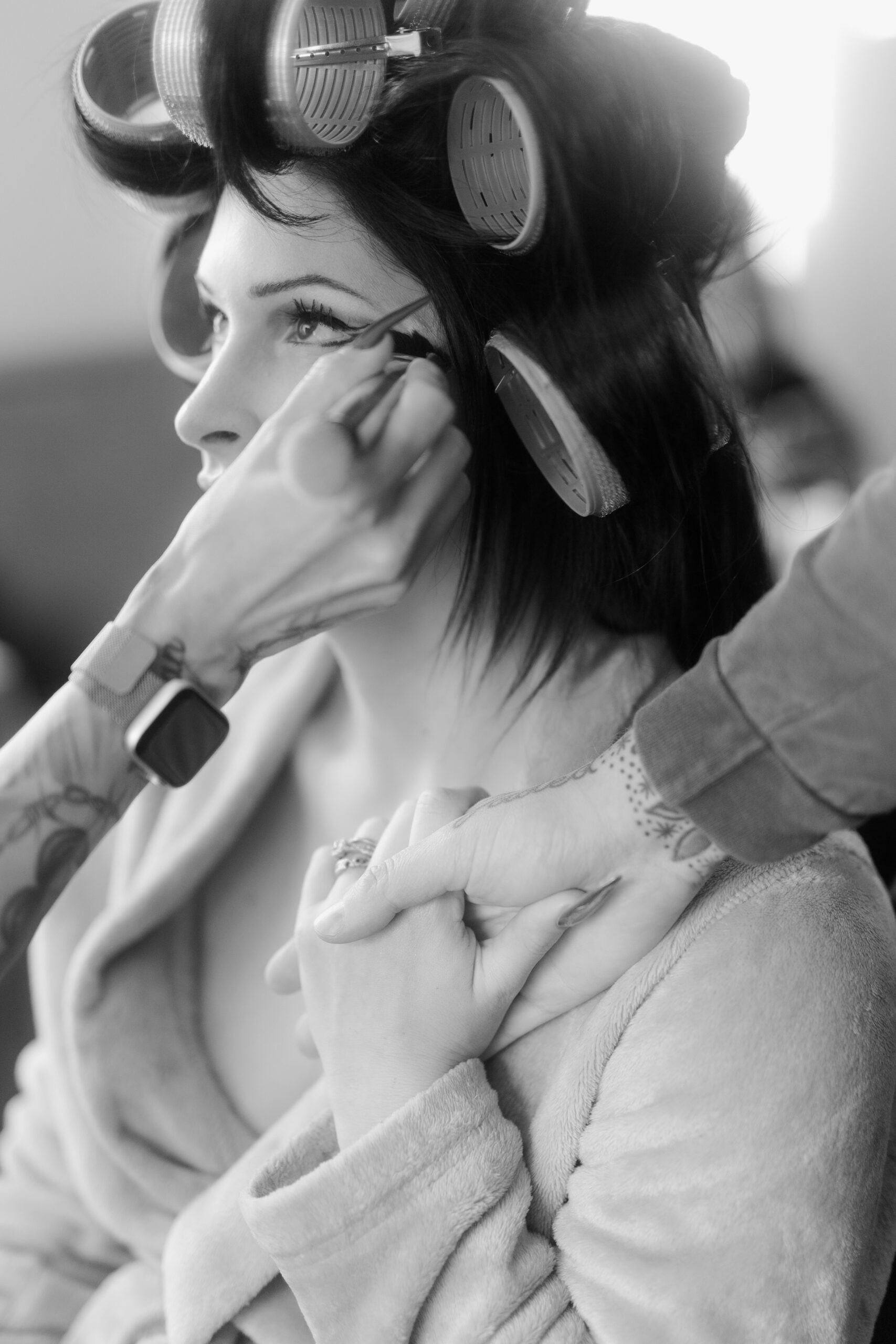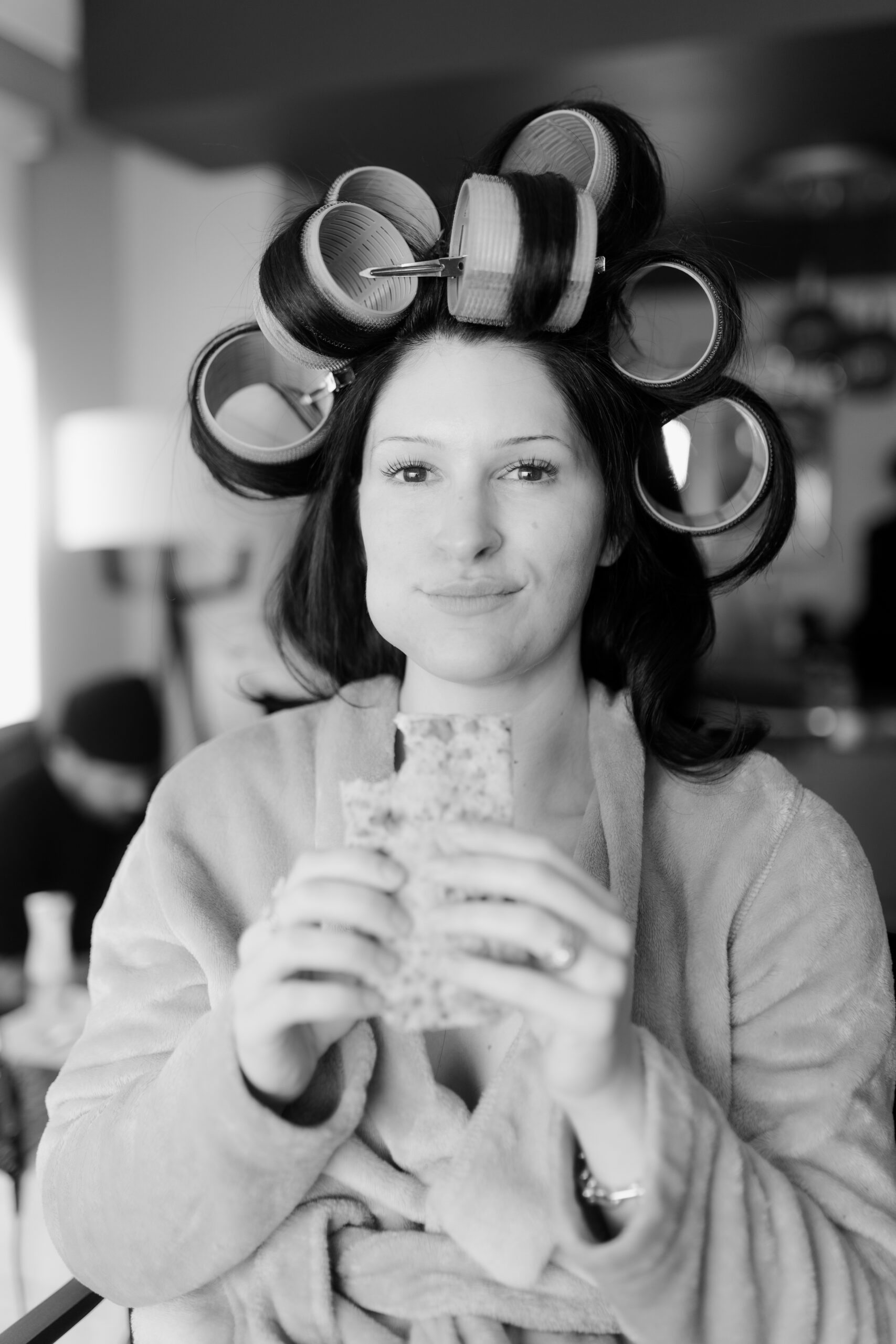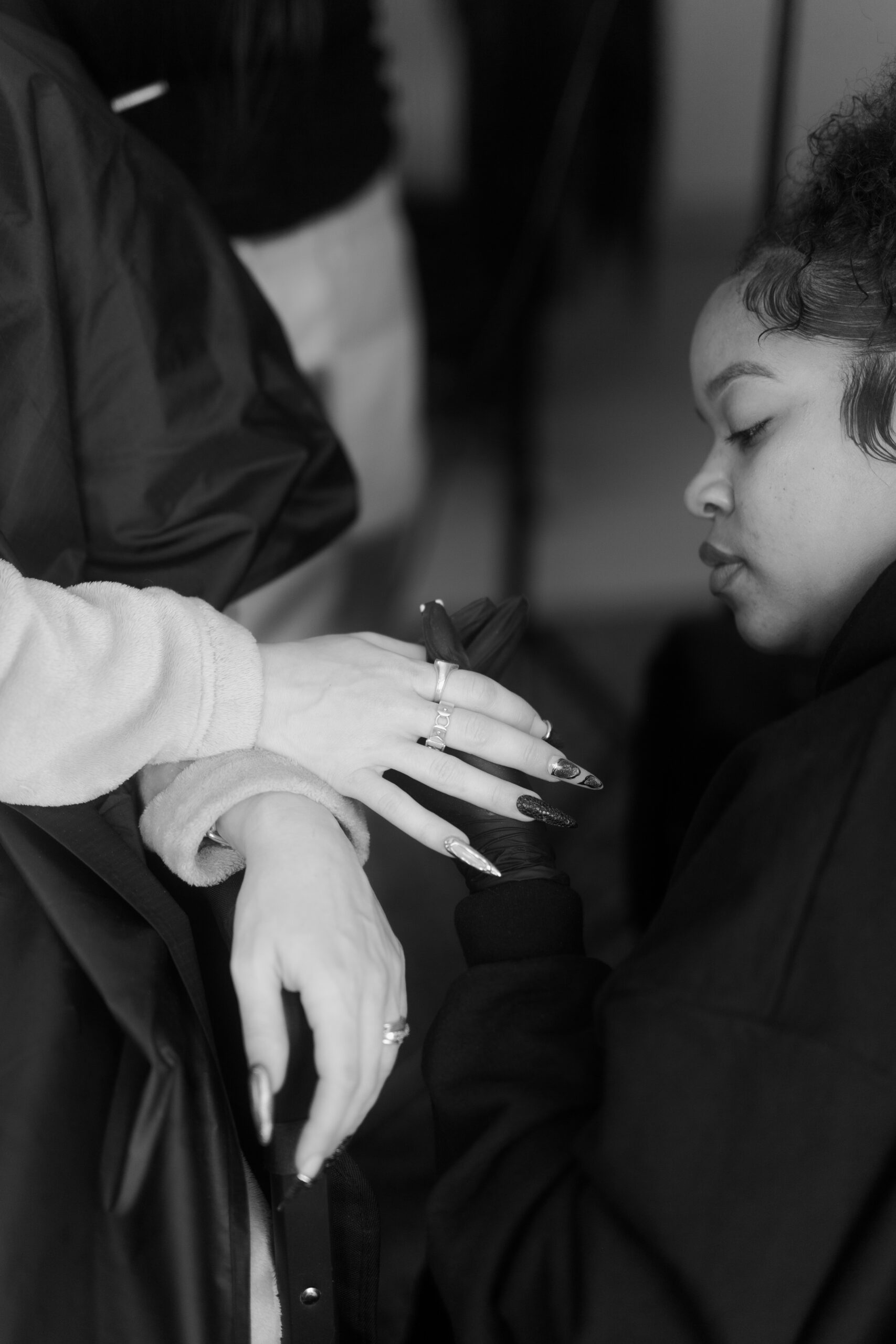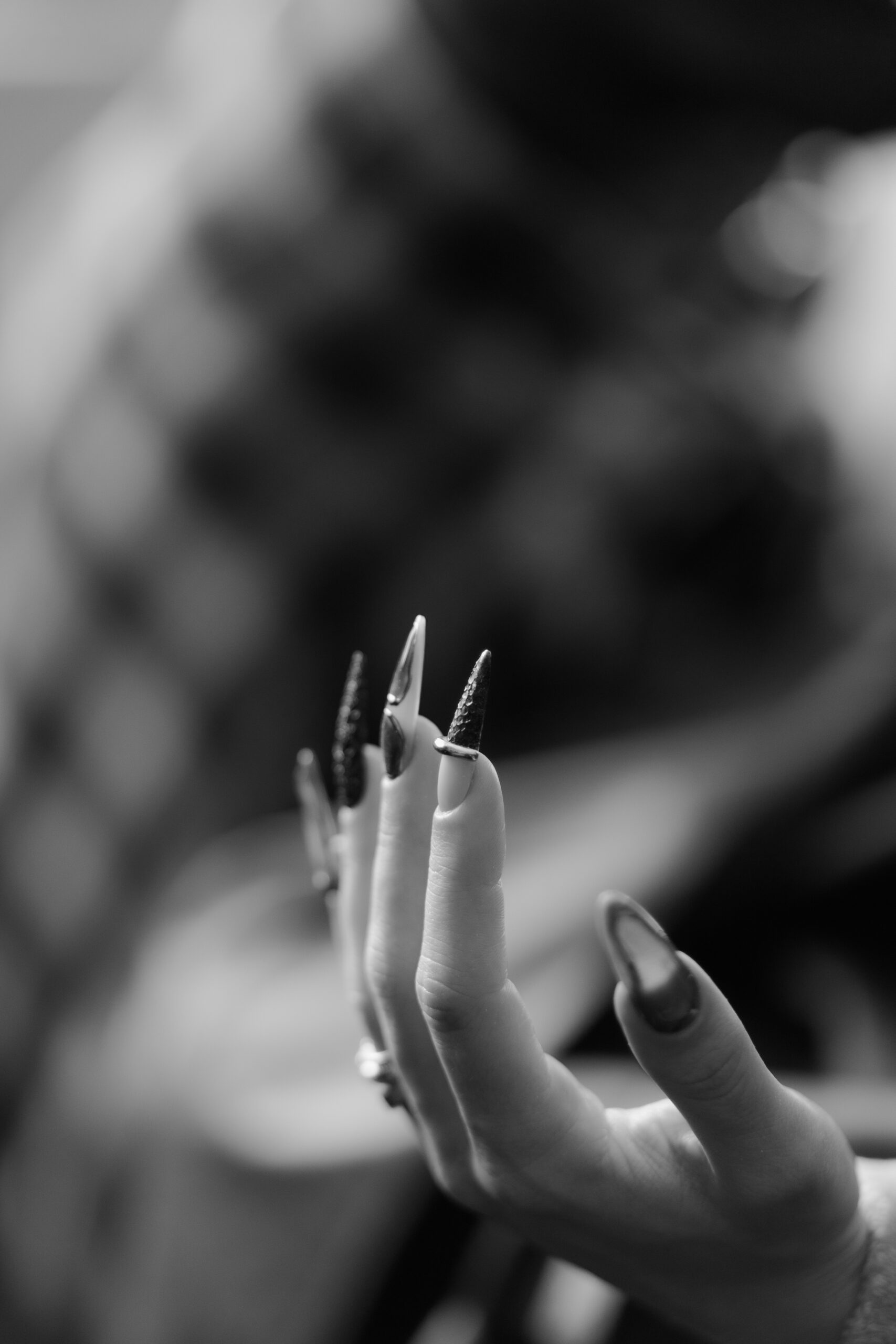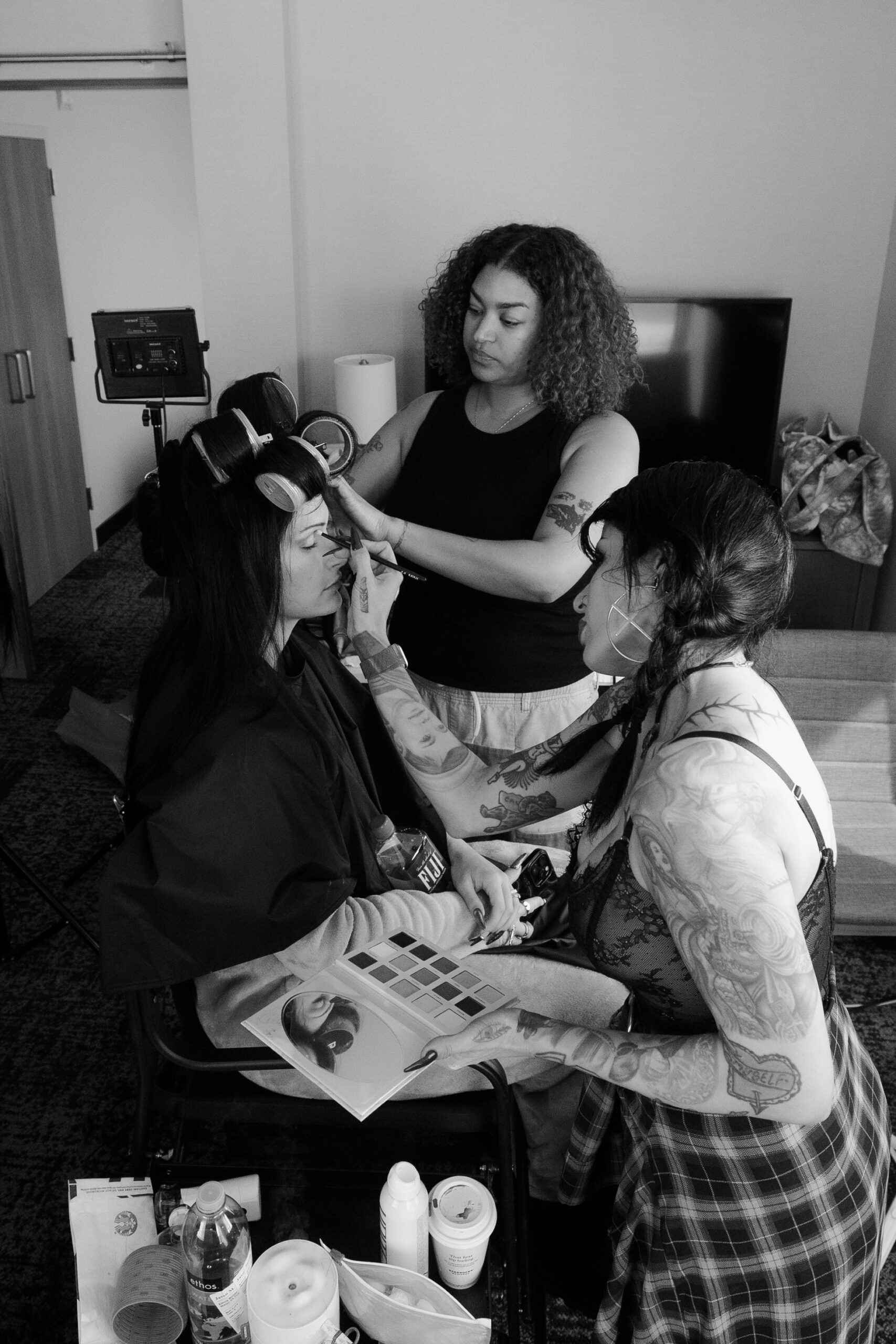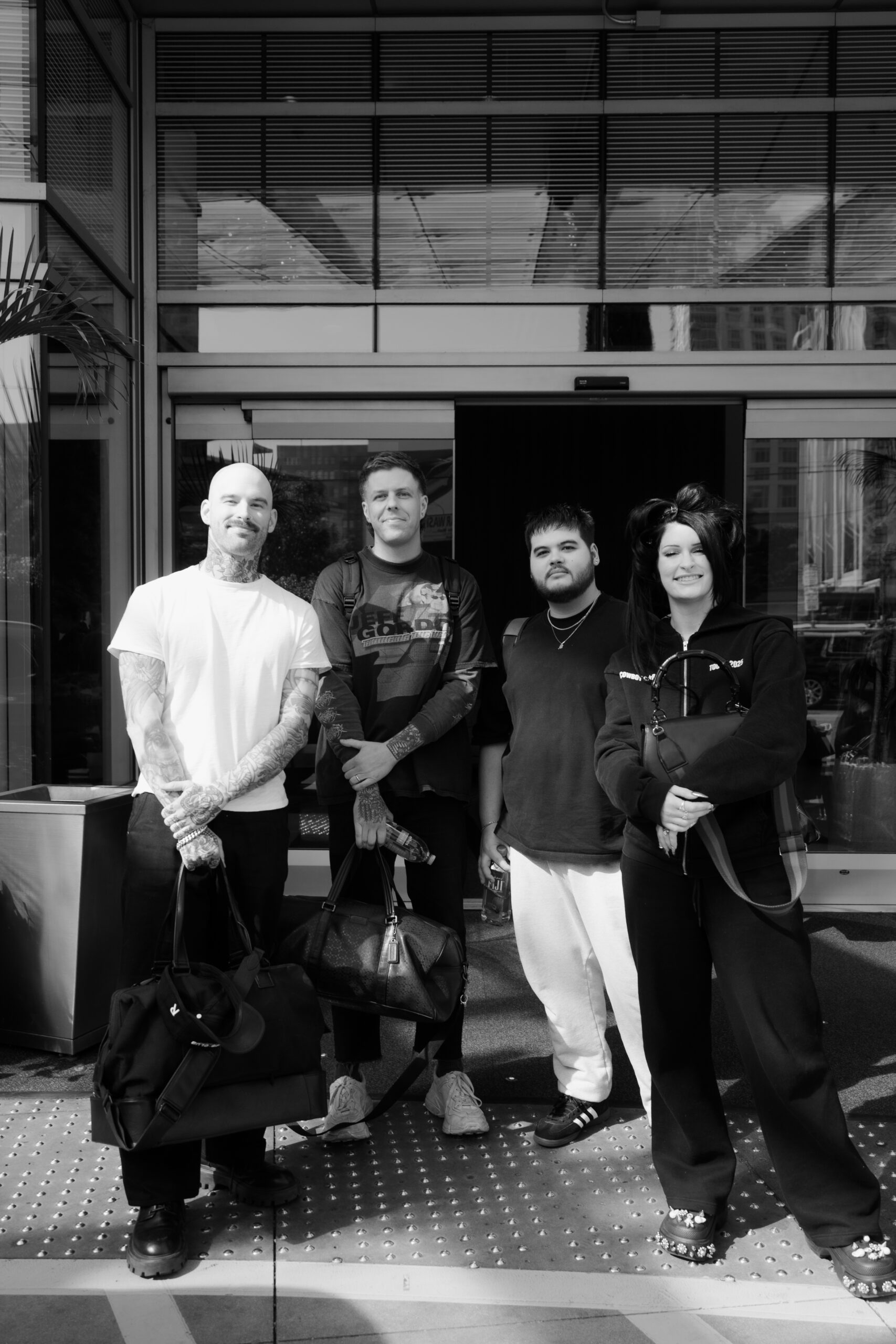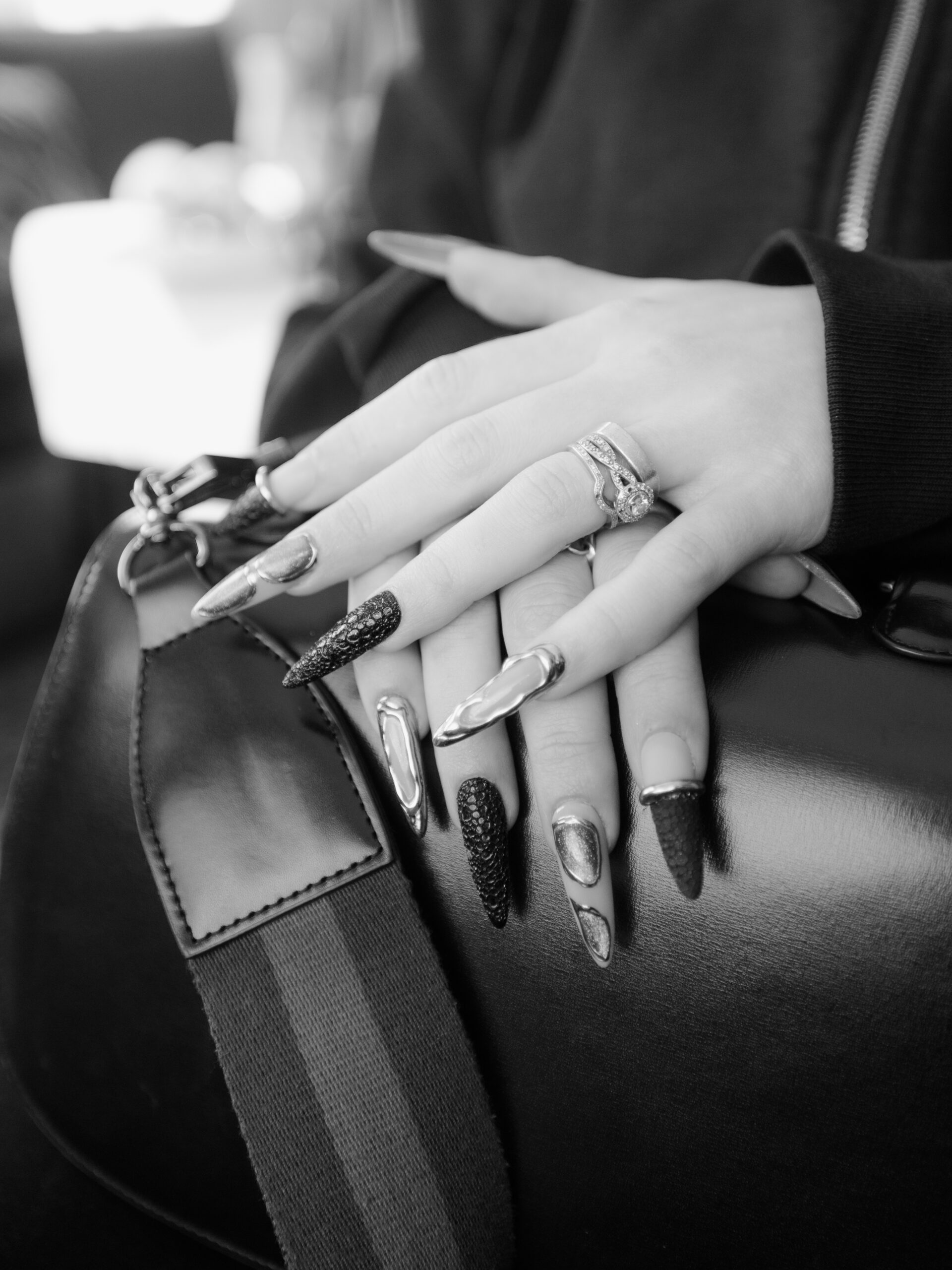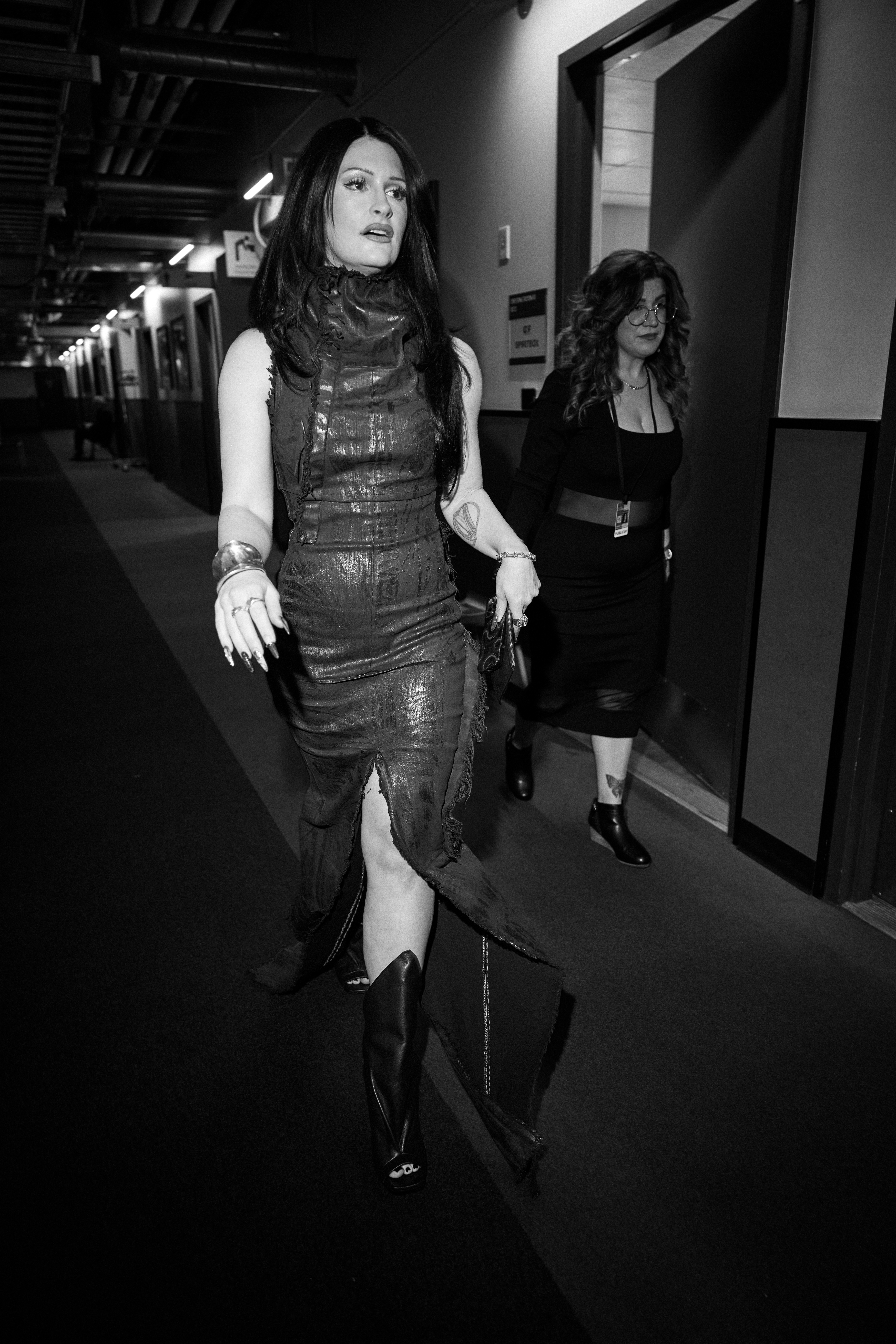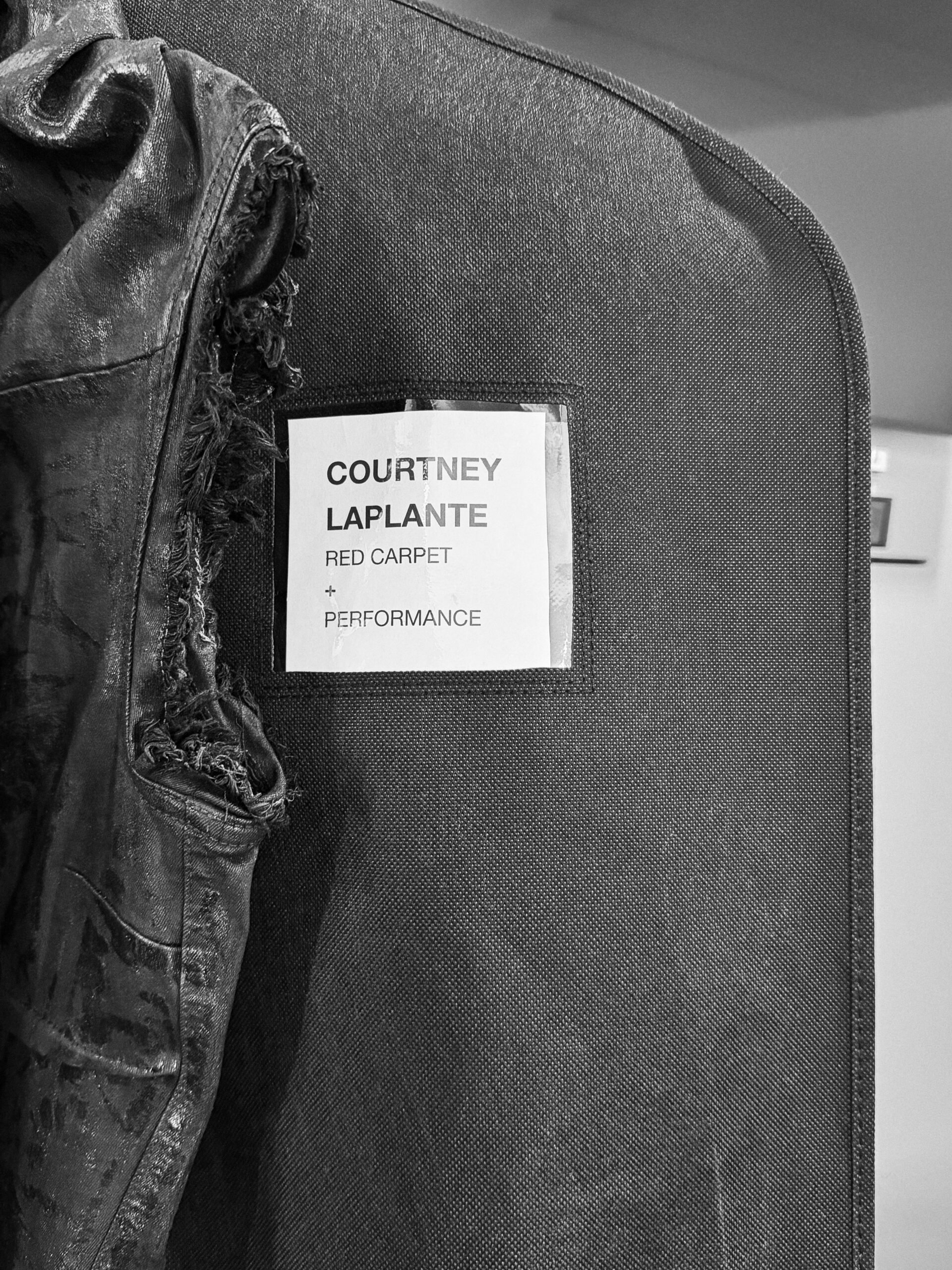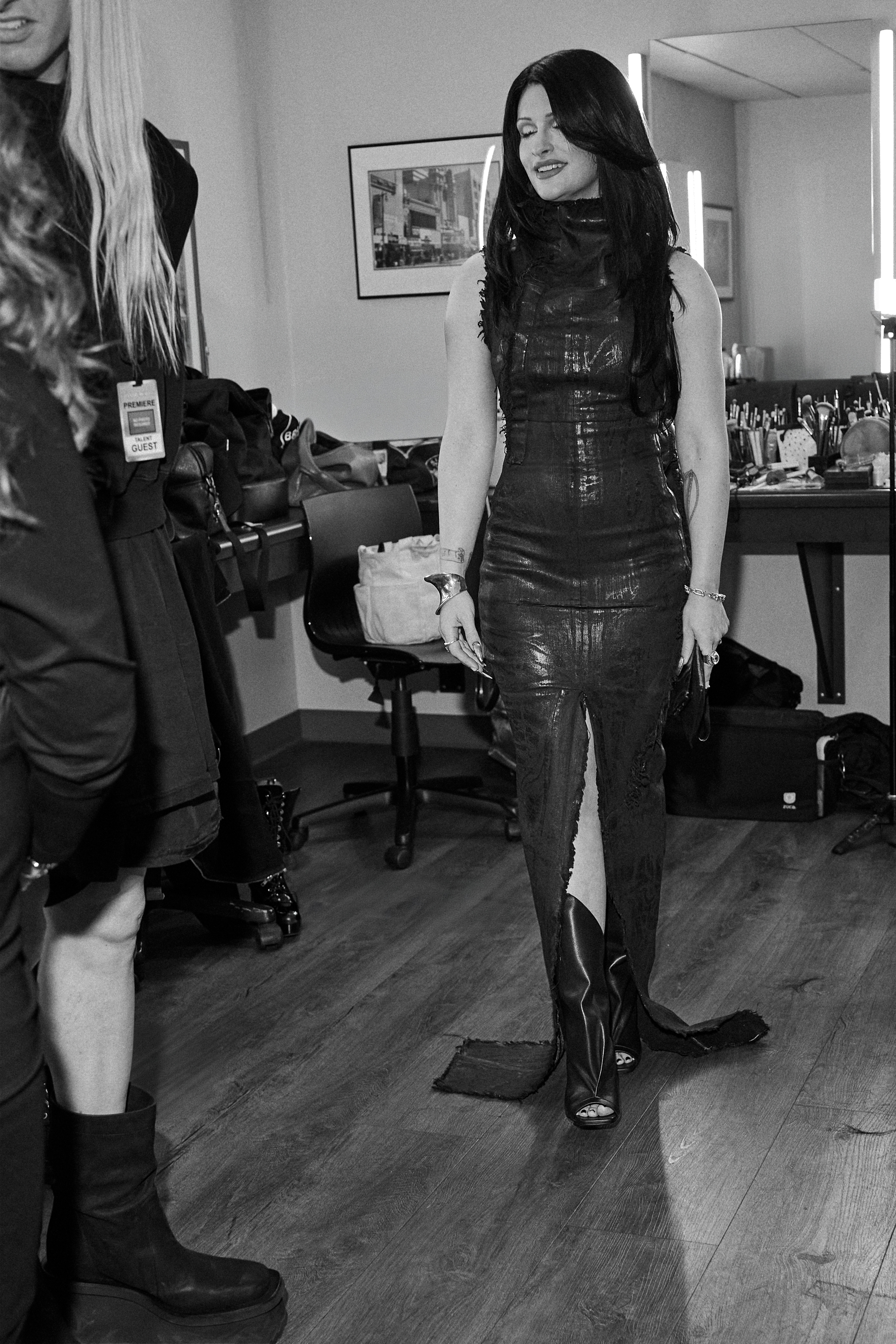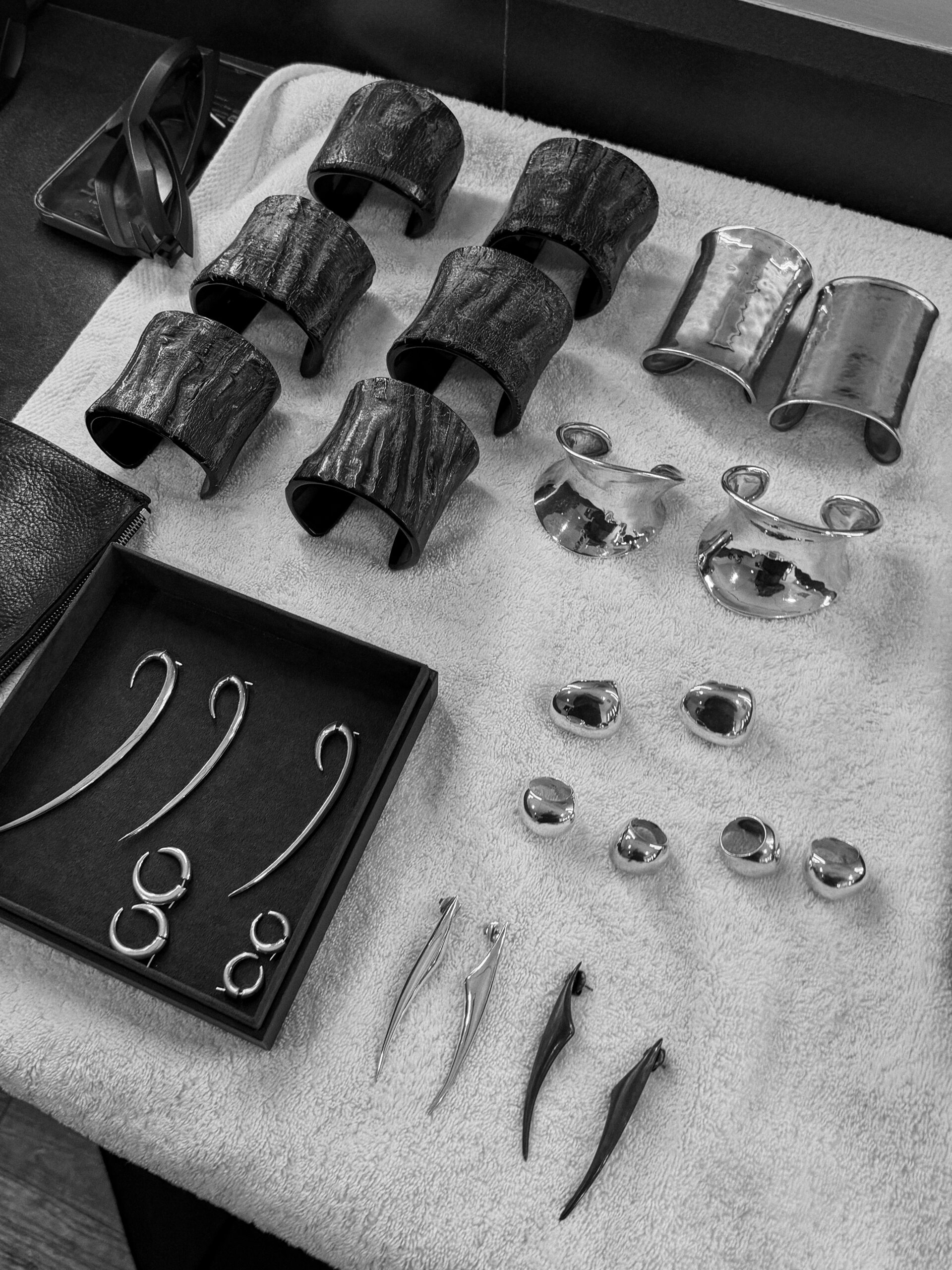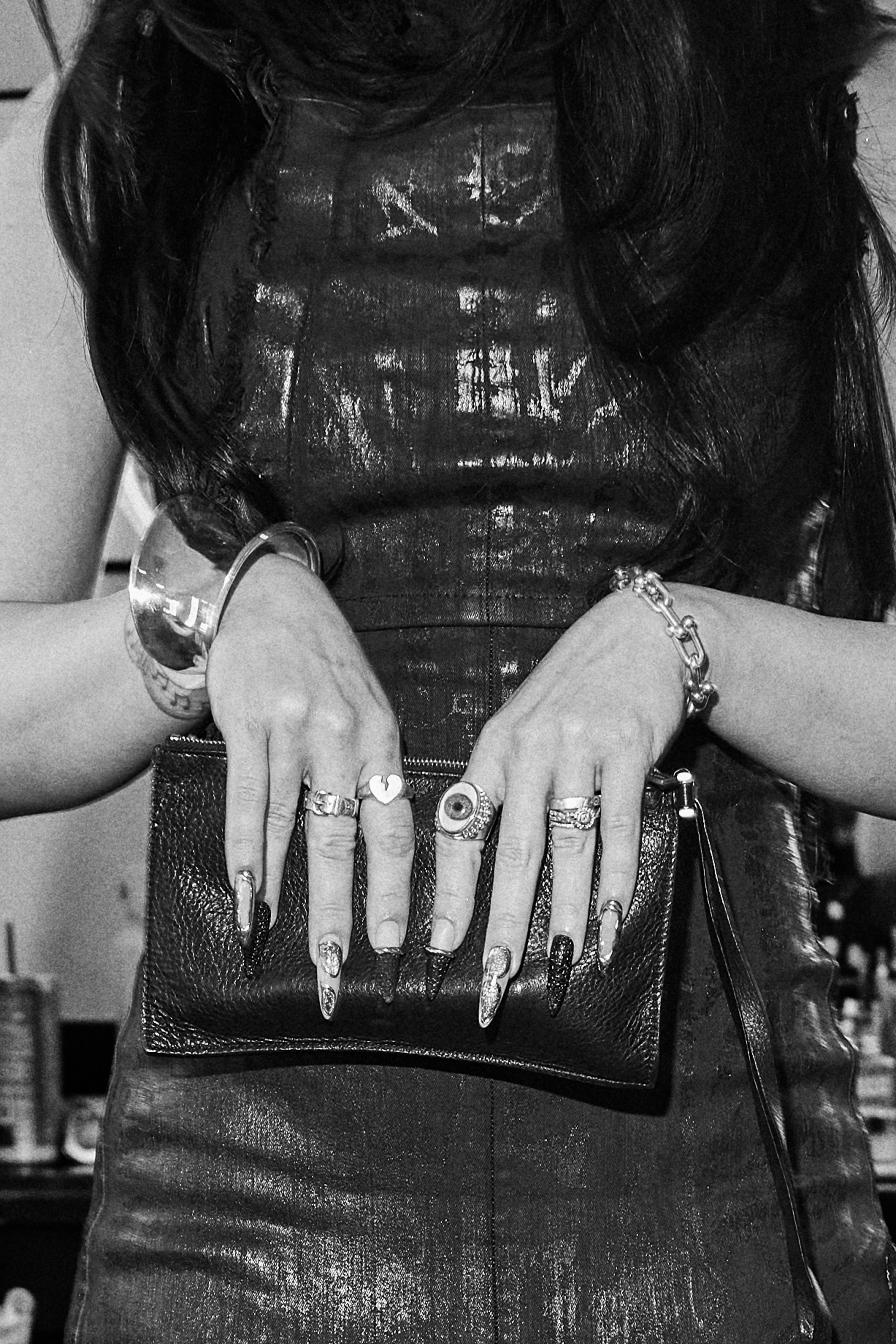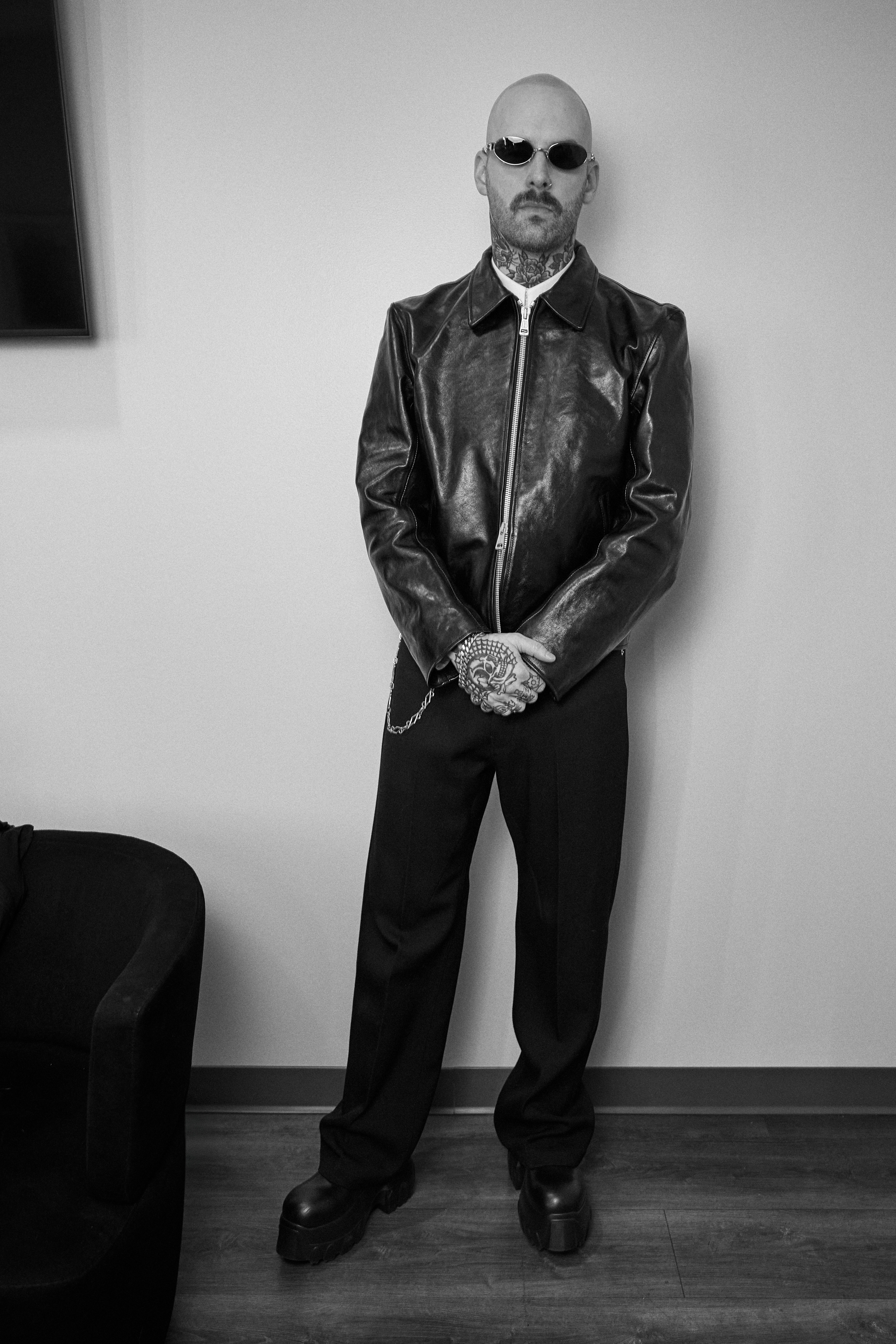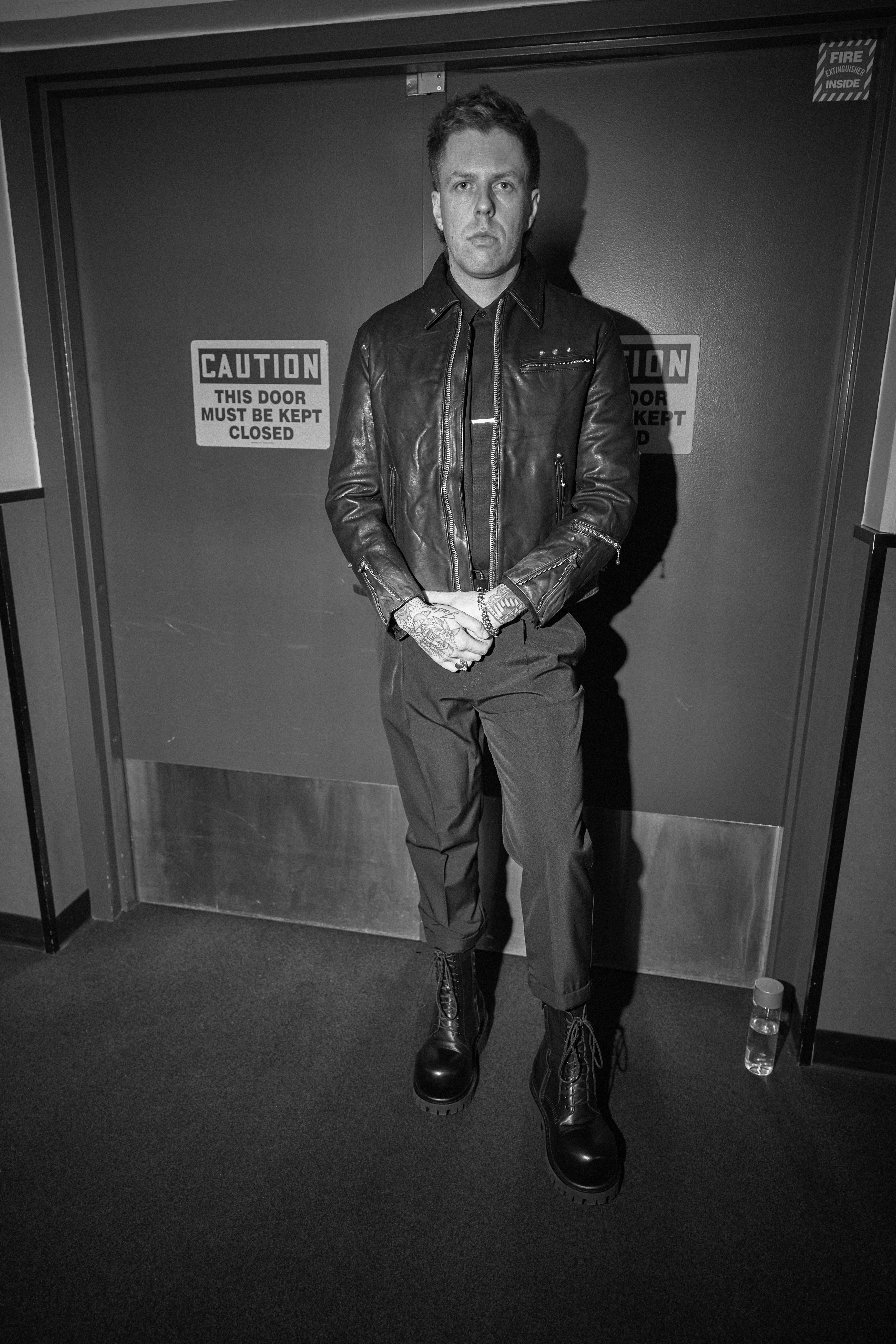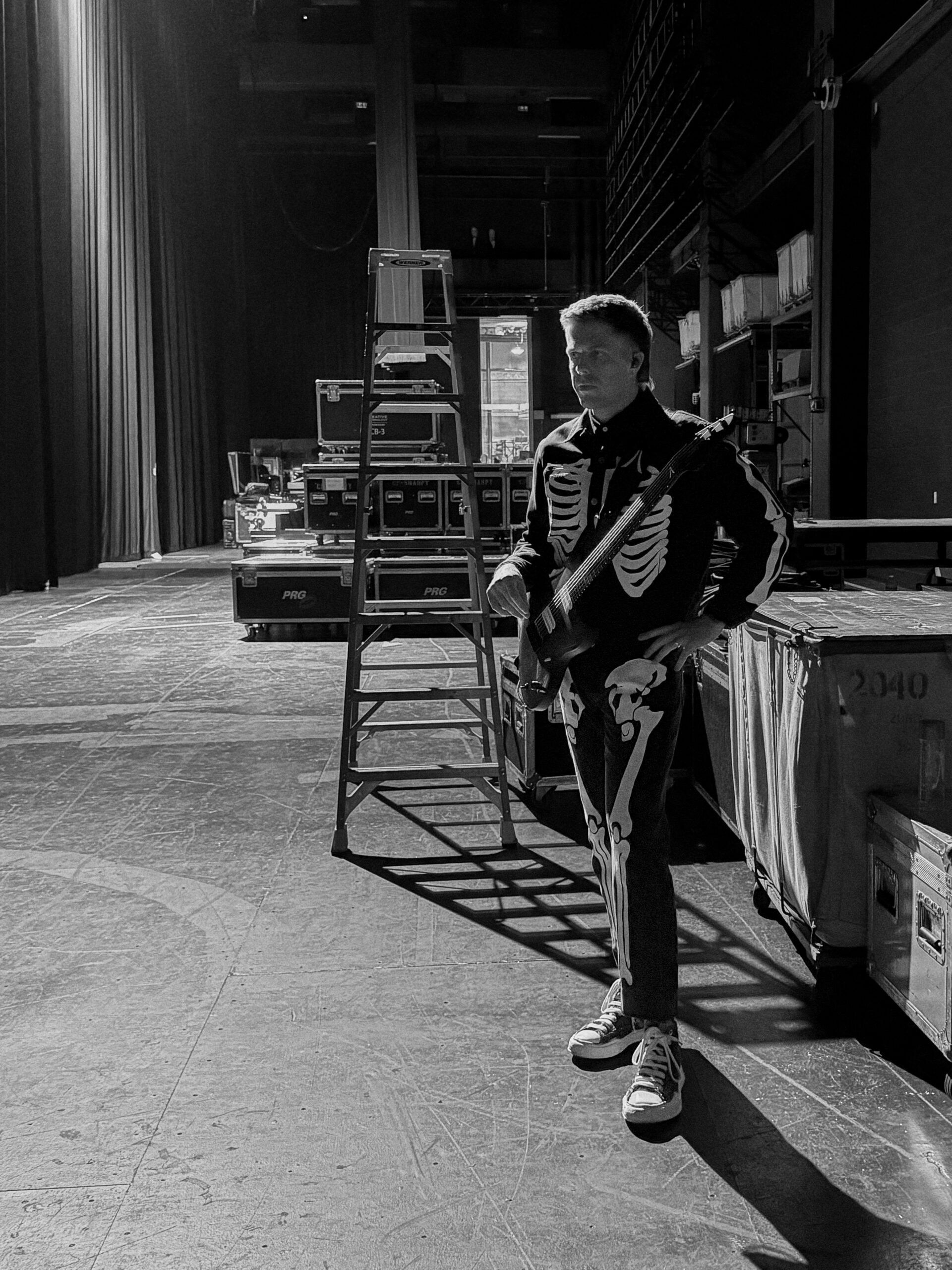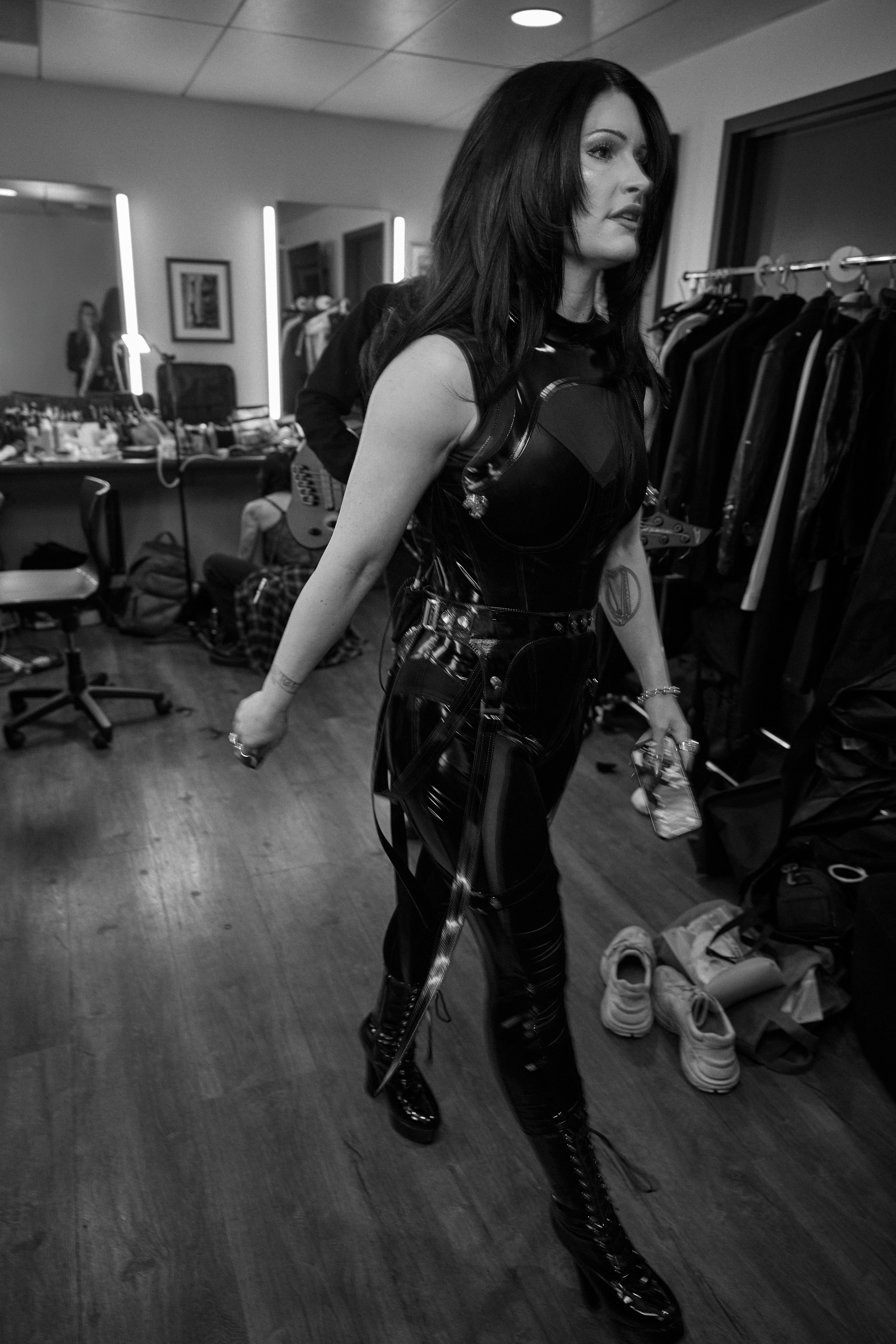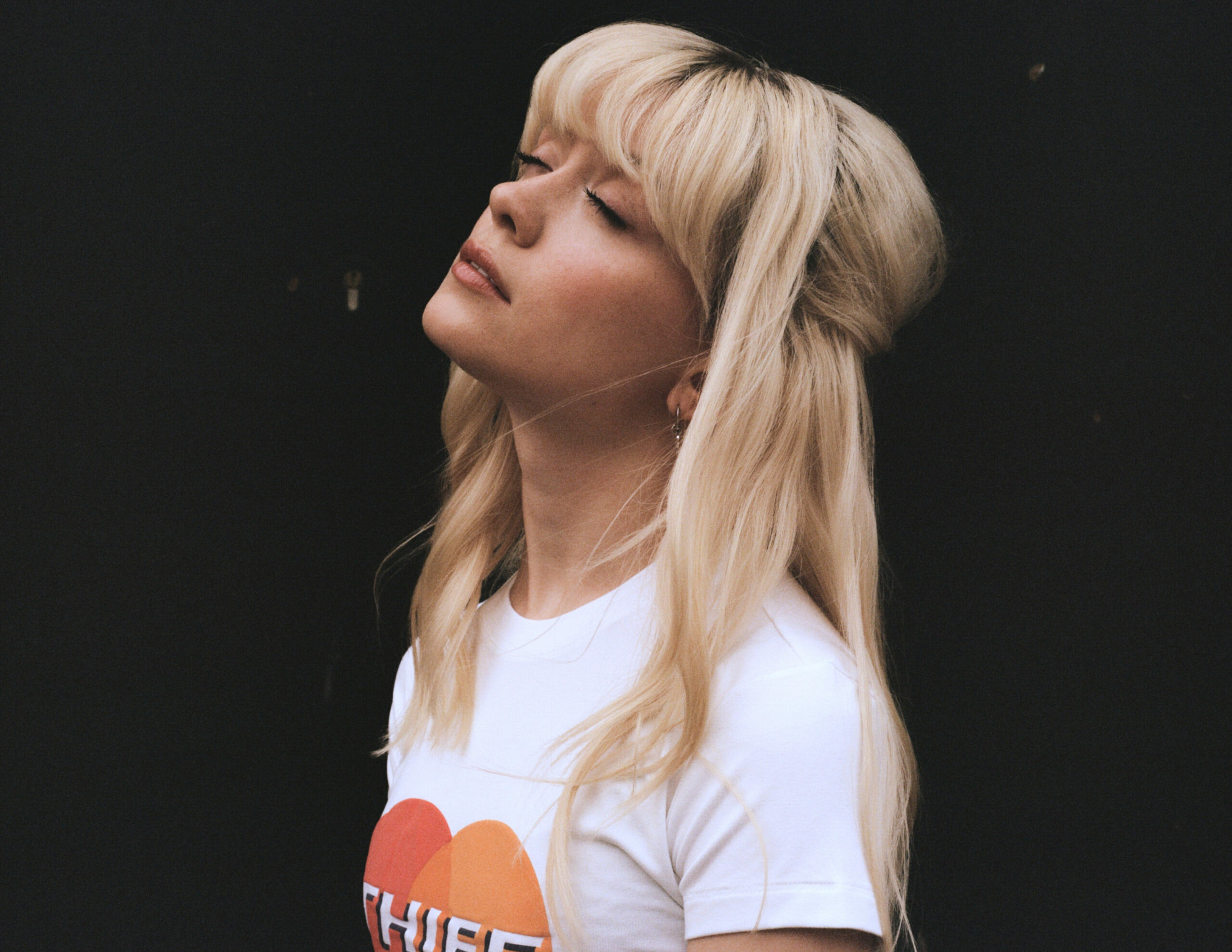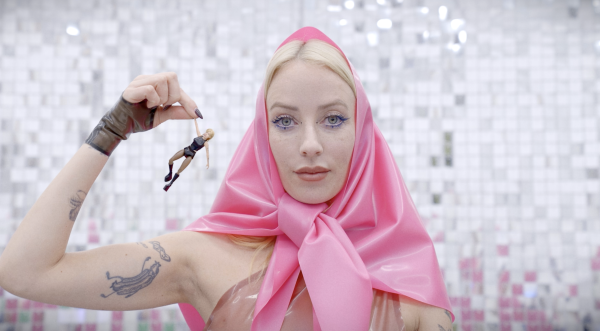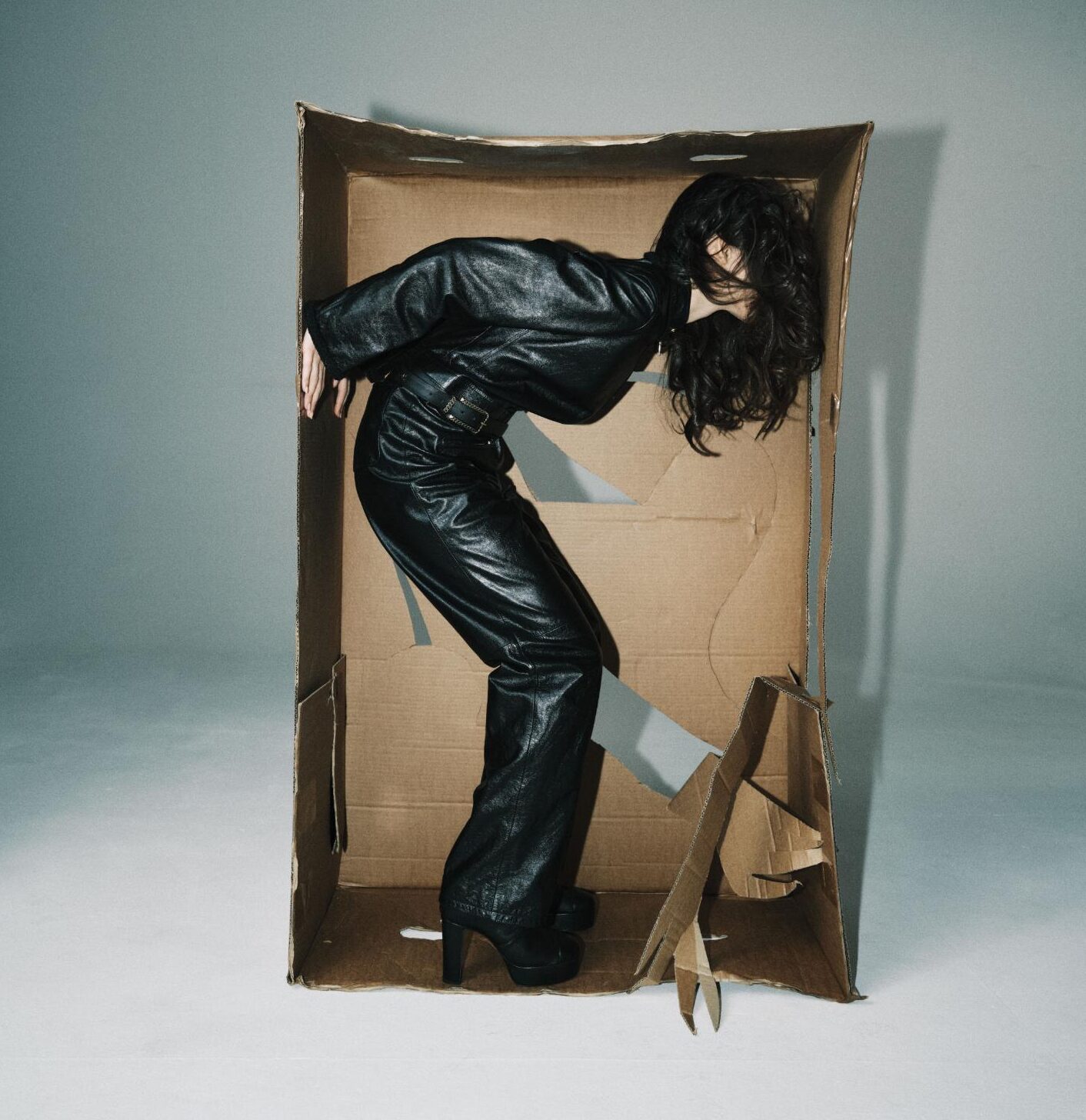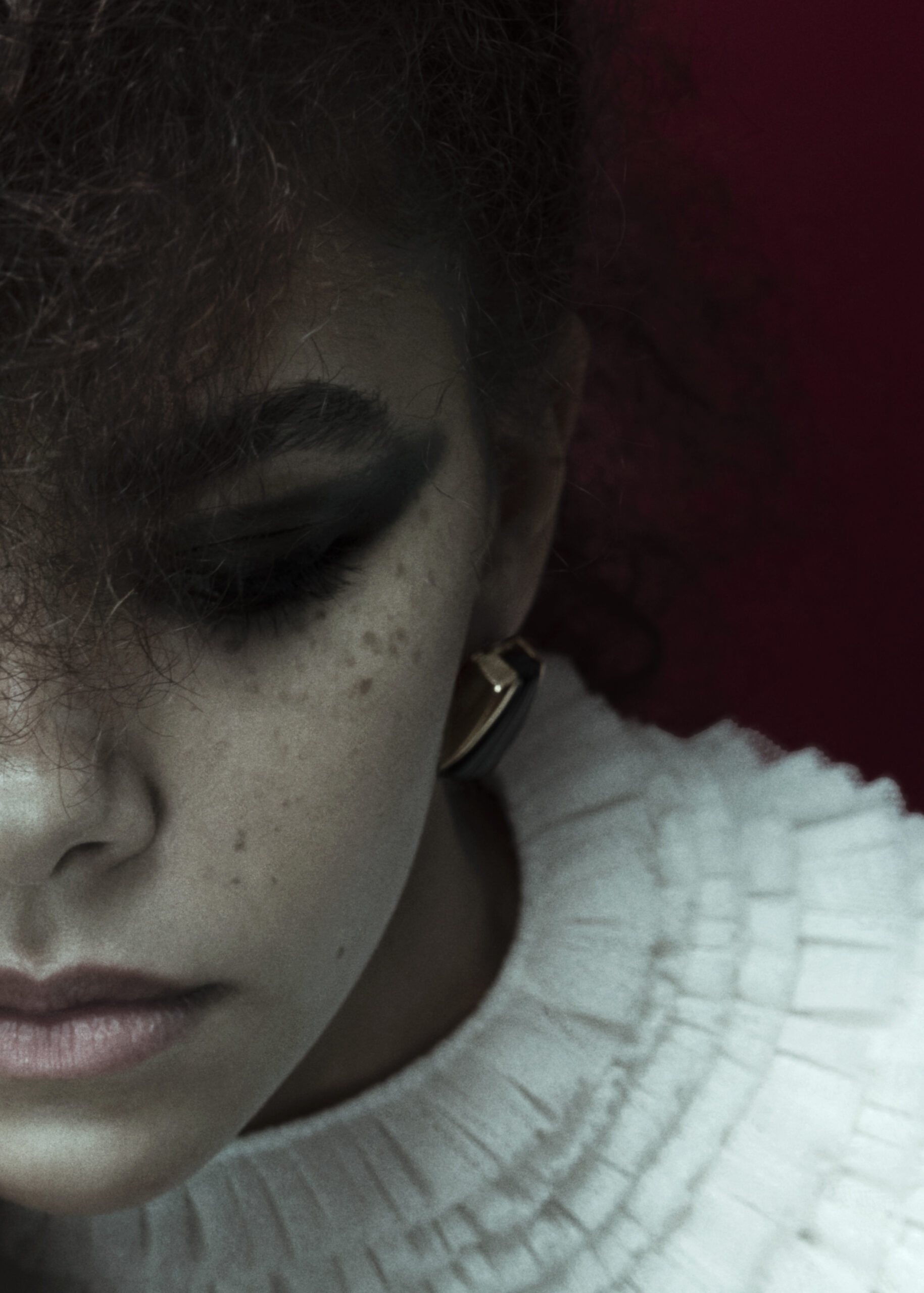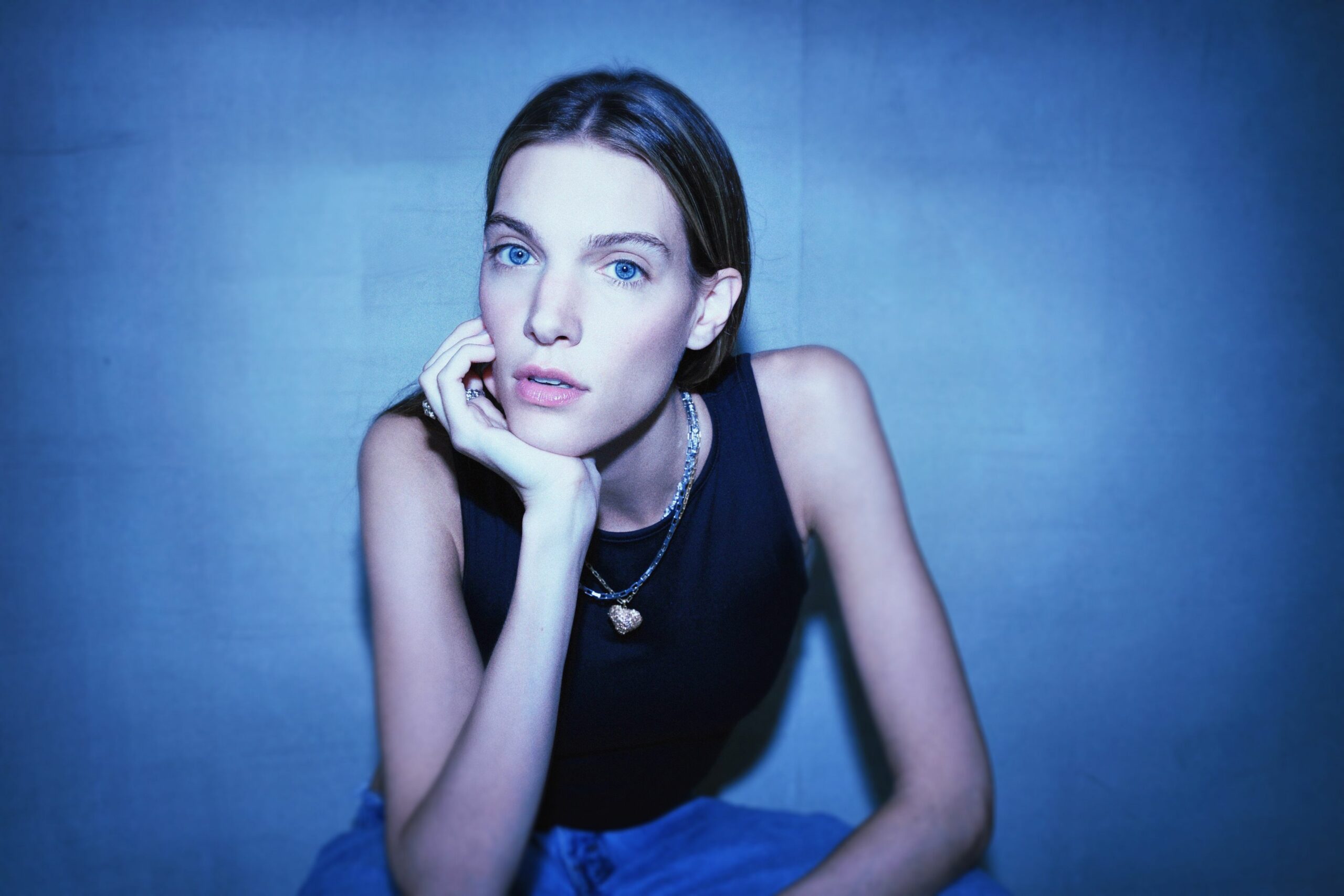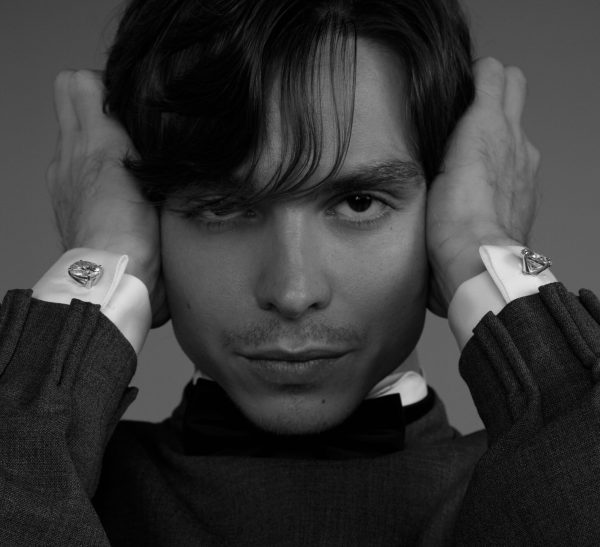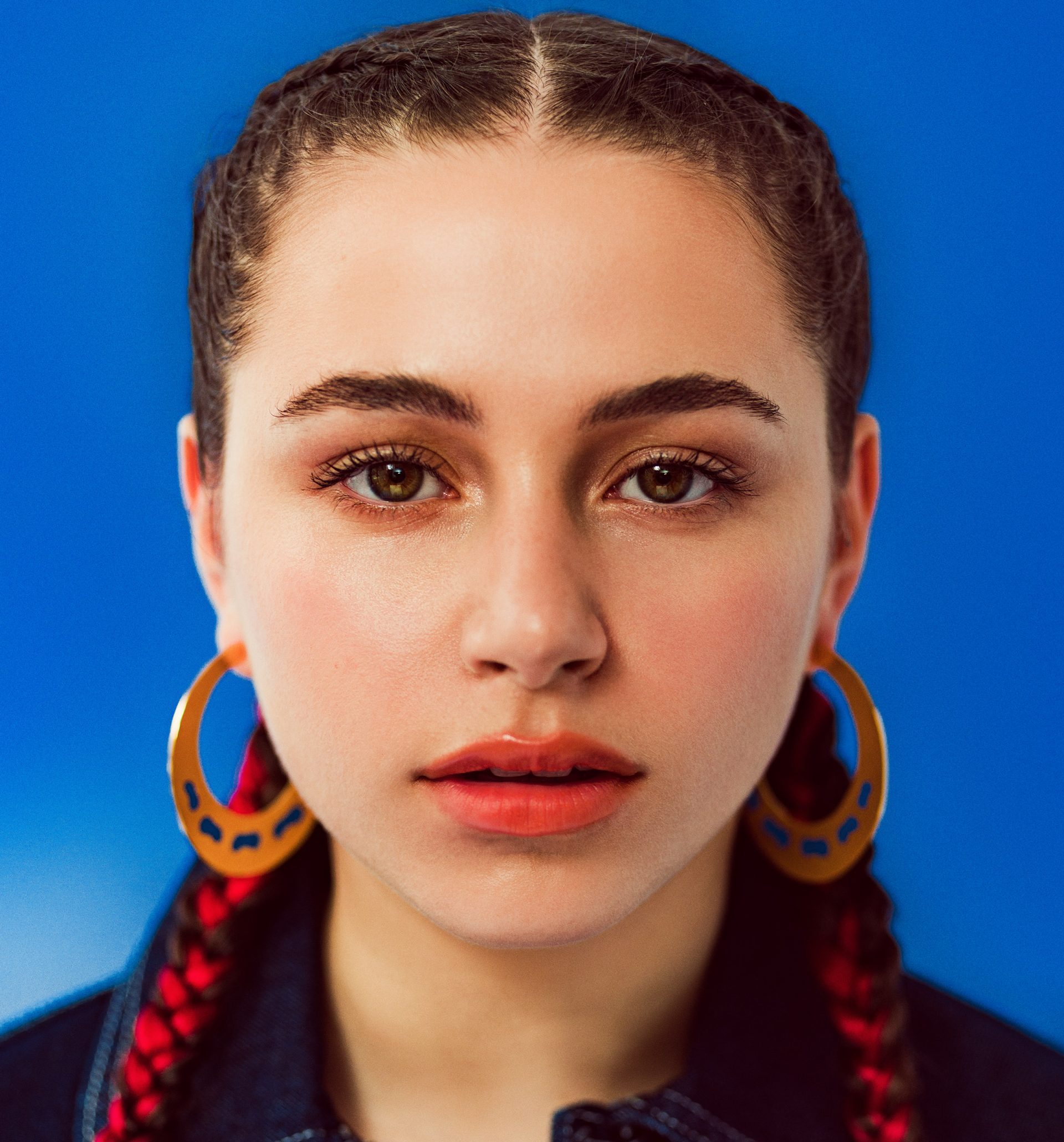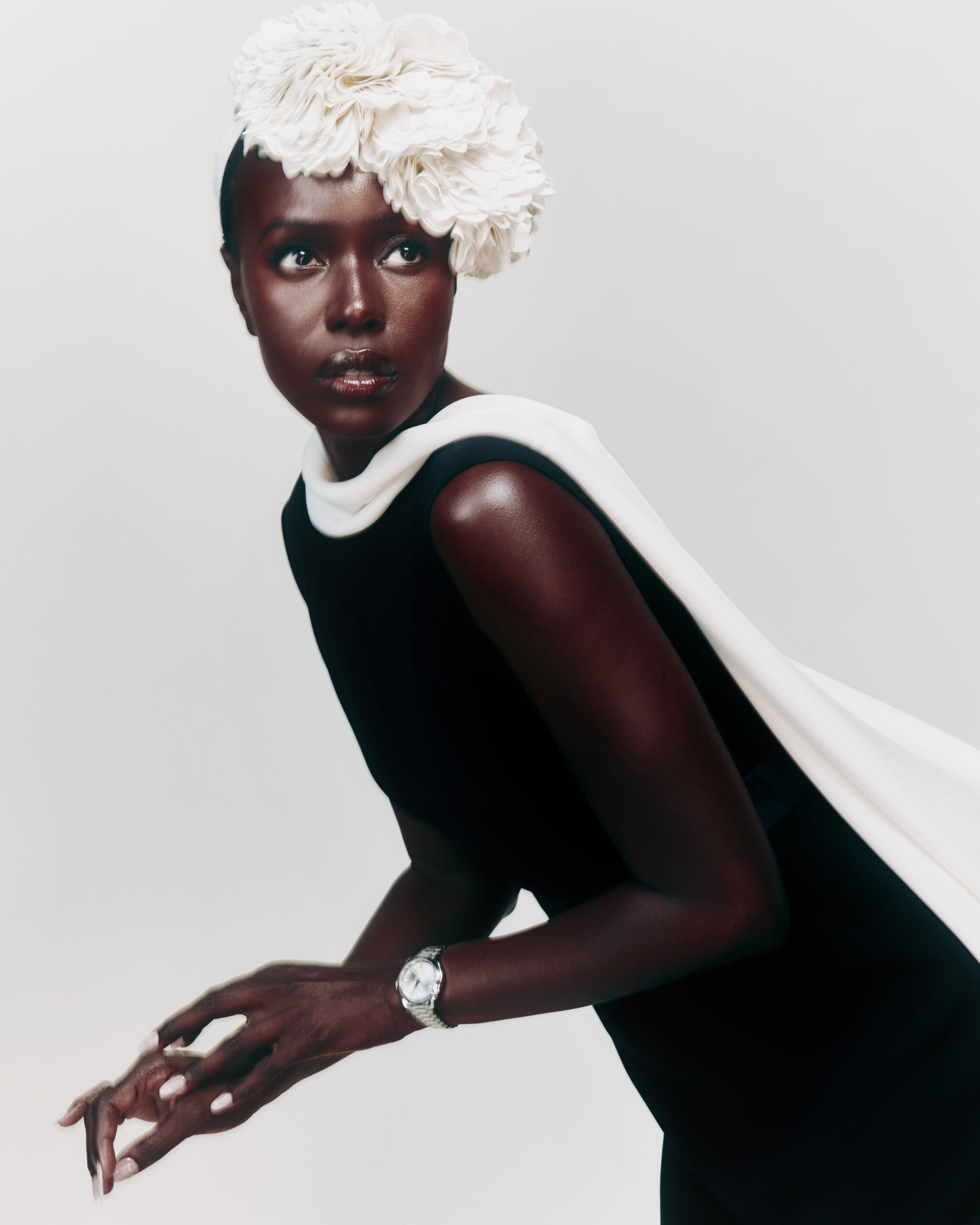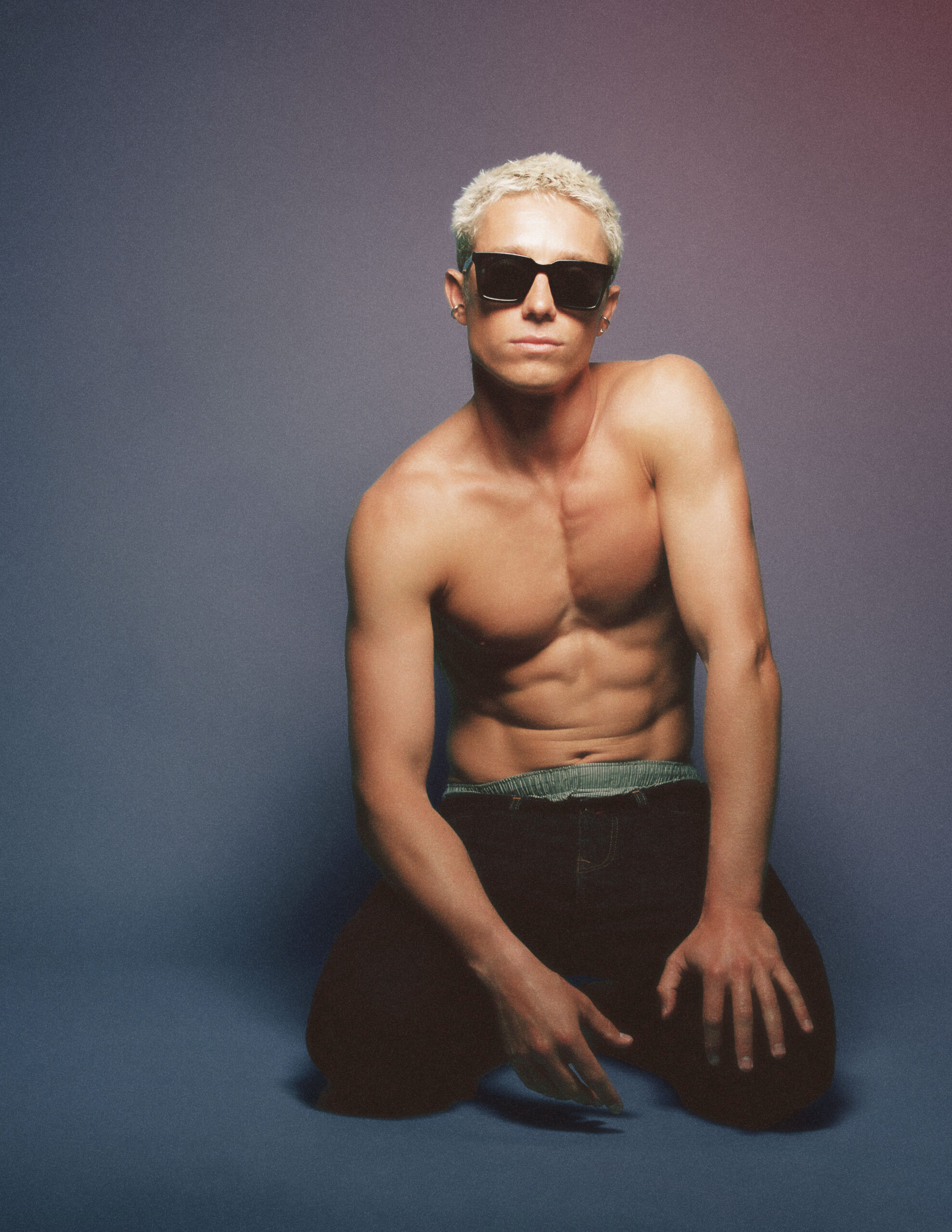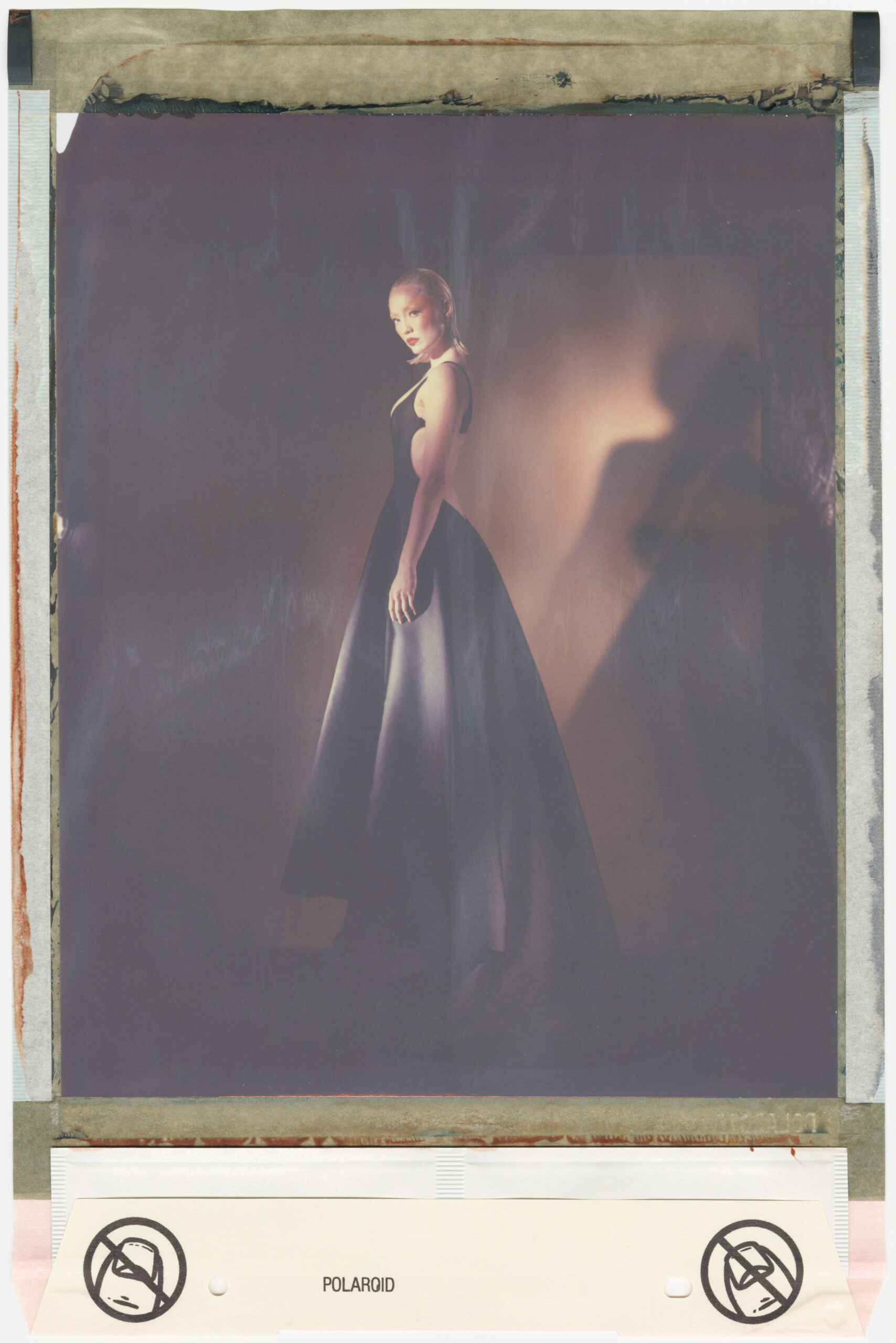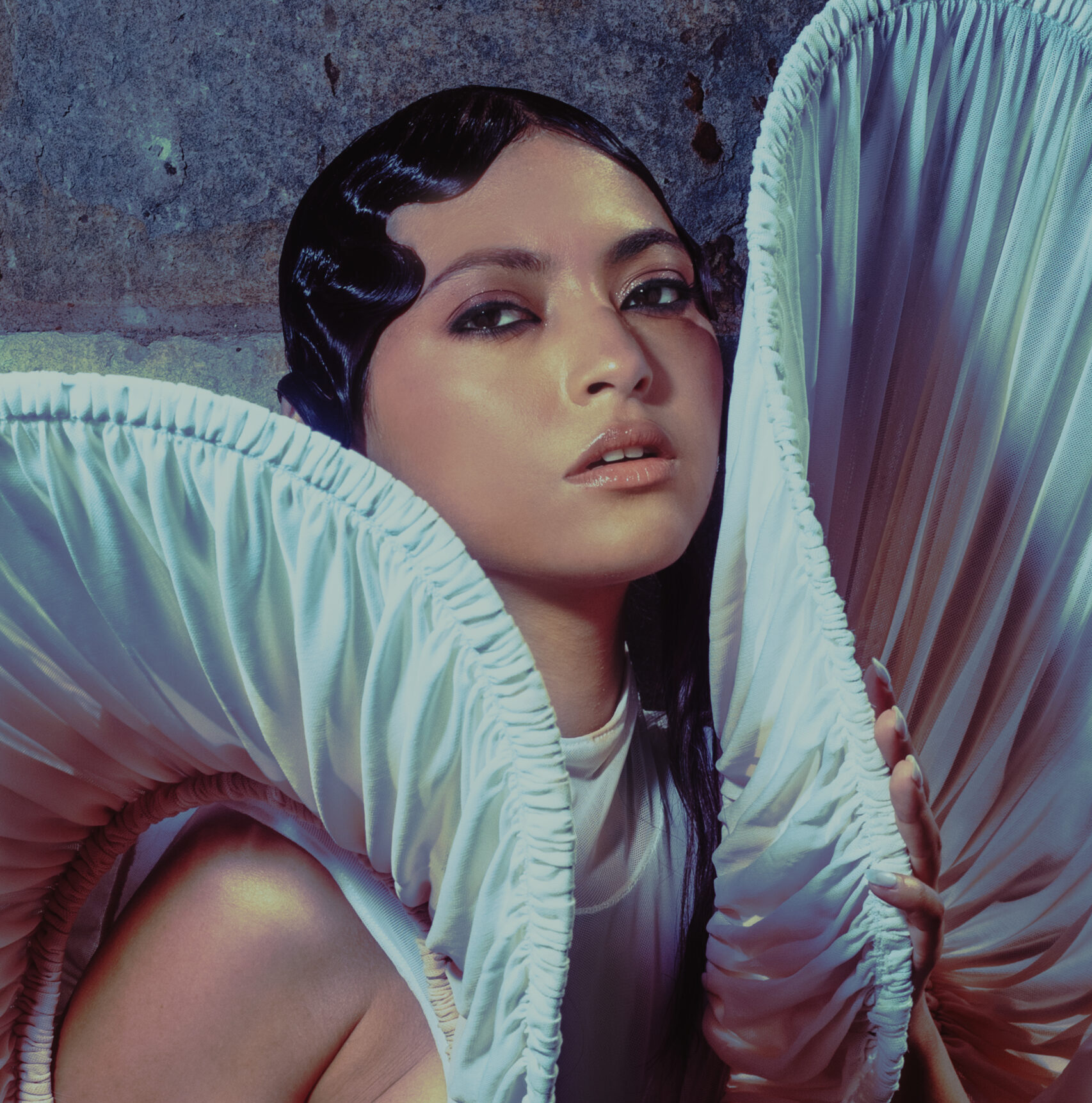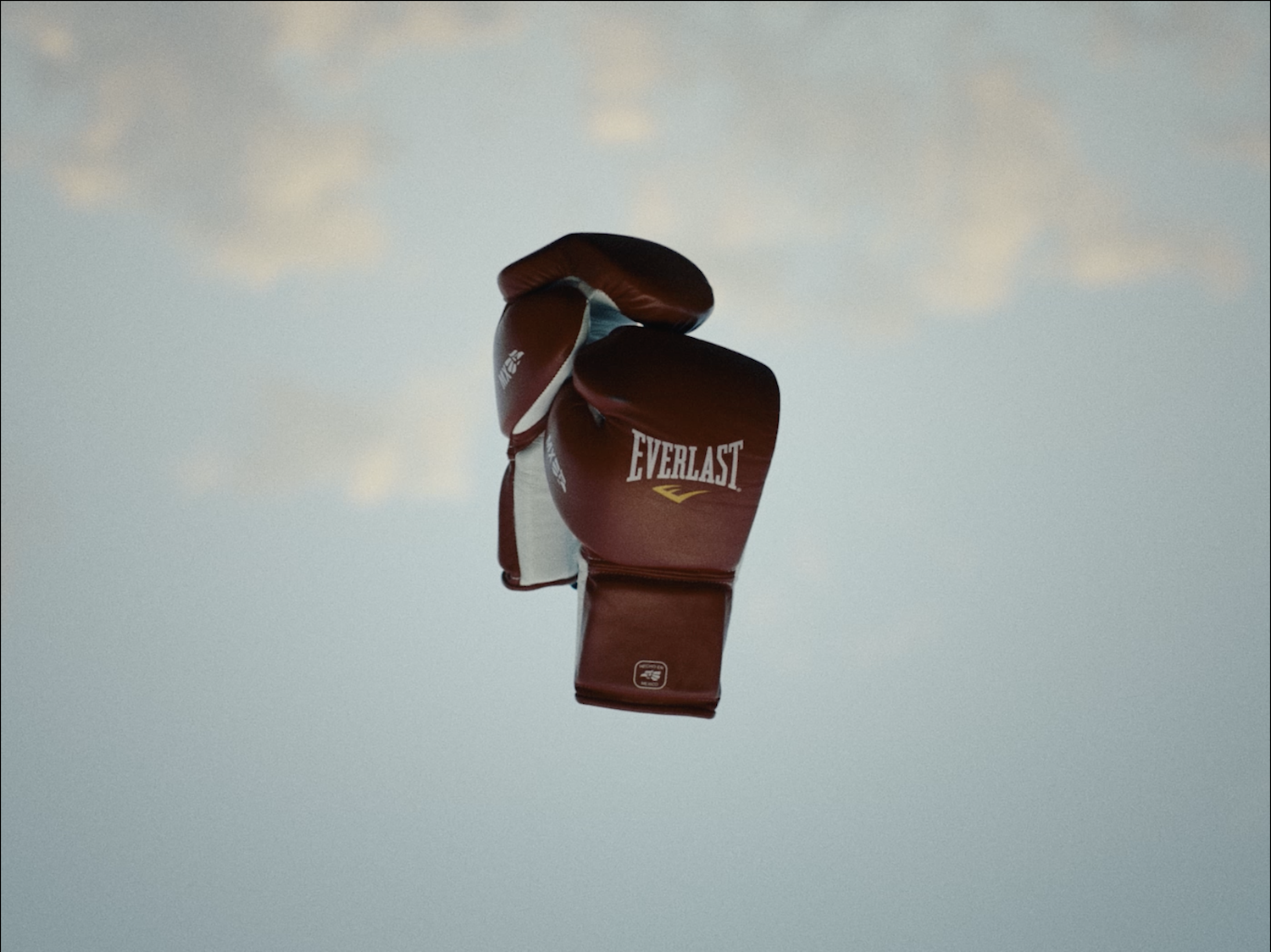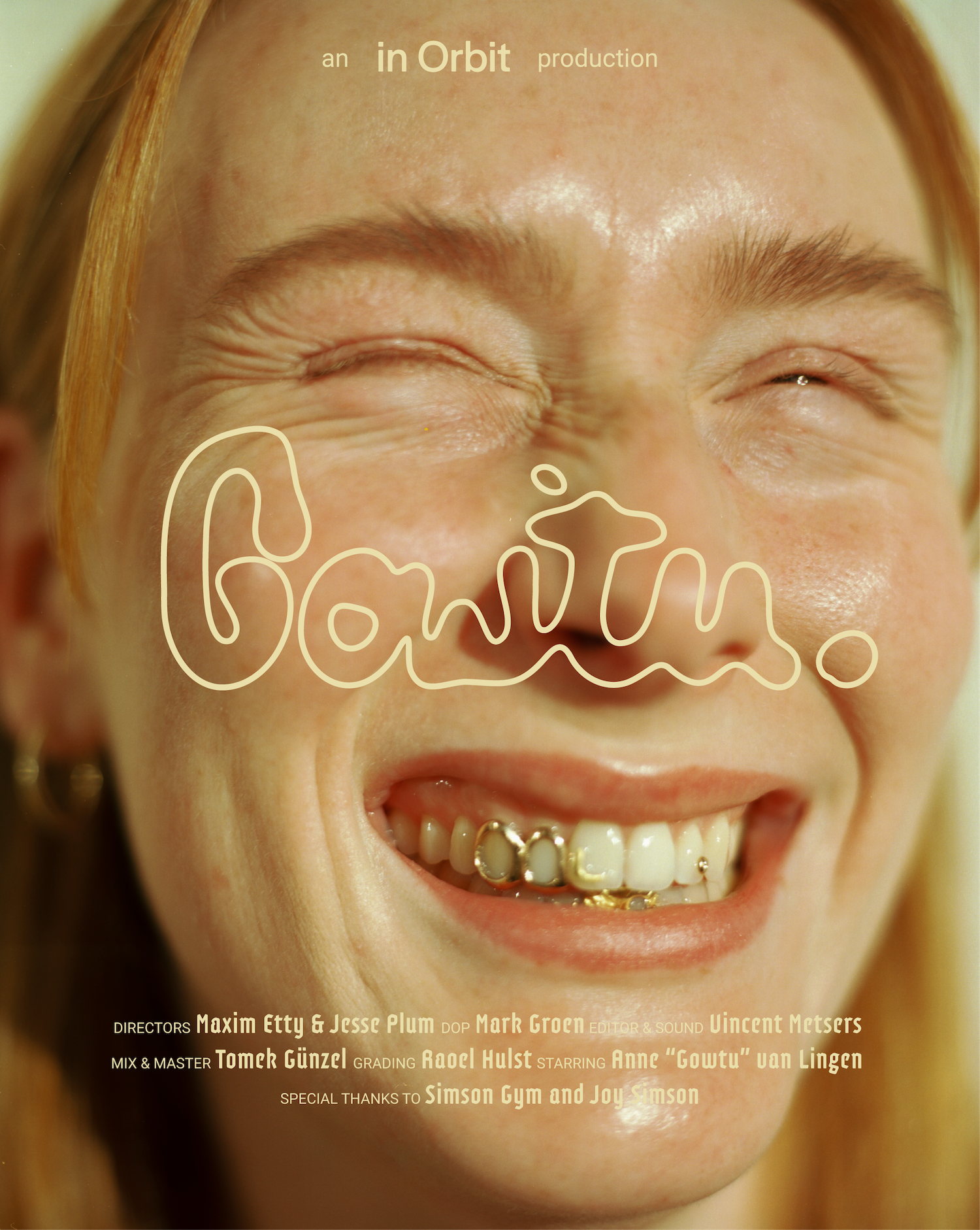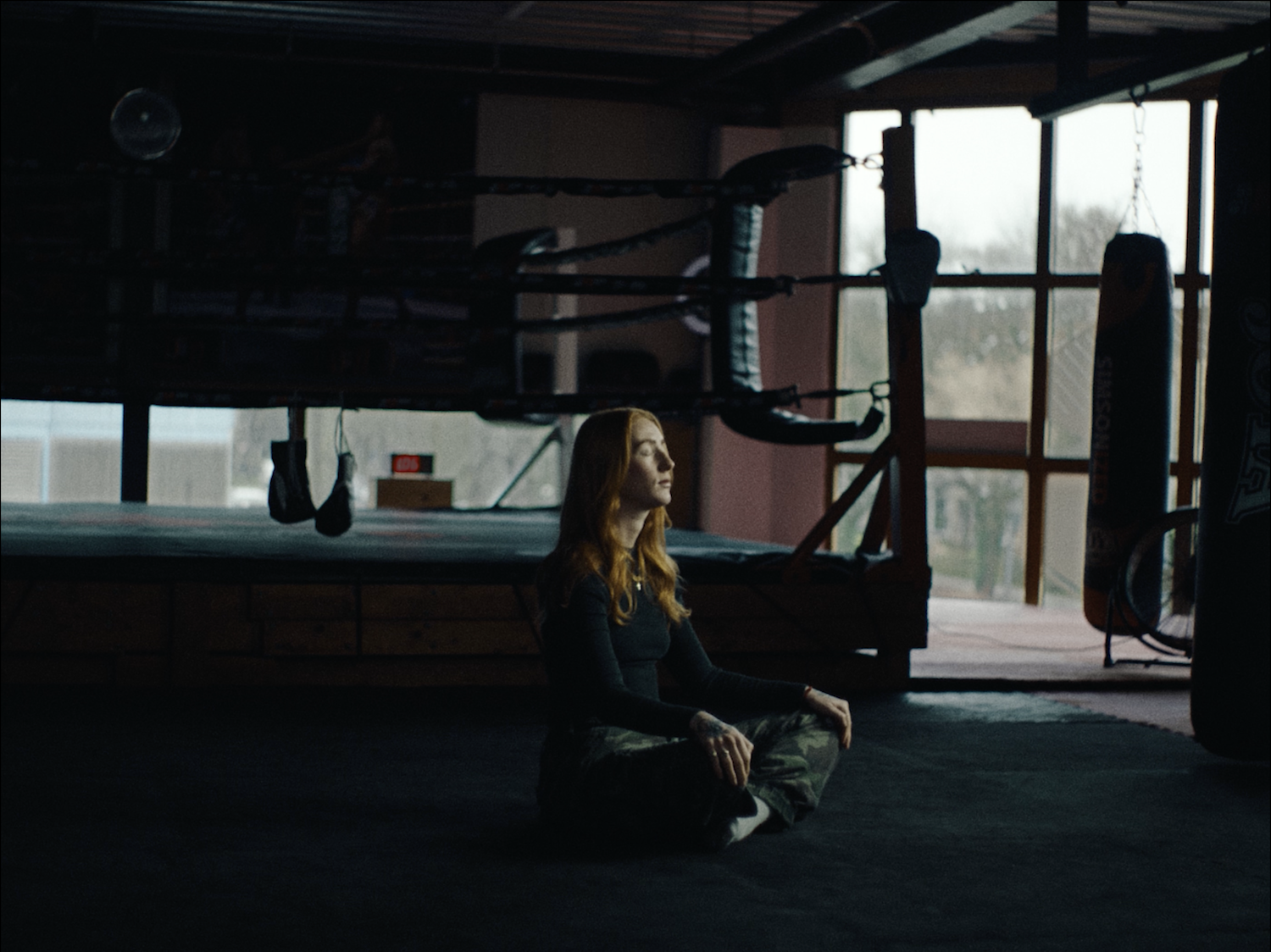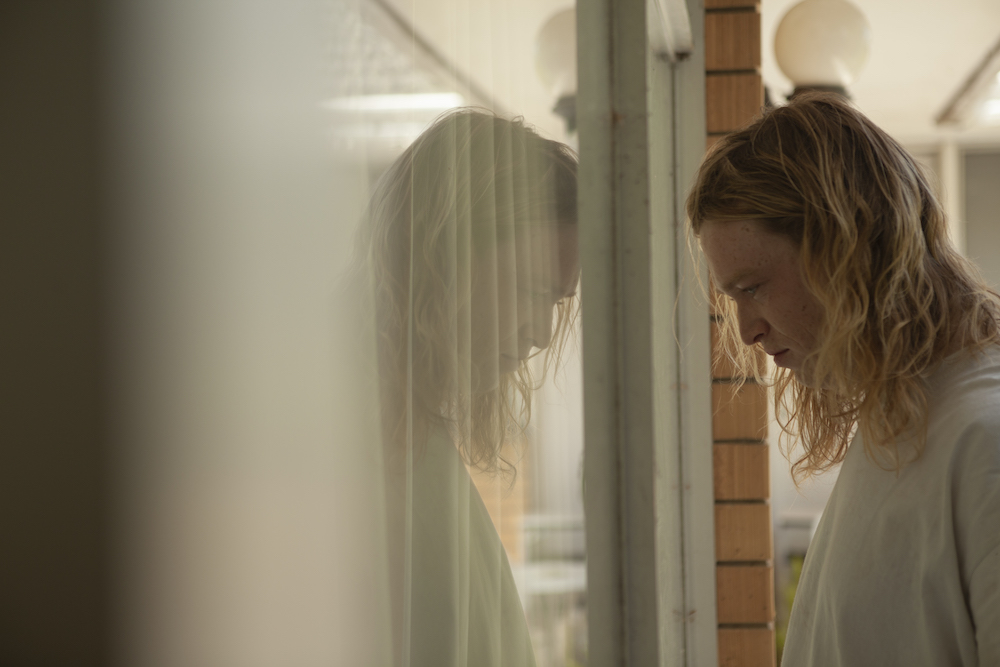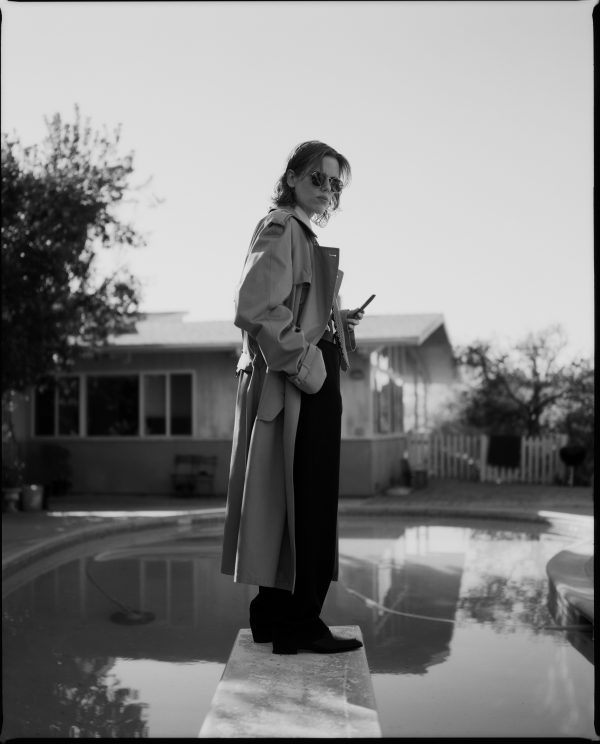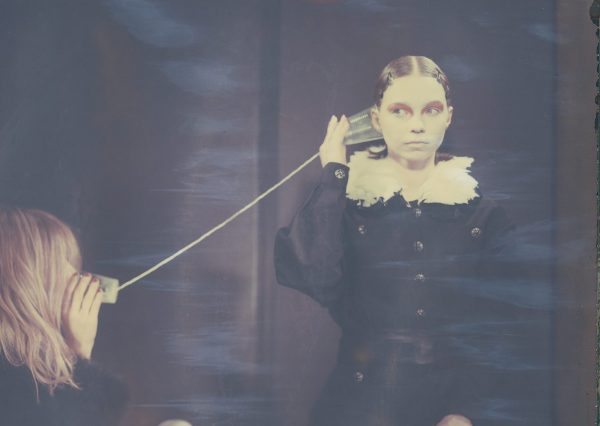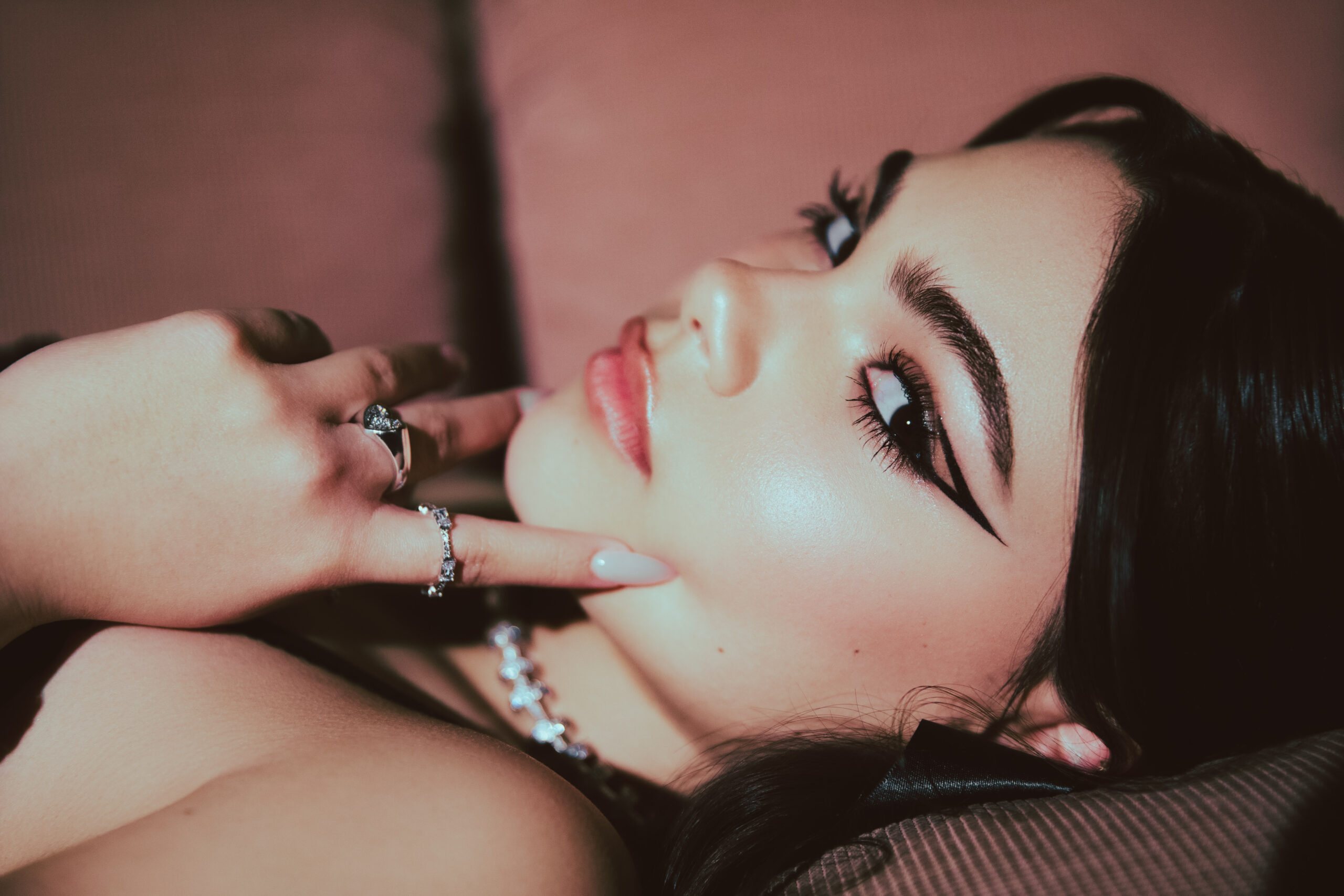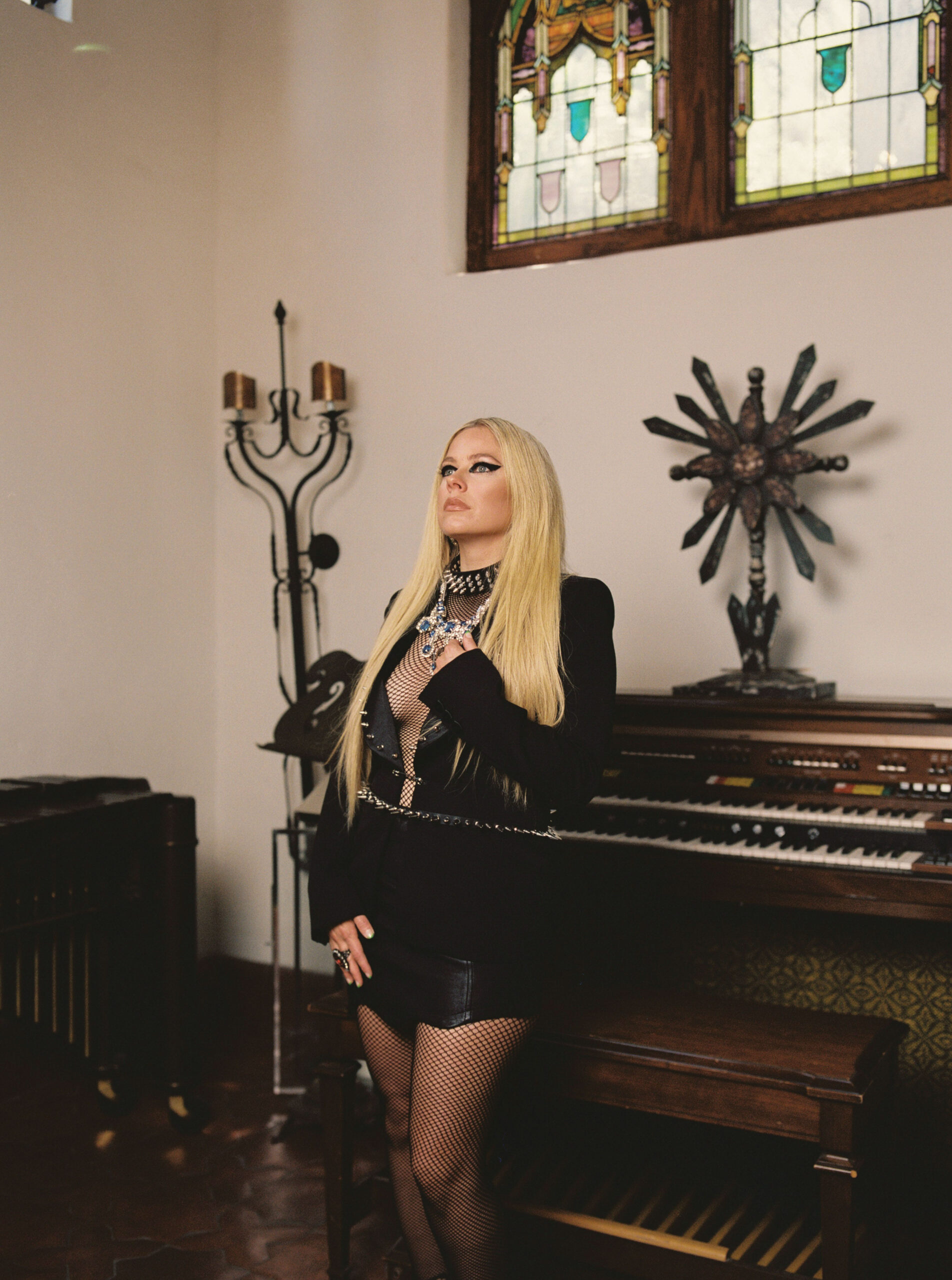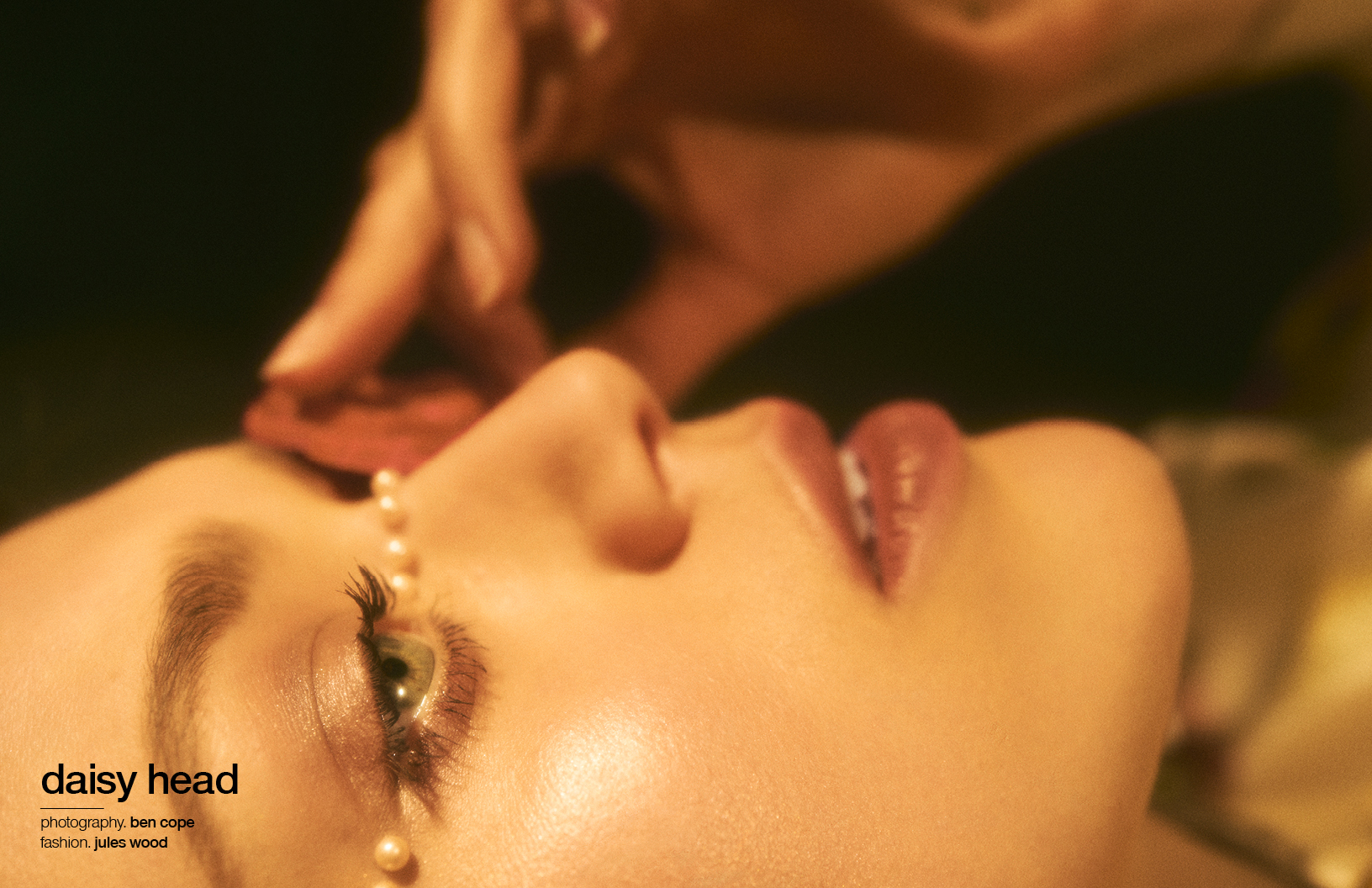
“Our physical self is the one thing that we inevitably share with our characters, so it is a very liveable experience for every cell in the body,” actress Daisy Head powerfully explains. In the past few months, audiences have seen two distinctly different spirits inhabit Daisy – one being Genya Safin in Netflix’s Shadow and Bone, a steel-spirited Grisha, and the other being Sofina in Dungeons & Dragons: Honor Among Thieves, a shrewd Red Wizard of Thay. While Daisy pulls from each character’s suffering and isolation, she is acutely aware that each character’s choices, in spite of what they endure, is what defines them. So while Daisy is the vessel in which Genya Safin and Sofina live (funnily enough, both ‘Safin’ and ‘Sofina’ as names originate from the word ‘vessel’) their choices in the name of ruination are drastically different. While Genya battles heartily against the current, Sofina is broken and shipwrecked.
And while these roles are separate entities and don’t necessarily lend themselves to comparison, they serve as a means of understanding more about Daisy’s approach to each character in how she seeks to understand them and portray a human experience no matter if the character is justified or not. In worlds of fantasy and inhumanity, she is continually intrigued by human perseverance and limitlessness.
Daisy seems to be a person of sage wisdom, and cares deeply about how she can take care of herself – body and mind – so that she can grow as a person, but also as a vessel for cultivating her characters. In Head’s interview with Schön!, she focuses on a bird’s eye view of the human experience in grief, love, and redemption, and her own perception of herself and the world around her along with its pockets of fantasy.
To start with a fun question, since both Shadow and Bone and Dungeons & Dragons: Honor Among Thieves are fantasy-driven, if you could create a fantasy world suited to your personality, what would it look like?
A fantasy world would be completely organic and green, bursting with life, with pockets of landscapes made entirely edible, which would instantly replenish once eaten. It would be the perfect ecosystem, where all creatures were free of human mistreatment.
I imagine that fantasy would have been a part of your life growing up since your family is also in the industry. Is there any really vivid memory you can share of being made aware of the world of acting at a young age?
My whole family is incredibly creative, so I am incredibly grateful for that natural disposition in myself being recognised, nurtured and supported from the outset. Spending a large part of my formative years on sets, surrounded by such talent across all the departments, opened my eyes up to the myriad possibilities of creating different worlds and being able to immerse yourself within them; the wonder at being able to suspend your disbelief so readily was so inspiring for me to witness. It challenged my perception of my own reality, and encouraged my imagination to run free.
You’ve said many times that acting is so important to you in being able to provide a sense of escape for others and yourself. Other than acting, what is something you recently did that you considered escapist?
Anytime I open a book, listen to music, observe art – or attempt to make my own – cook, and nourish myself with food and movement, or witness a beautiful vista, I consider myself escaping. They are all practices I try to engage in as frequently as possible.
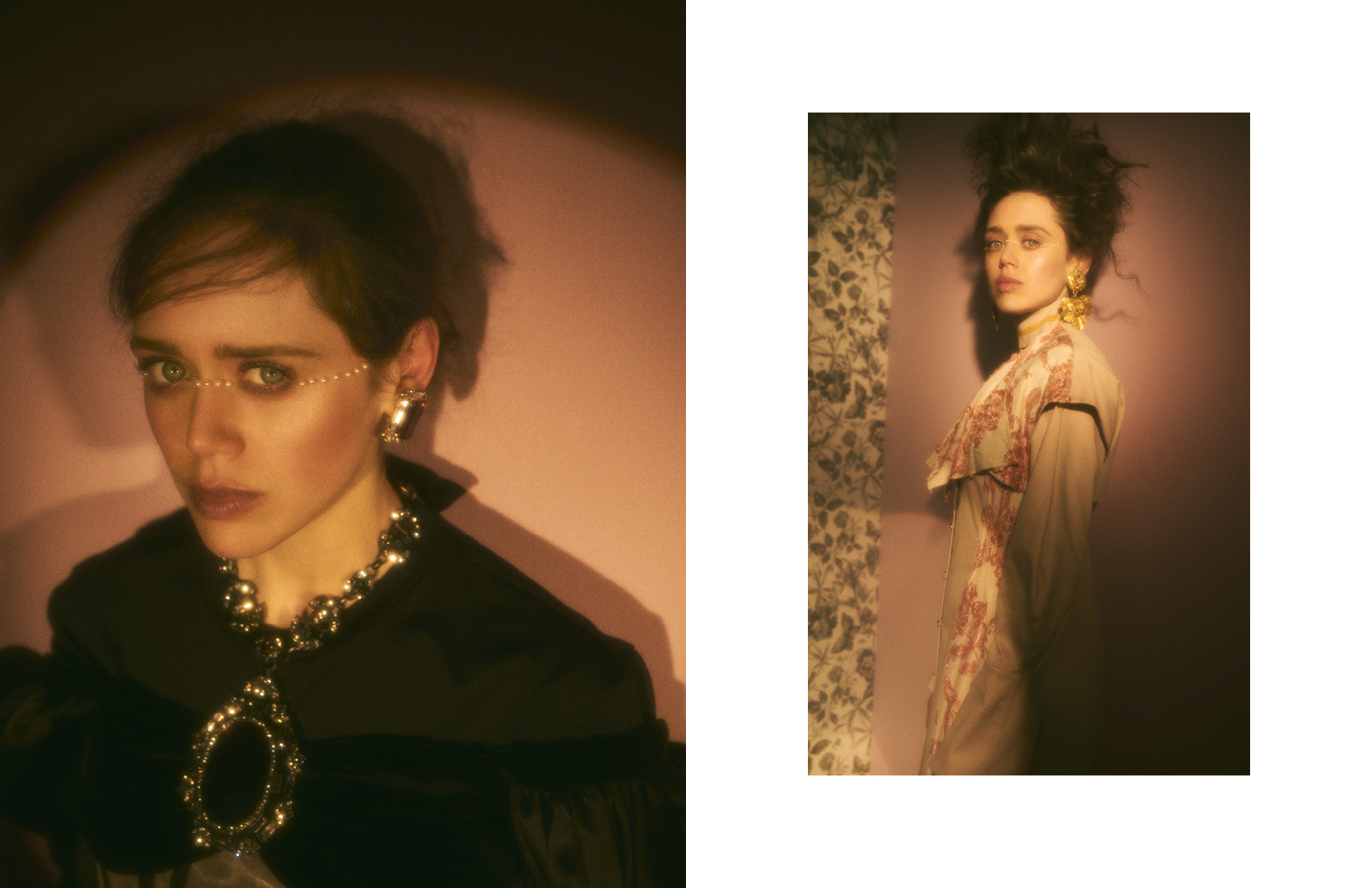
black corset. Rozie London @ Paumé Los Angeles
black shirt. Stylist’s Own
earring. Gianfranco Ferre
necklace. Lanvin
opposite
dress. Sara Wong
earrings. Dominque Aurientis Paris
I saw in an interview that if you could be an animal you’d be a bird because you always liked the idea of having a bird’s eye view, so to turn this into a bit of a large question, do you feel like you’re a bigger picture type of person?
I think as a human, it can be so easy to be very inward looking and live a very insular existence, because we typically feel before we think, and experience the world from the inside out; it can be easy to lose sight of the bigger picture. We need to expand our field of vision in order to recognise that shadows that appear to loom so large in our immediate periphery are not as big when we broaden our horizon and witness the expansiveness of the universe. It can be so easy to get caught up in the minutiae of the smaller things that are ultimately leading towards something bigger; a quote from Terri St. Cloud put words to this perfectly: “She could never go back and make some of the details pretty. All she could do was move forward and make the whole beautiful”…no matter how much we feel we may mess up along the way, it all counts towards moving forwards, breath by breath. So yes, I do consider myself a bigger picture person, but there is a balance between allowing progression beat, by beat, so we don’t become overwhelmed by the enormity of things, learning to enjoy the journey rather than focusing solely on the destination, and keeping that overall broader view in mind so we are motivated to continue our exploration and growth.
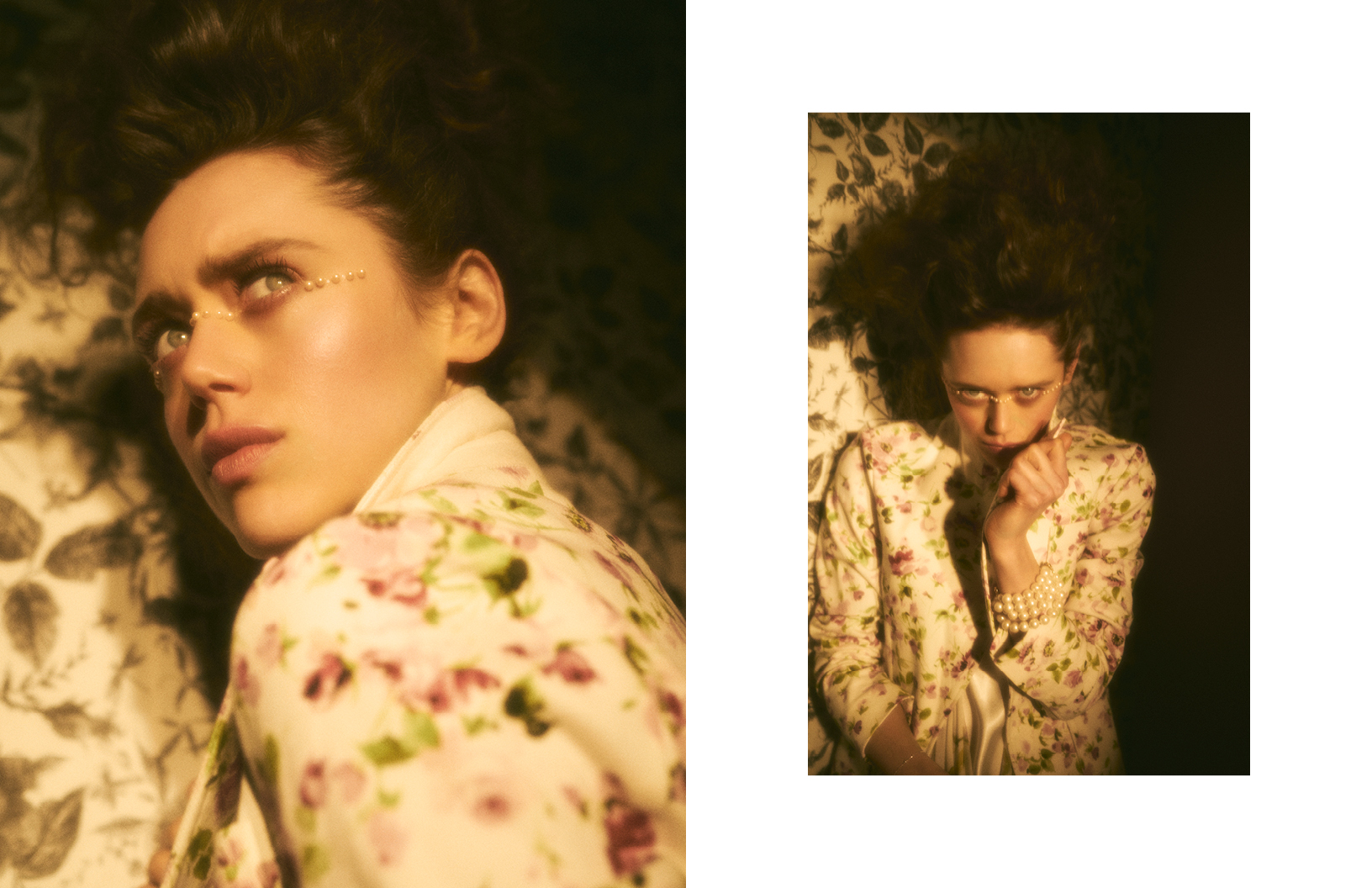
coat. Faith Connexion
dress. Christian Dior by John Galliano @ Paumé Los Angeles
opposite
coat. Faith Connexion
dress. Christian Dior by John Galliano @ Paumé Los Angeles
Another quote to bring up is one that you mentioned in another one of your interviews. You quoted Rainer Maria Rilke saying “Be patient toward all that is unresolved in your heart and try to love the questions themselves… live the question now perhaps you will gradually without noticing it live along some distant day into the answer” which really struck me. In your work, have you had a time when you had unresolved questions about one of your characters, but found that you were living in the answer as you were becoming the character?
I think that can be said for every character – the more we live with them, the better they become known to us, but I don’t attach to finding the answers immediately, if at all sometimes, but rather observe and explore facets of them that come naturally without being restricted as to having to find reason. Like us, our characters are in constant progress, it would be impossible to find or create the answers to every single question.
I want to just briefly get into Shadow and Bone because I’m a huge fan of the show and really loved every single one of your scenes as Genya. Genya’s scenes were some of the most emotionally raw of the season – is there one that sticks out to you when thinking about filming or watching it?
Yes – Genya’s story is a very raw and emotional one and obviously my own emotional state can be compromised when conveying such visceral feelings. Although the triggers and the manifestation may differ between self and character, the body is keeping check, and doesn’t know the difference, even if your brain does. Of course they have a lasting impact on me, and our physical self is the one thing that we inevitably share with our characters, so it is a very liveable experience for every cell in the body.
There is one scene where Genya is profoundly impacted by the potential loss of David and is consumed by a tidal wave of grief. I had struggled with a lack of sleep the night prior, and we had to shoot it at the end of a long day, so I took myself into a corner and drummed up all the emotion I could muster to put myself into a similar headspace. I was recently asked to commentate on that specific scene, and upon watching was instantly taken back, and involuntarily found myself choking up from the cellular memory of it, it was definitely triggering for me.
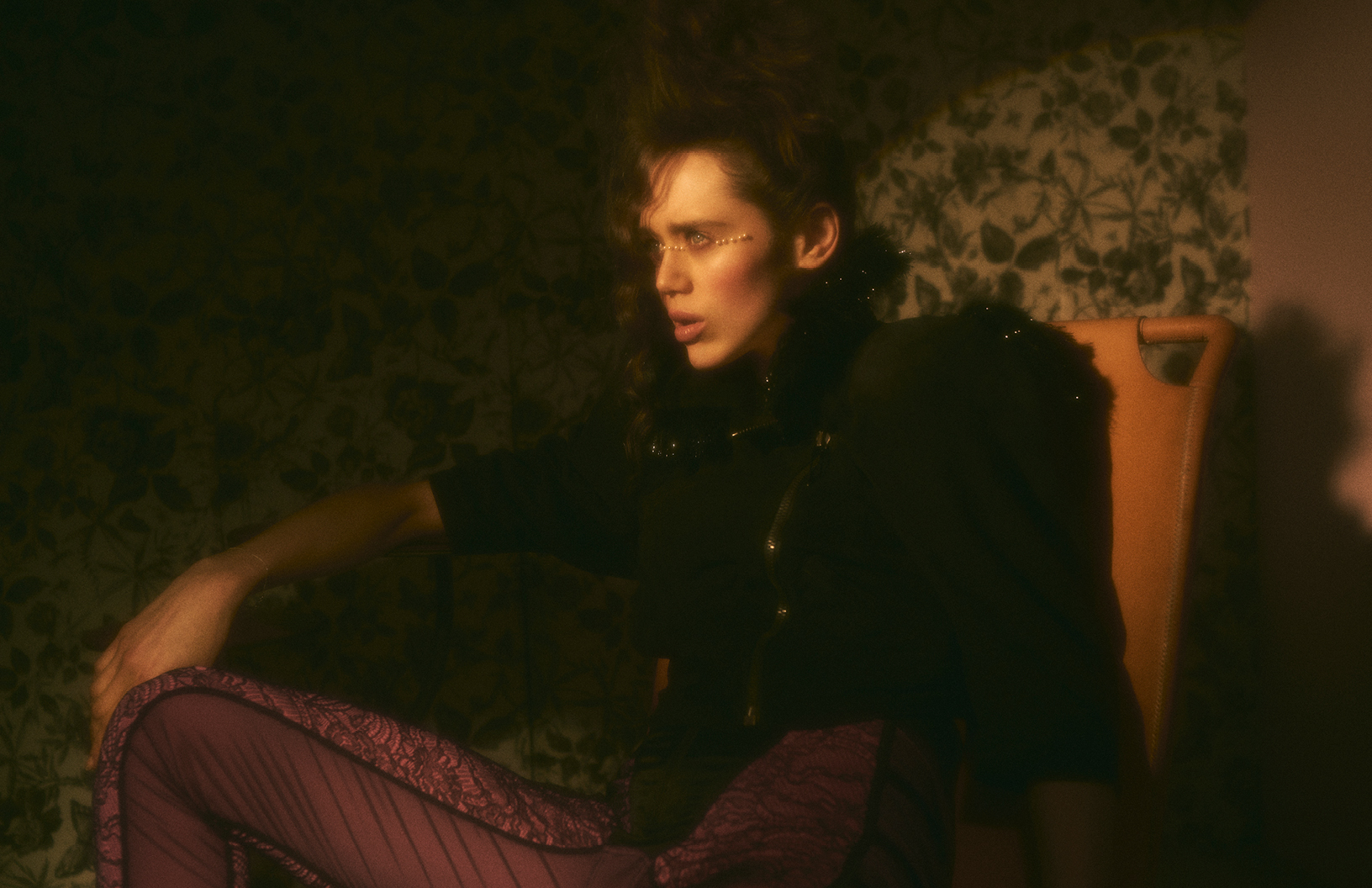
jacket. Olivier Theyskens for Nina Ricci @ Paumé Los Angeles
trousers. Phi Fuchsia @ Paumé Los Angeles
shoes. Balenciaga
Genya is struggling because she put a lot of her identity in her physical beauty, and she doesn’t know how to identify herself now that that’s considered “ruined.” In your own life, have you ever experienced a time when you felt like a part of your identity had been lost or changed significantly?
I am fortunate to have always known my own self, and to have never doubted my own character or how I identify with self. But to be human is to endure life in all its bittersweetness; to be given life is to experience the loss of it and grief changes us in ways I don’t believe spoken language can express. To love deeply is to risk the pain of loss and acceptance of that inevitability, unfortunately does not lessen the degree of impact that loss has on us, and thus the healing, reshaping and remoulding process ensues.
Acceptance is a transformative process. We are not defined by those closest to us, yet being part of our genetic and/or emotional makeup, naturally shapes us and helps us define ourselves, so that part of our identity is inexplicably tethered to them, both visibly and invisibly. We are therefore indubitably left significantly marked by grief, thus changed in some incomprehensible ways, but we do not have to stray from our true selves in the meantime. We cannot choose pain, but we can choose whether to remain in the suffering as a result, and I think that choice alone challenges us and ultimately defines us as the people we are, and the people we become, in spite of all we endure. We are responsible for our lives, we are in constant progress, such is the nature of growth, and as Cheryl Strayed wisely put, “Transformation doesn’t ask that you stop being you. It demands that you find a way back to the authenticity and strength that’s already inside of you. You only have to bloom.”
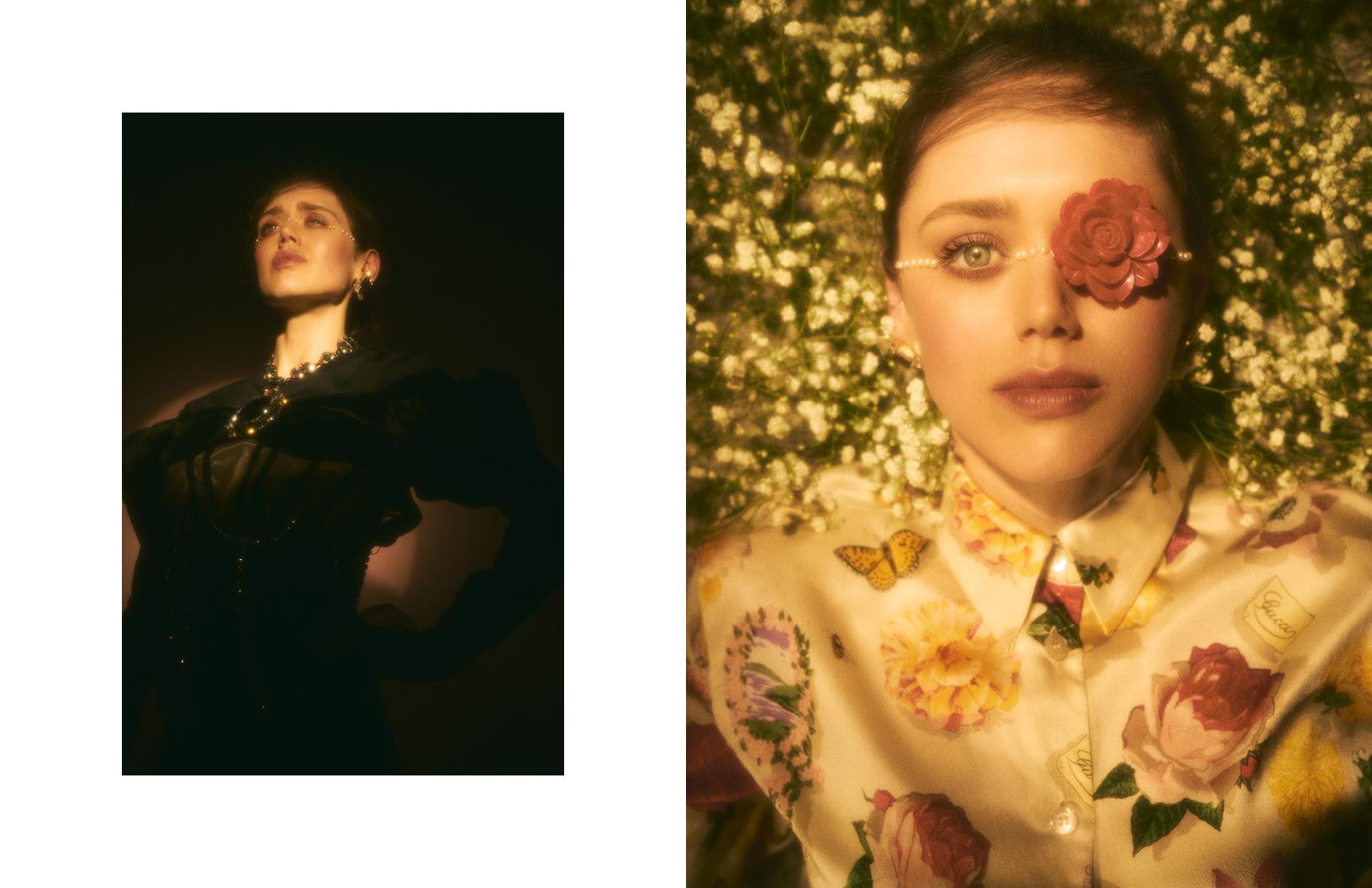
crystal corset. Area NYC @ Paumé Los Angeles
black corset. Rozie London @ Paumé Los Angeles
black shirt. Stylist’s Own
earring. Gianfranco Ferre
necklace. Lanvin
opposite
silk shirt. Gucci
That is a very beautiful answer. I don’t know if you have been tuned in, but the fan response to Shadow and Bone has been incredible in terms of pushing for another season and when I went to see Dungeons & Dragons in theatres, it was one of the few times I saw an audience being so reactive. What do reactions to your performances feel like for you even if it’s been long past filming?
Witnessing positivity towards any work gives merit to the creative process, and it compounds that journey, from my character, as I begin to isolatedly prepare prior to starting filming, to becoming ours as the production collaborates and we develop the characters and the entire storytelling process, to becoming yours, when the project finally becomes the audience’s.
Relating to Sofina in Dungeons & Dragons, you said that even though she is the villain of the story, you tried to find humanity in her through an outcast backstory. Through your experience as an actor in searching for redeeming qualities in characters, do you hold the belief that mostly everyone is redeemable or loveable in some way given their story?
Loveable to someone, perhaps. However, for me, finding reason for behaviour can explain it, though it doesn’t have to justify it. It allows me to understand them, and that understanding is key to being able to authentically portray them.
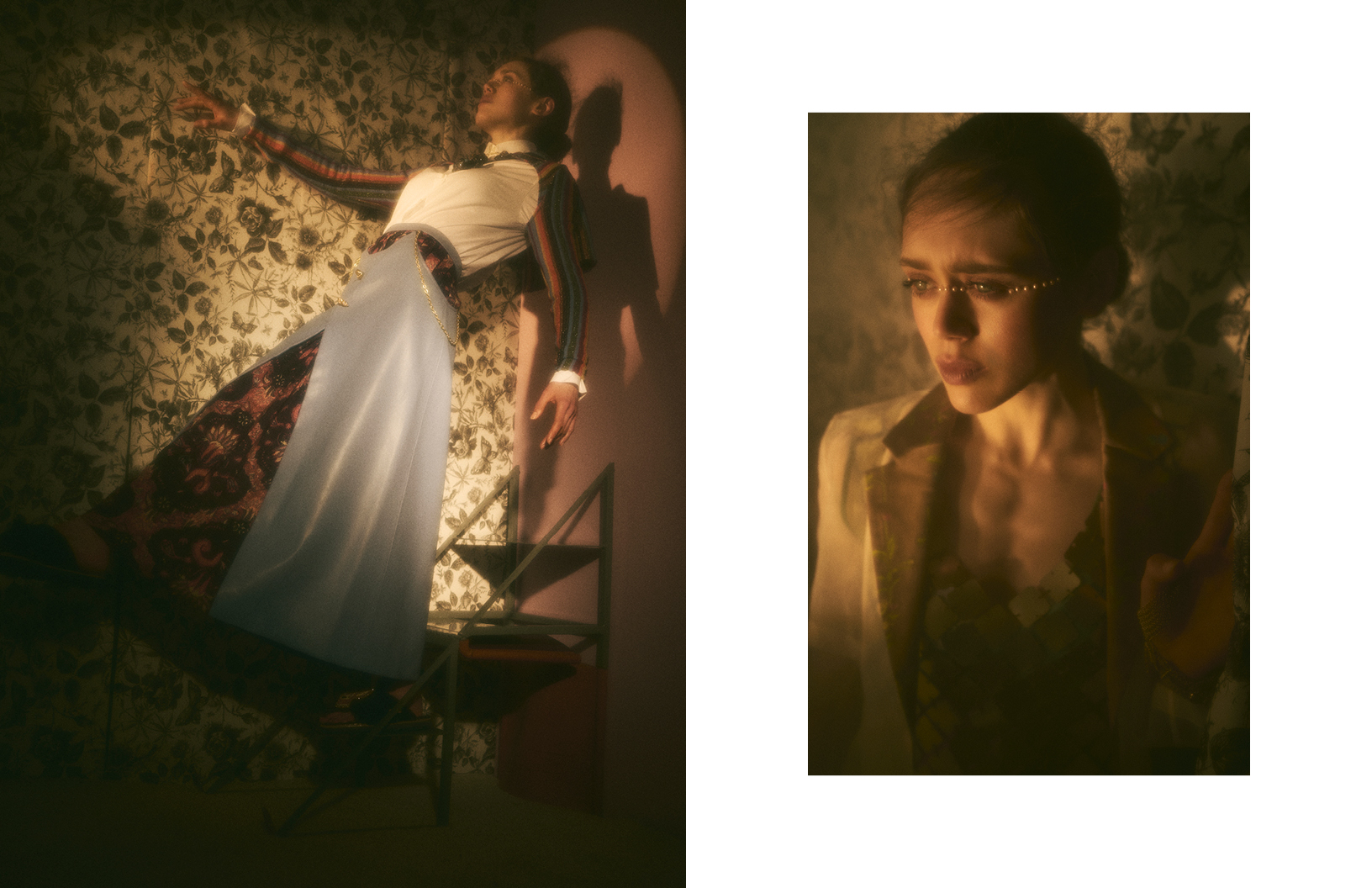
full look. Sara Wong
shoes. Laines London
necklace. Lanvin
opposite
jacket. Sara Wong
gold dress. Paco Rabanne @ Paumé Los Angeles
The spirit of Dungeons & Dragons is about make-believe and humour and adventure so as an actor in this role, was there any decision you made in your portrayal of Sofina that went along with this spirit of having room to play?
Yes our imaginations are limitless and I chose to fully embrace that from the outset, allowing myself to play around and explore different choices to find what felt right from scene to scene. It is liberating to explore in a world with a heightened sense of reality…there is no ceiling both figuratively and sometimes literally…
Anything else you’d like to share about what’s next or your hopes for the future?
To keep living, growing, experiencing and telling stories; I am endlessly grateful for the opportunities that present themselves to me, and I strive to deliver as best I can. I am currently working on an amazing project set in the Civil War, which offers remarkable insight into the world as it was then, and is a really important story that deserves to be heard. Stay tuned.
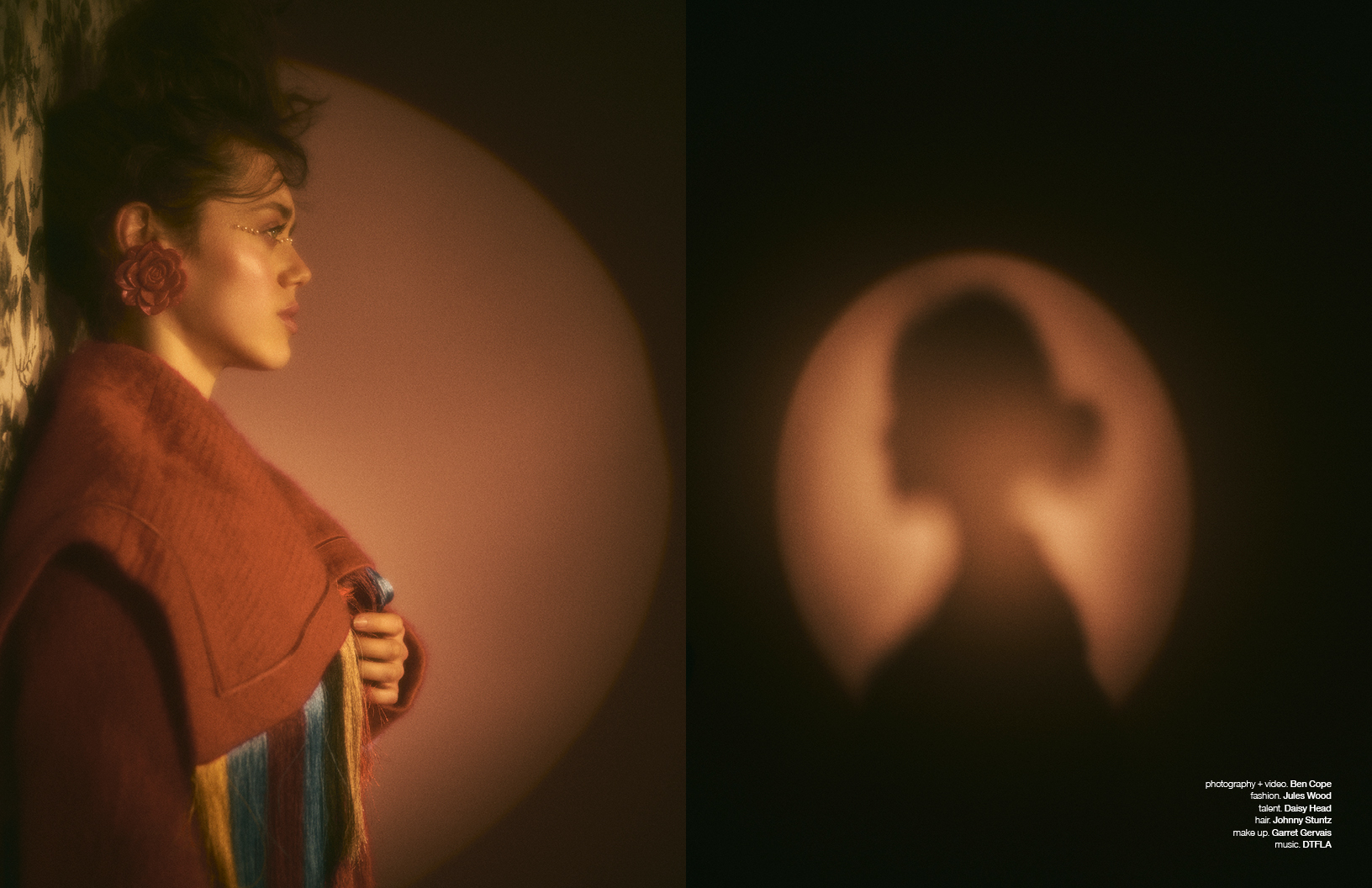
red coat. Sara Wong
rose earrings. Vintage
Shadow and Bone and Dungeons & Dragons: Honor Among Thieves are both out now.
photography + video. Ben Cope
fashion. Jules Wood
talent. Daisy Head
hair. Johnny Stuntz
make up. Garret Gervais
music. DTFLA
interview. Tessa Swantek






